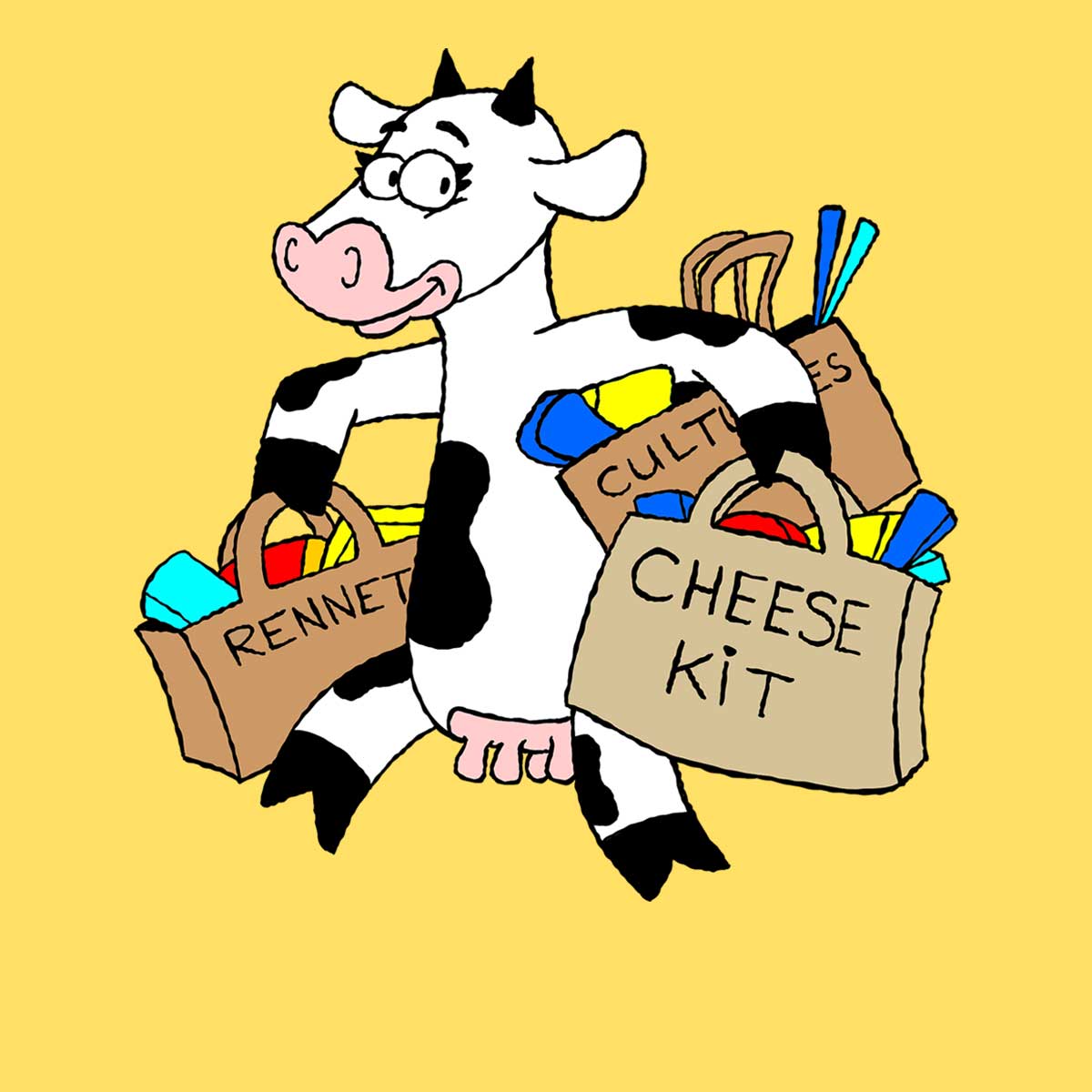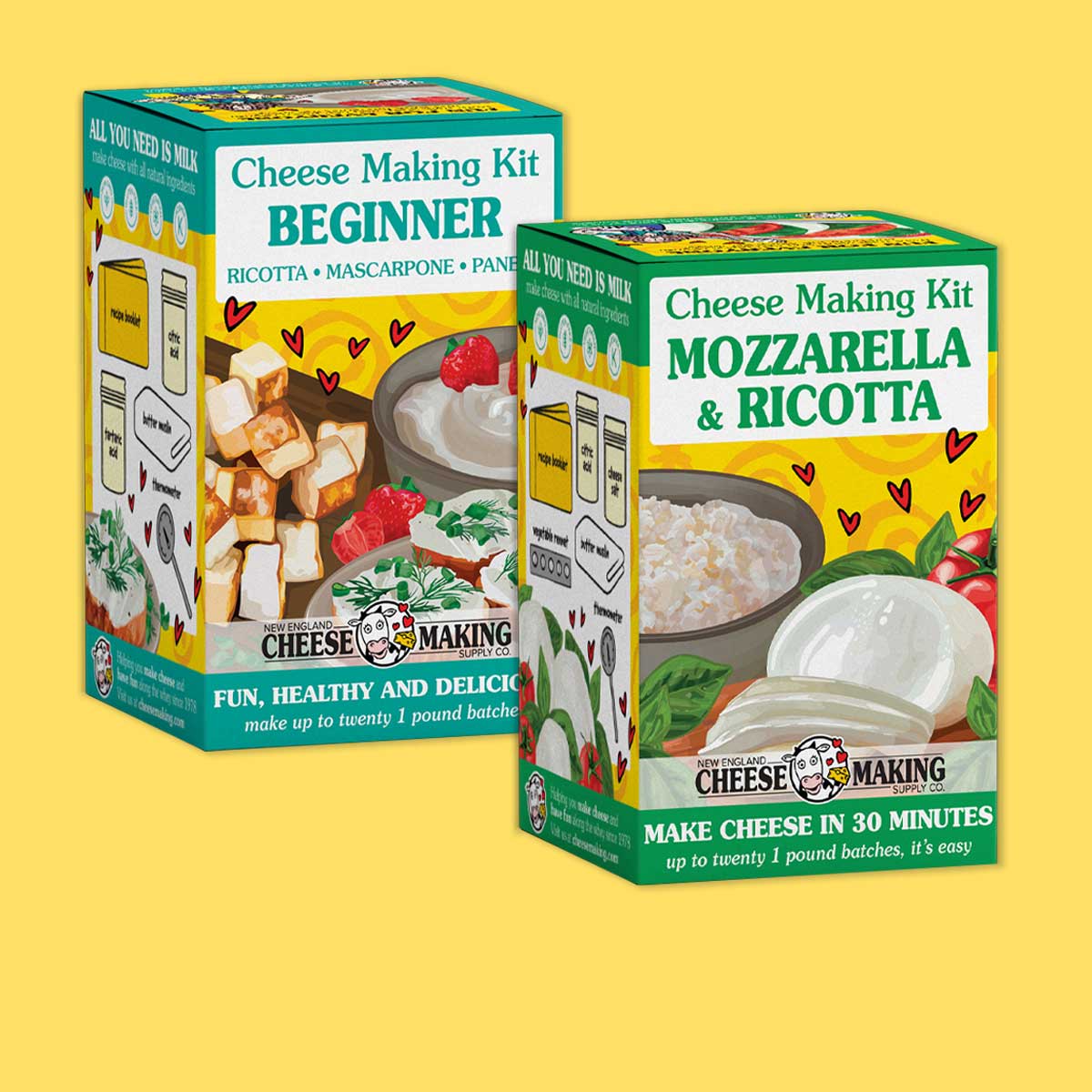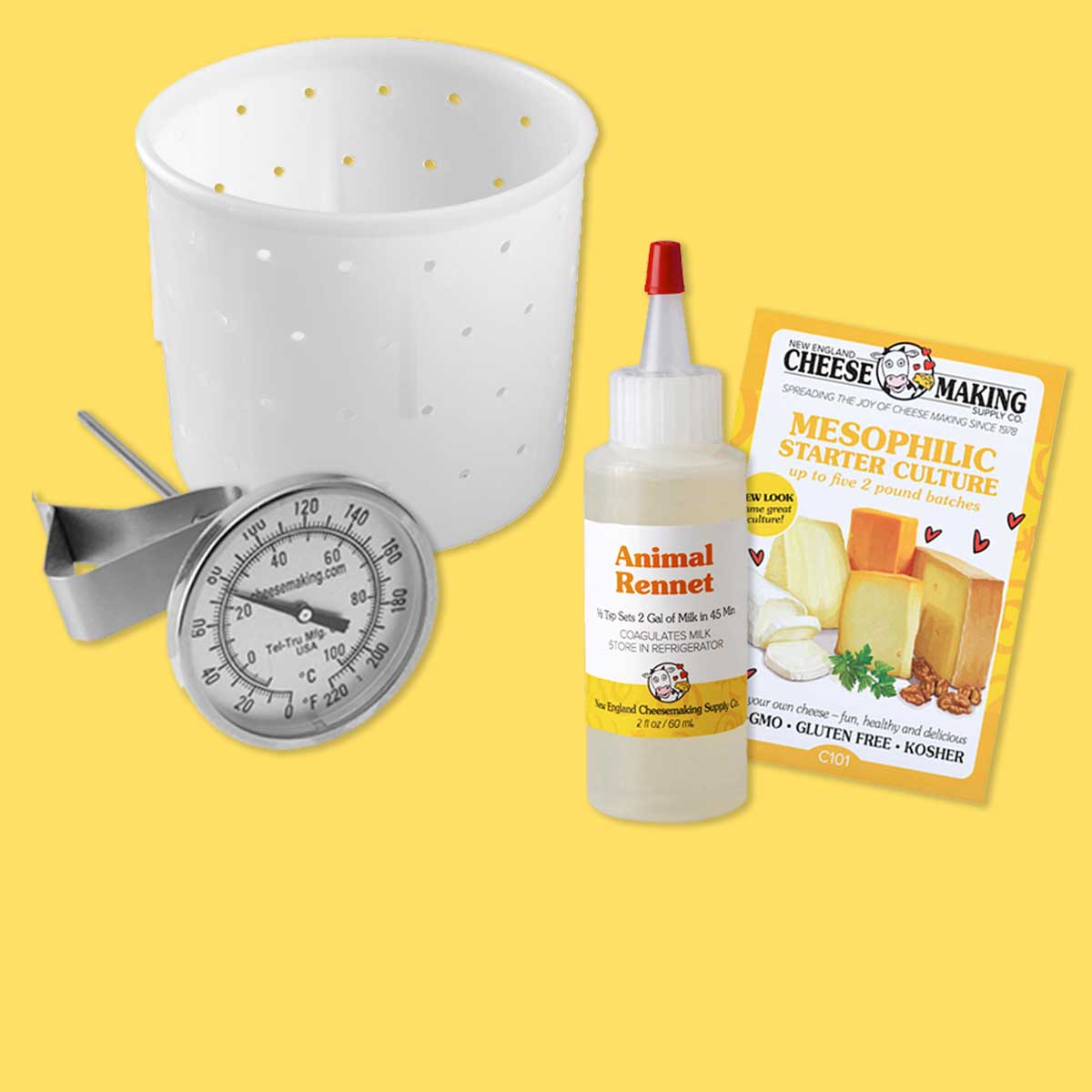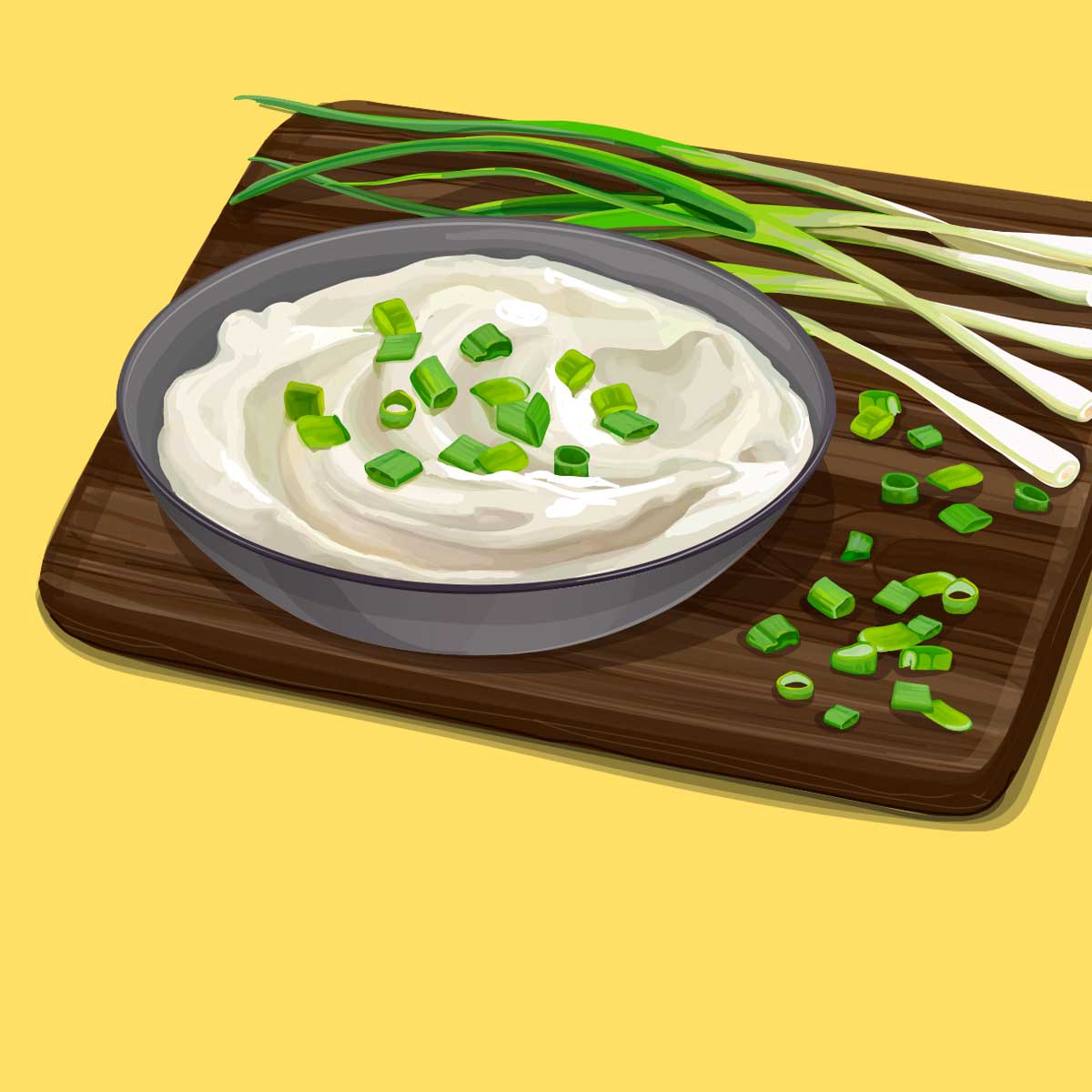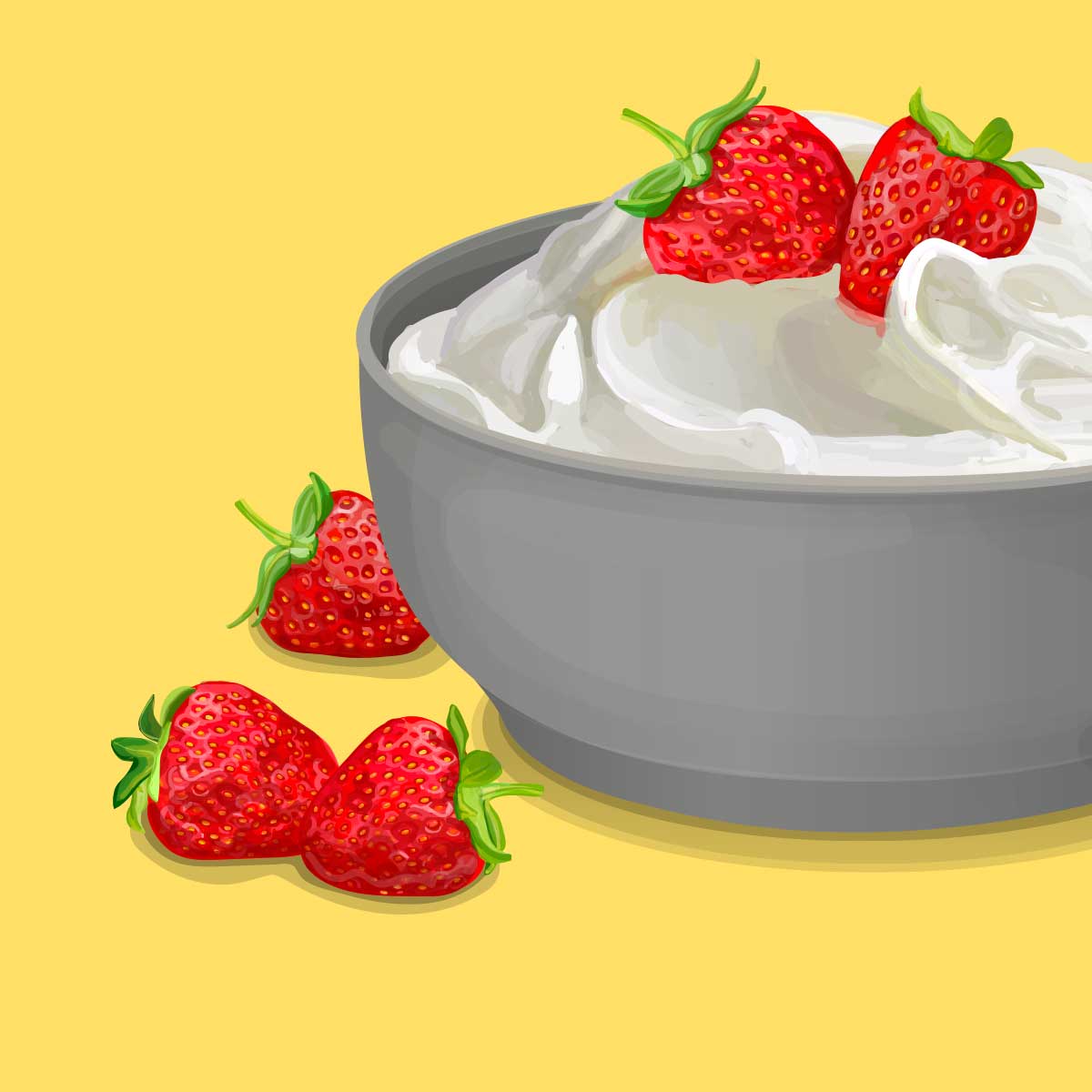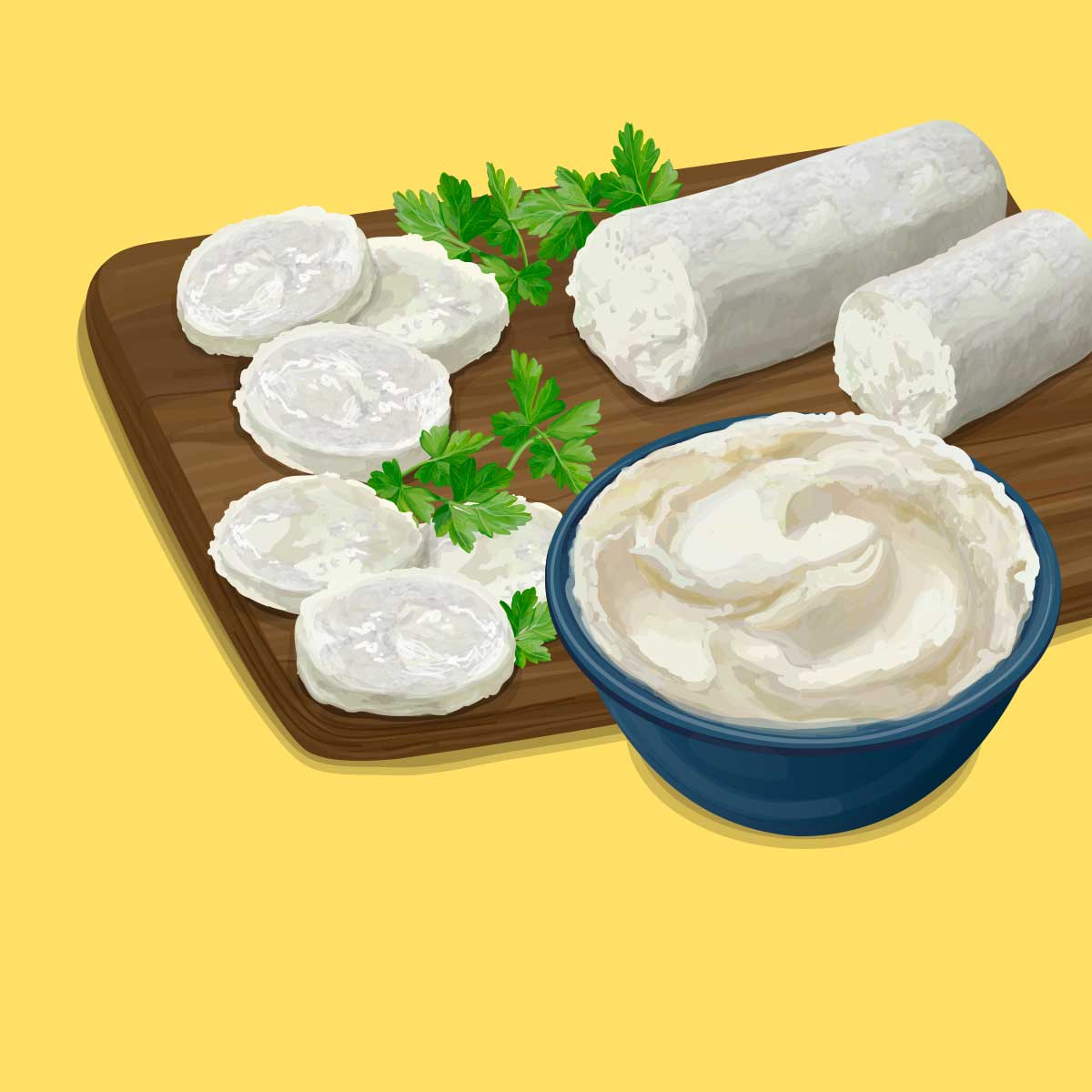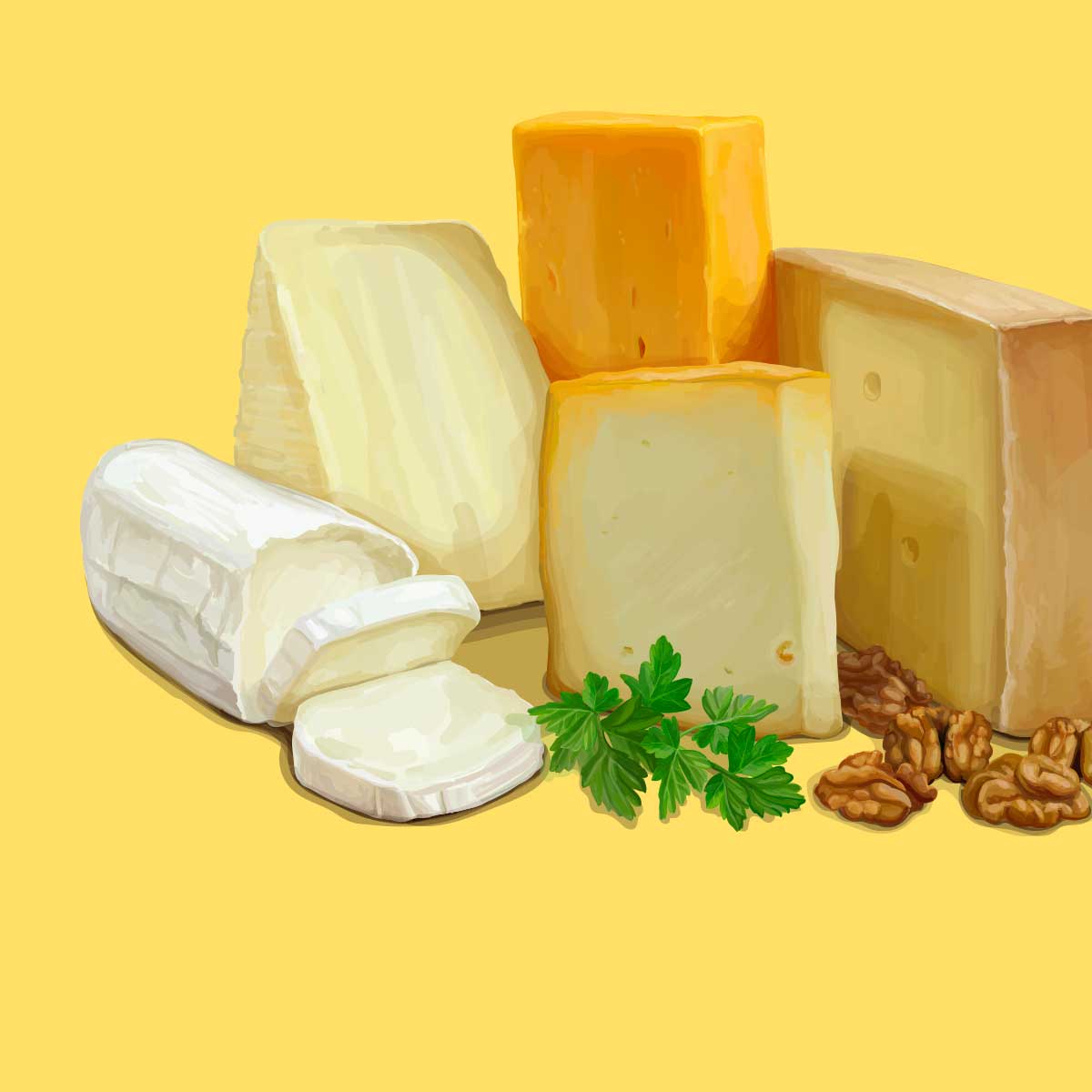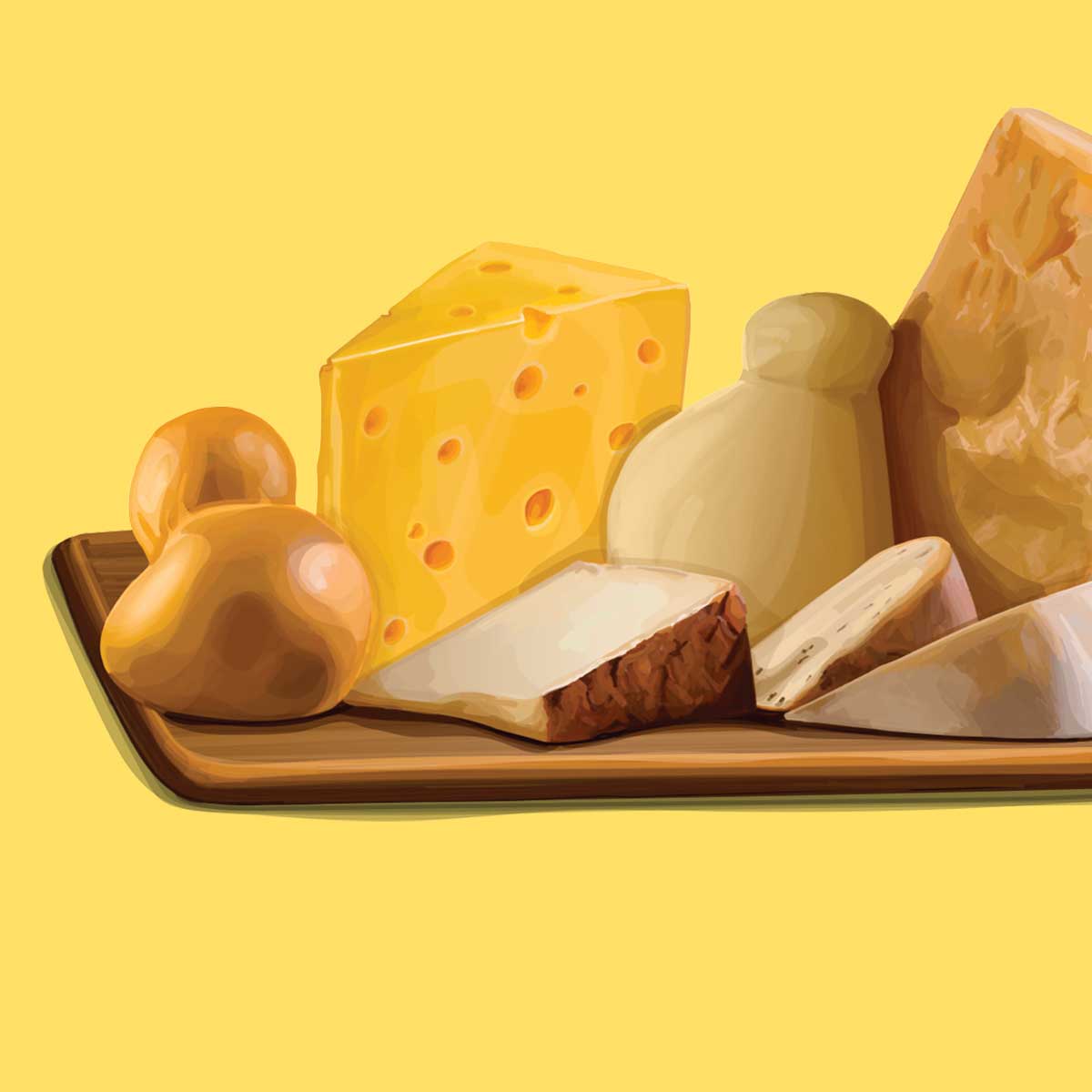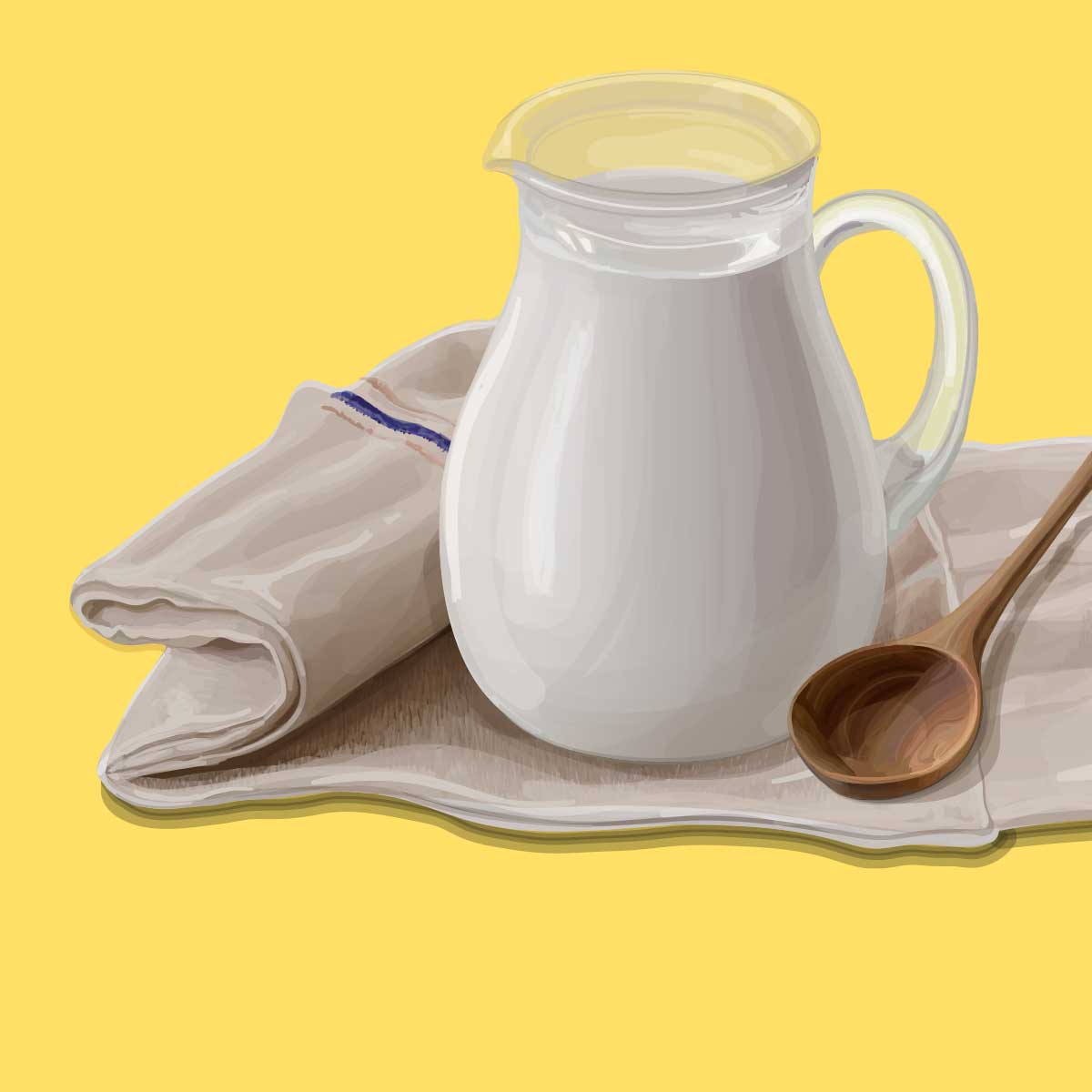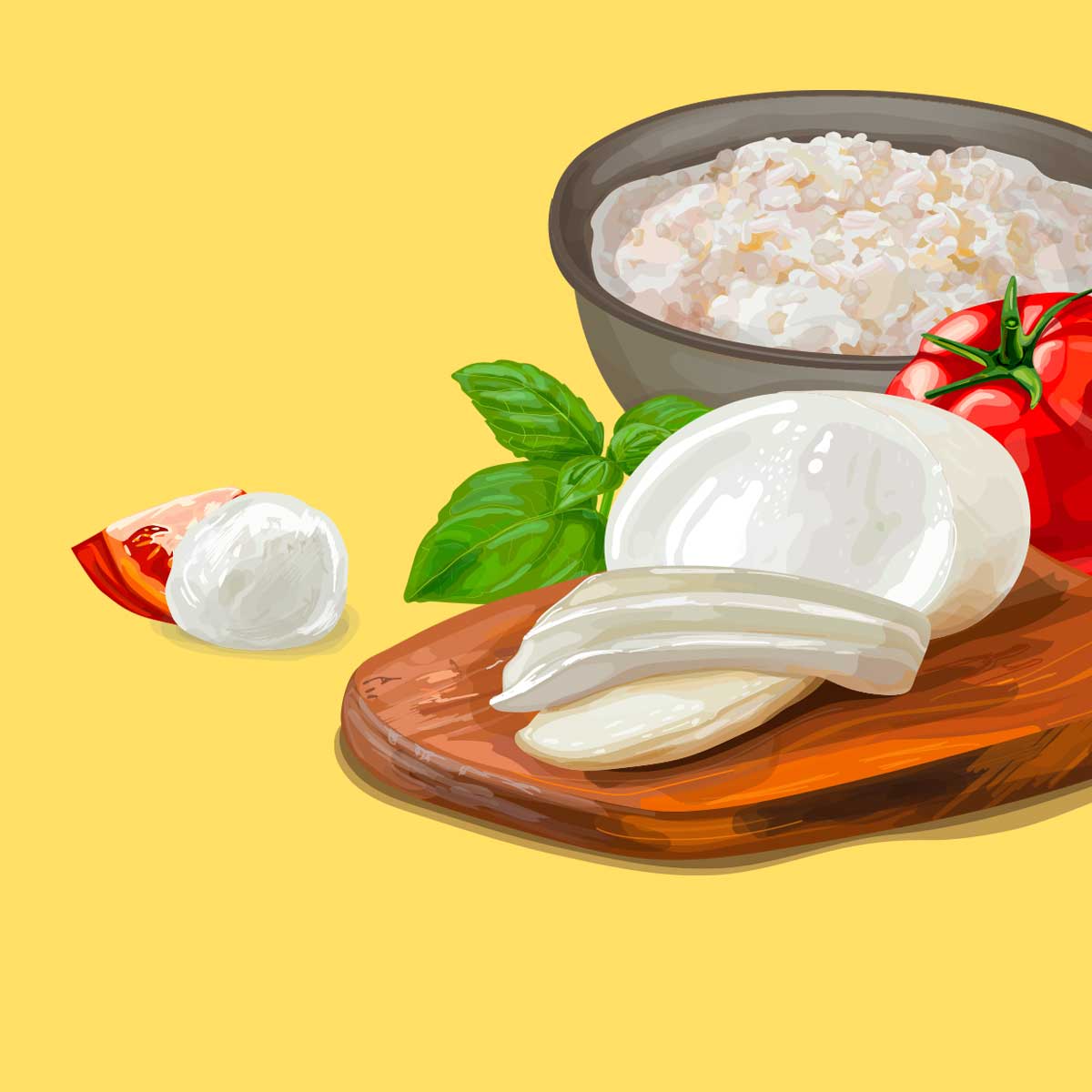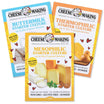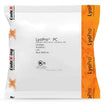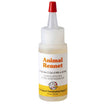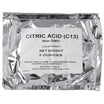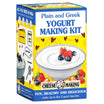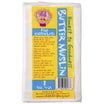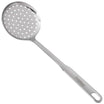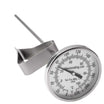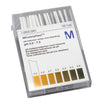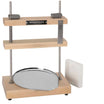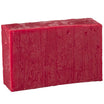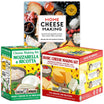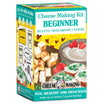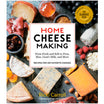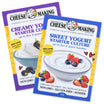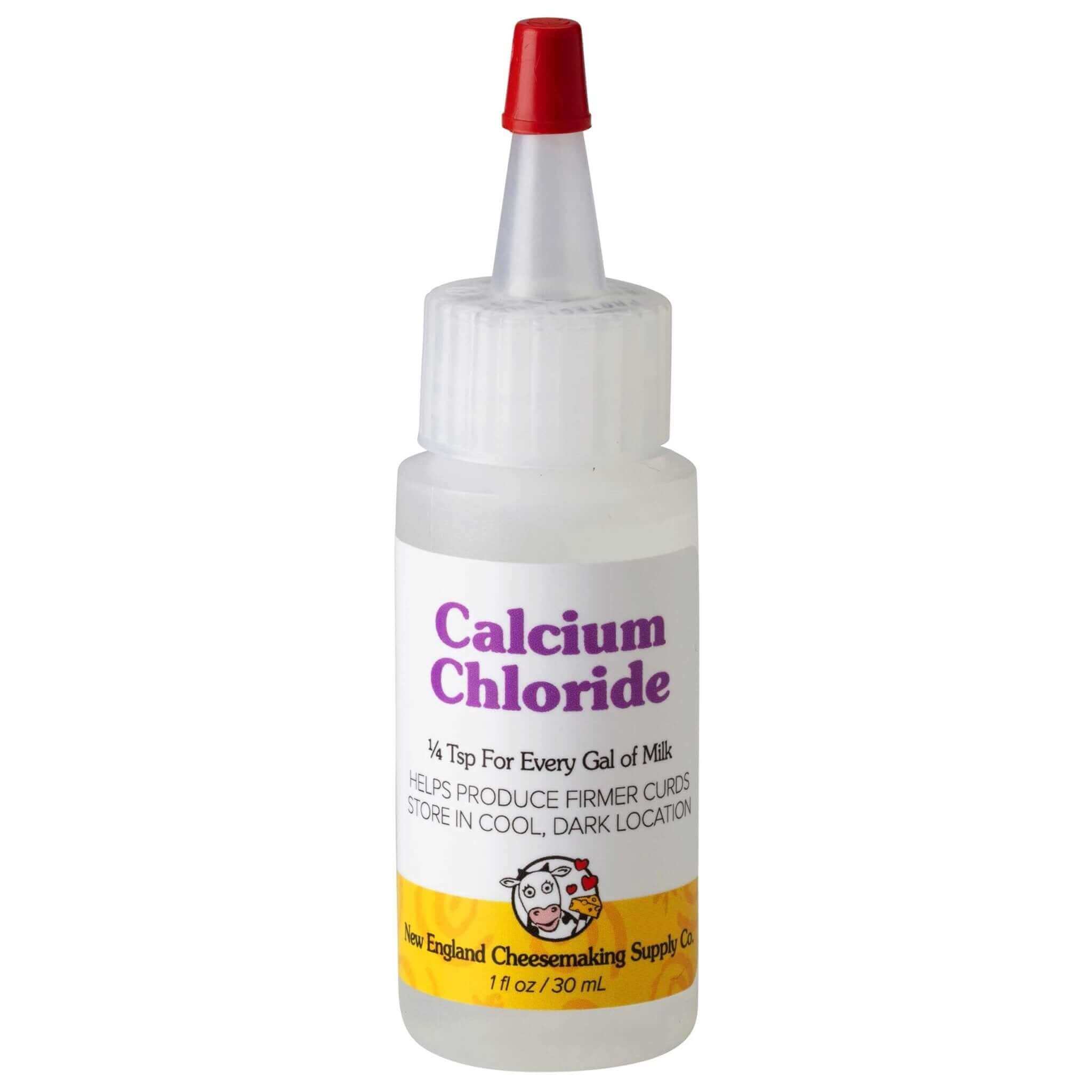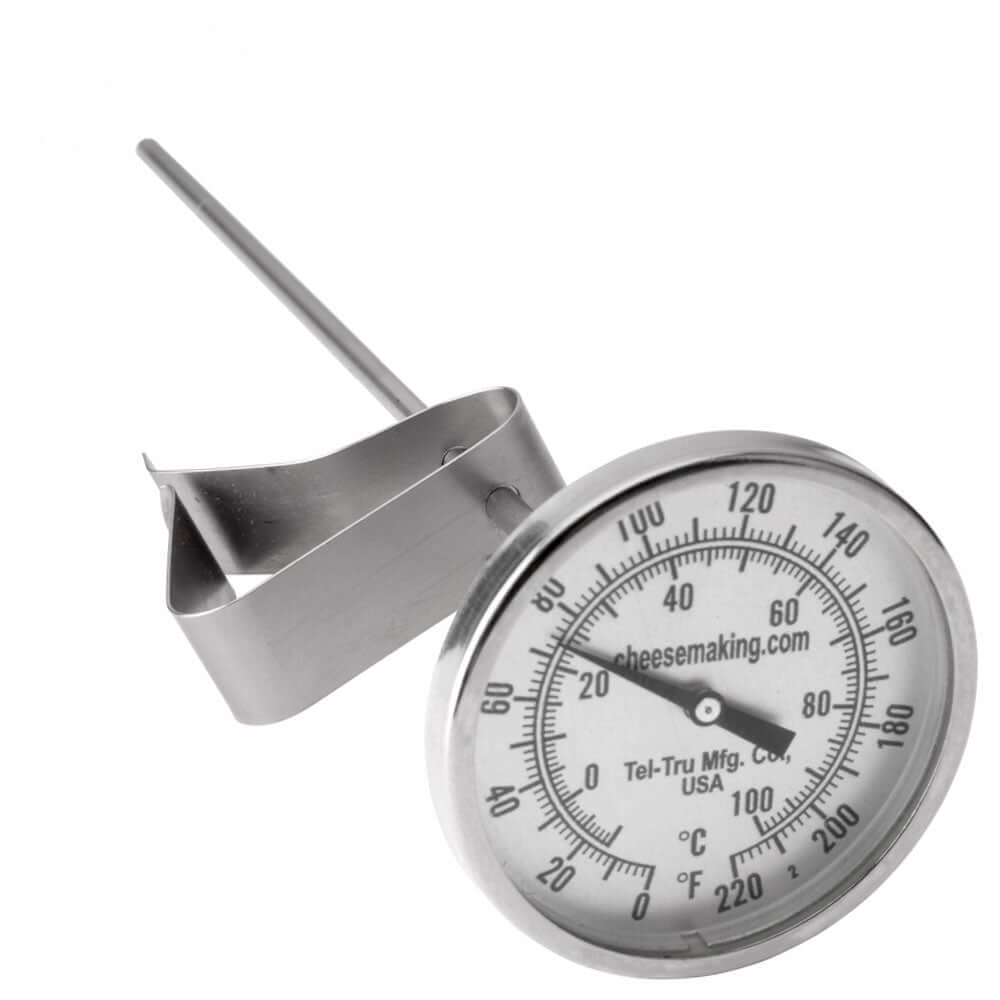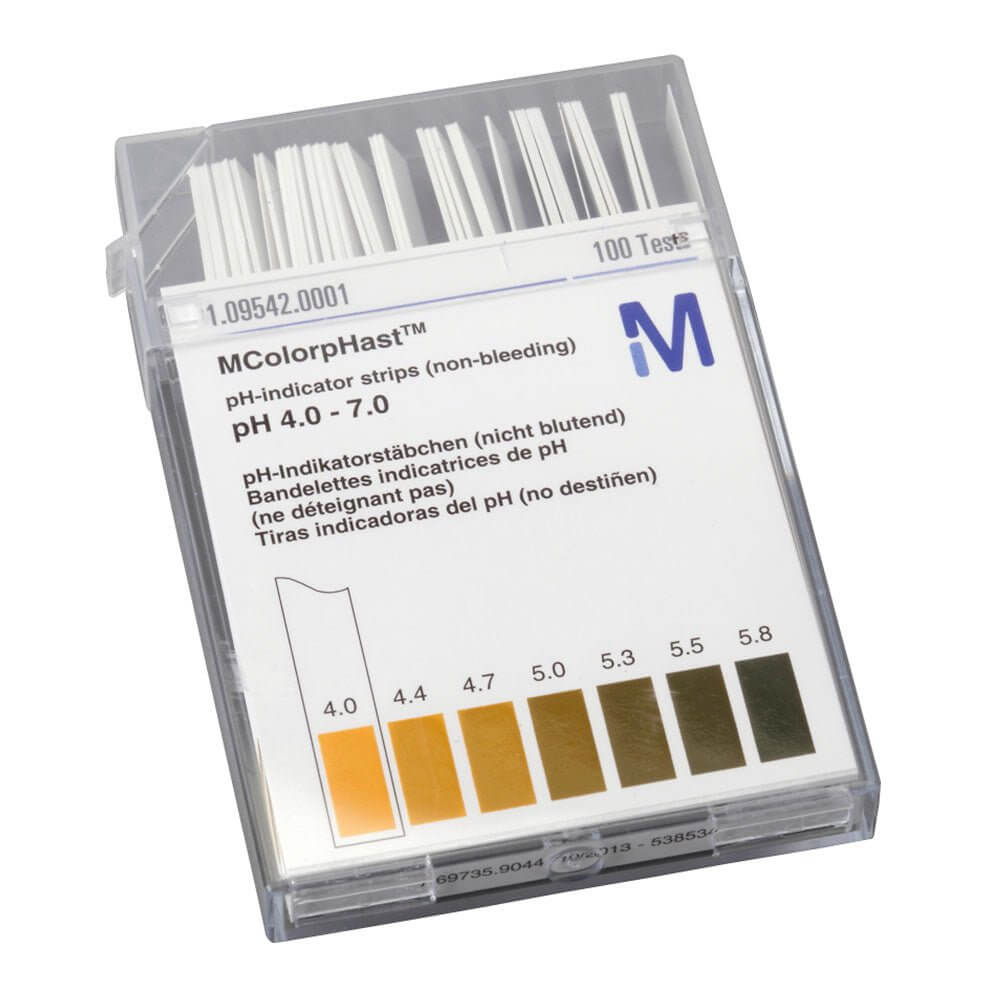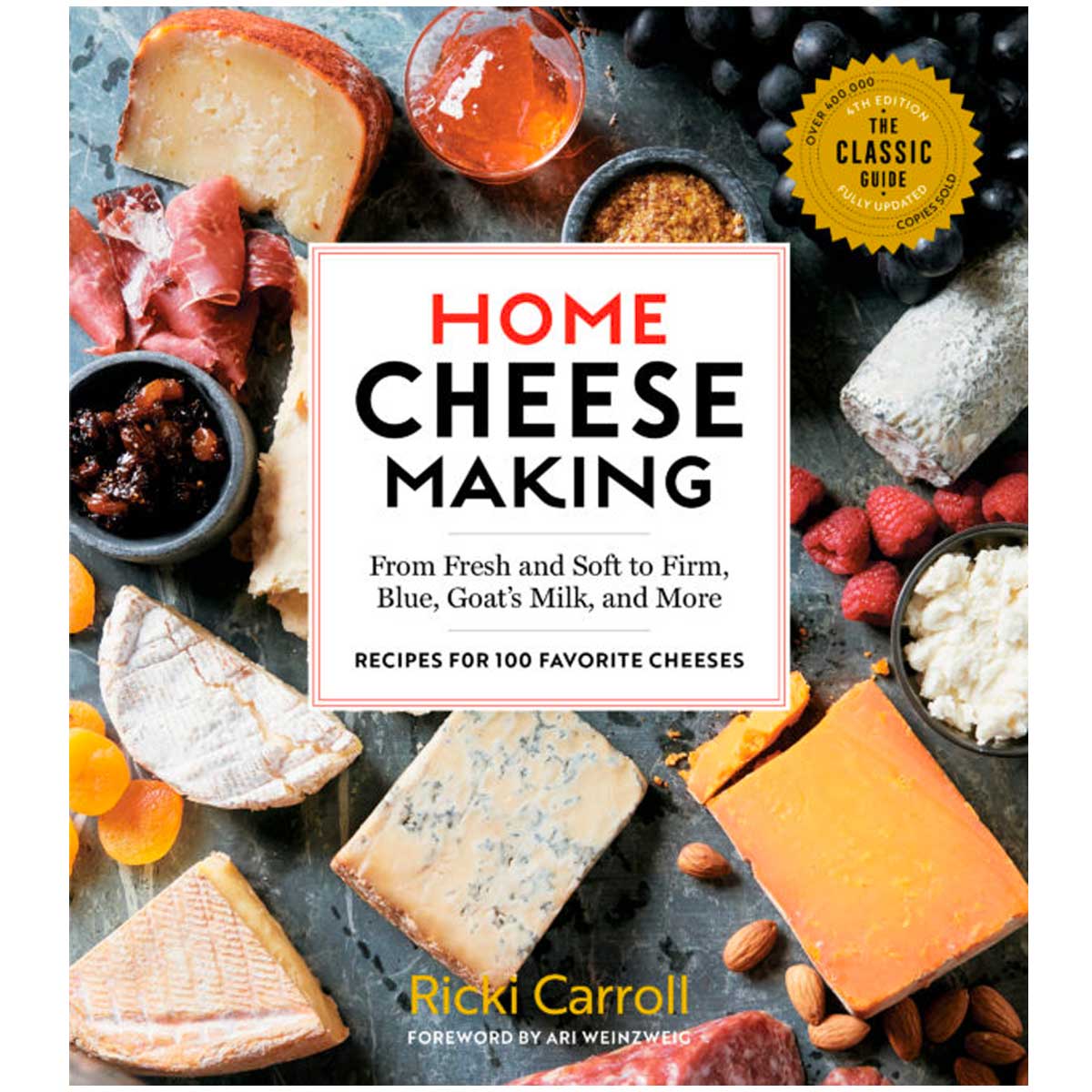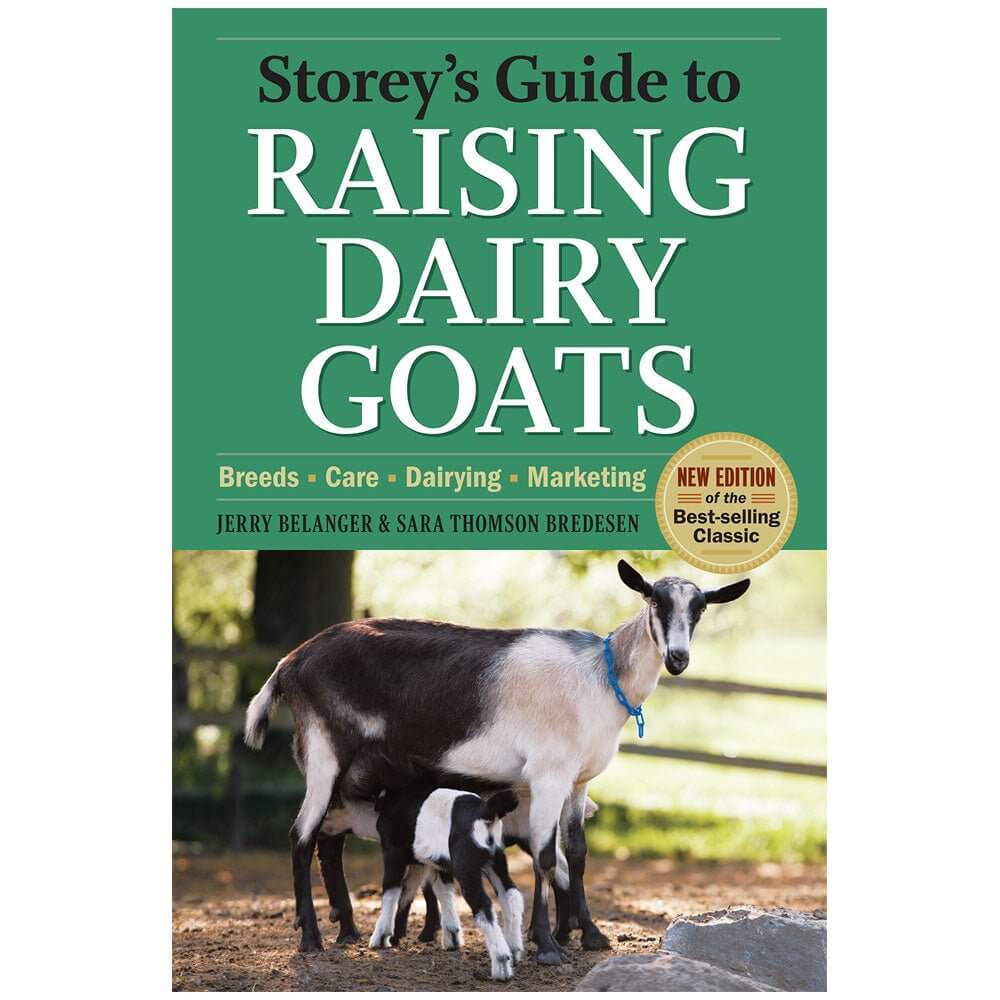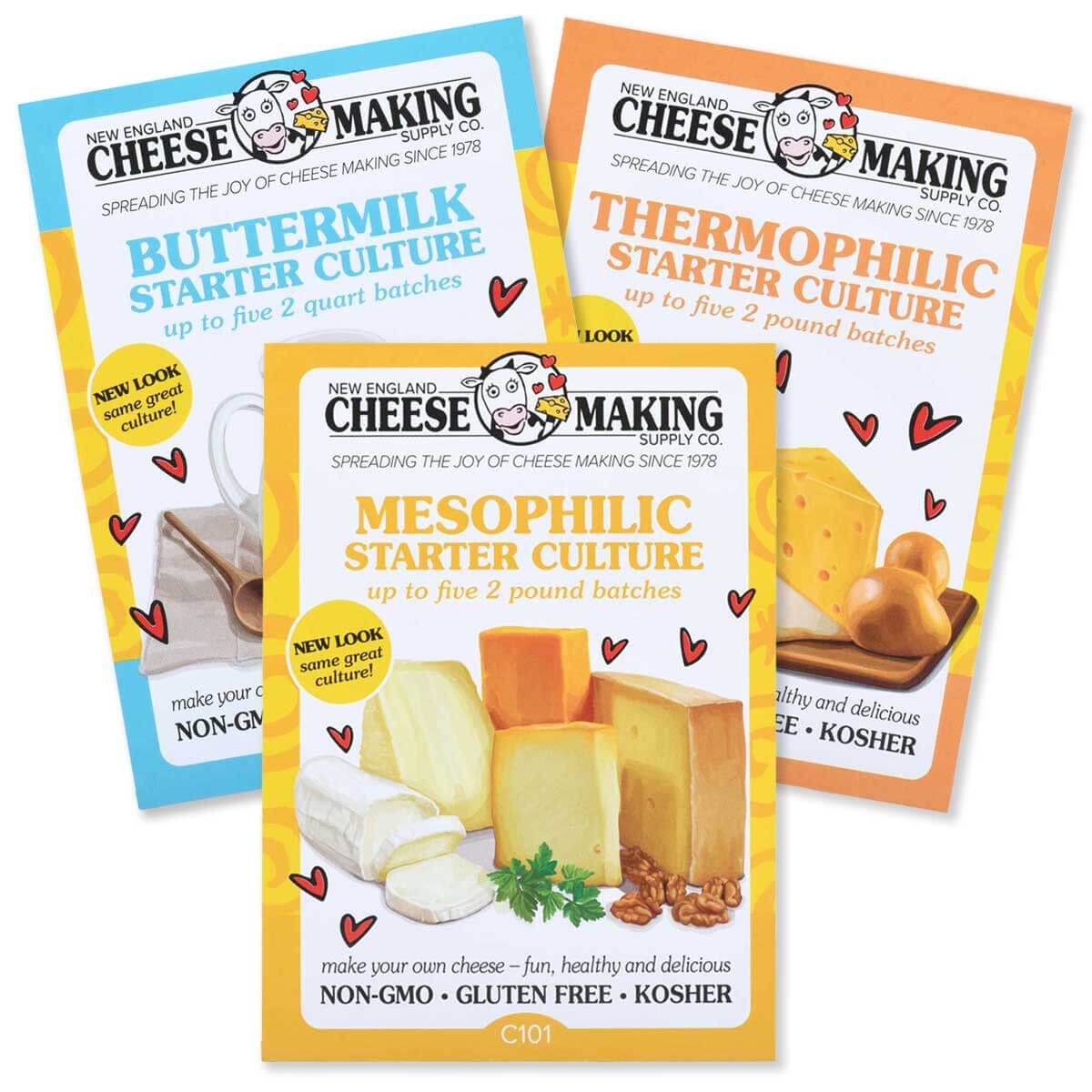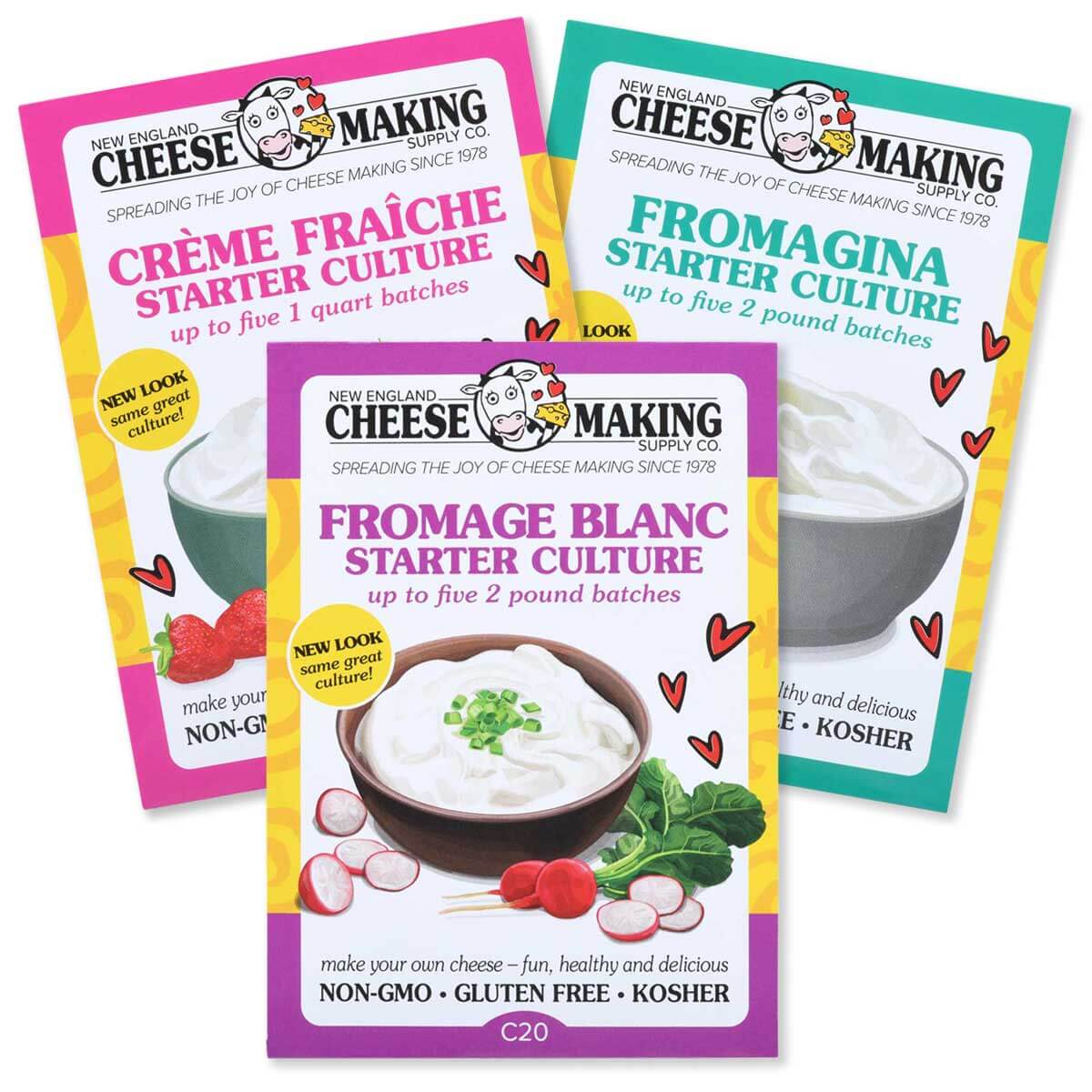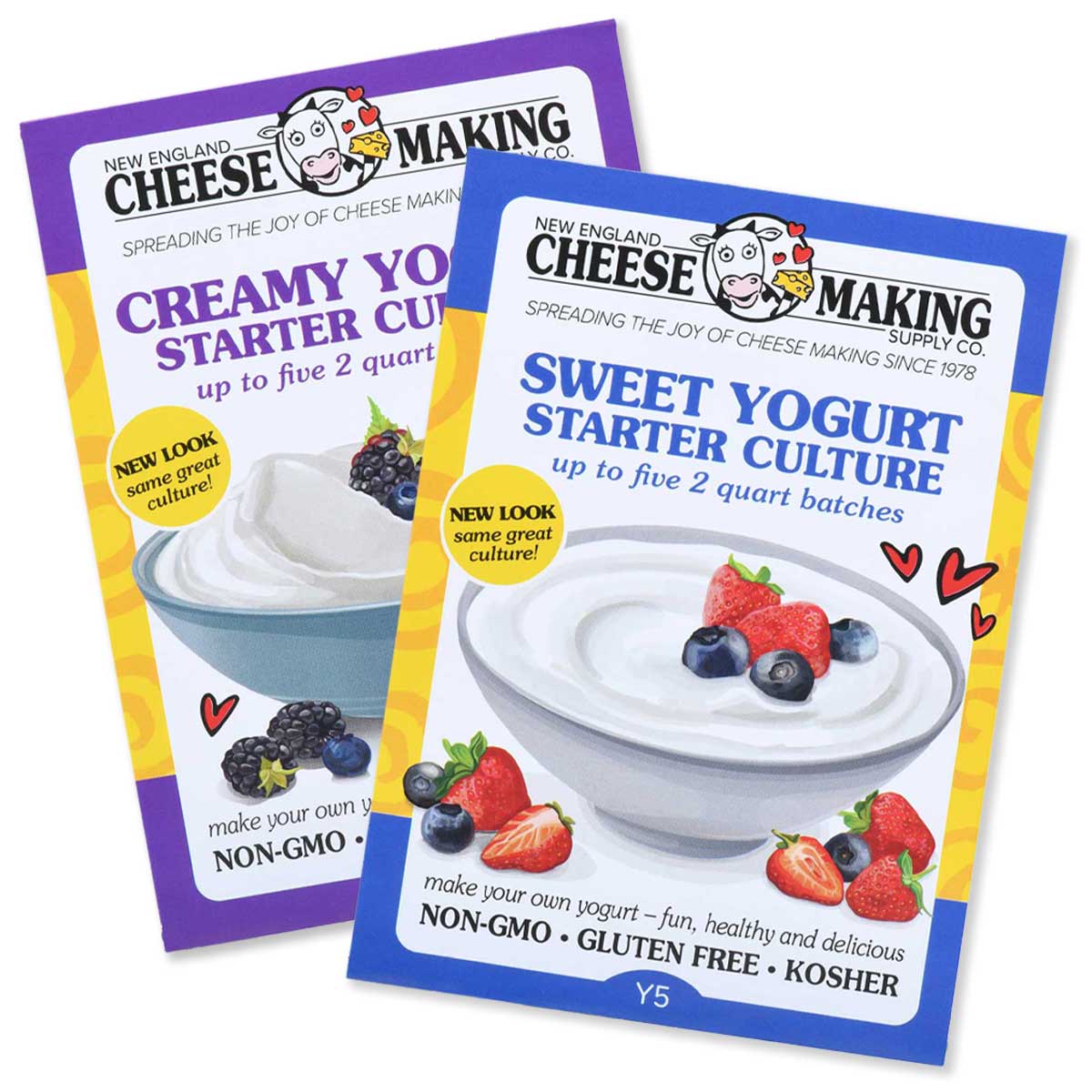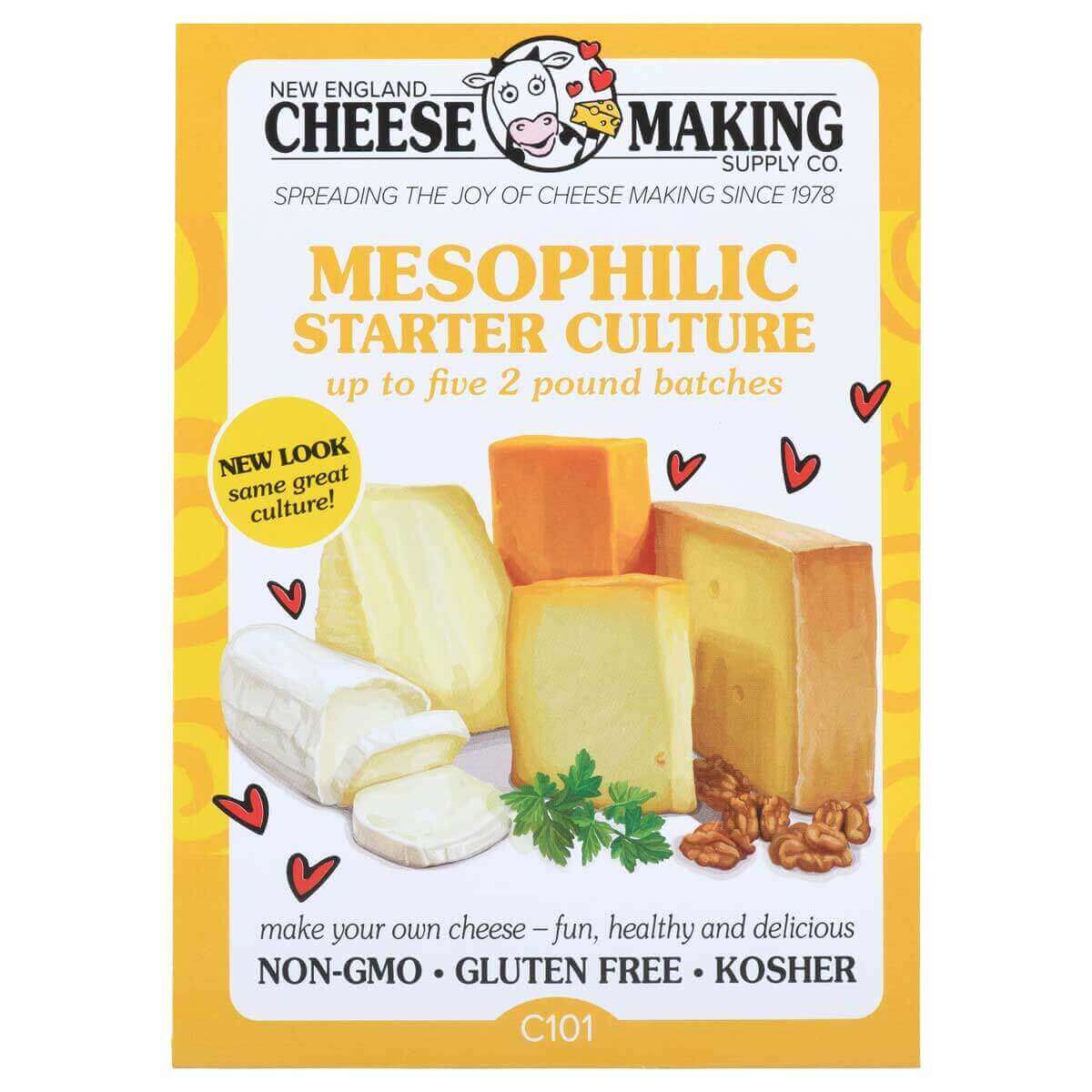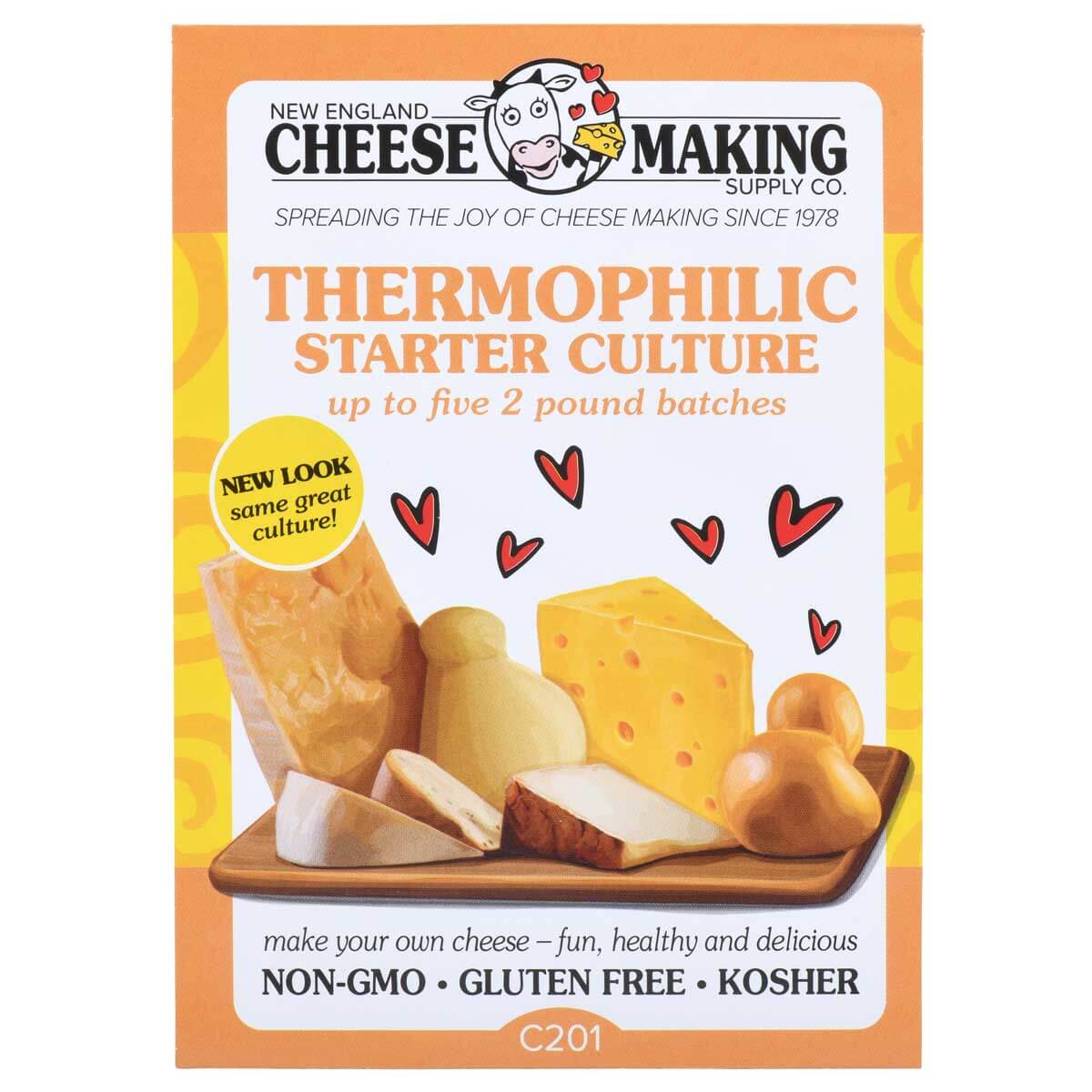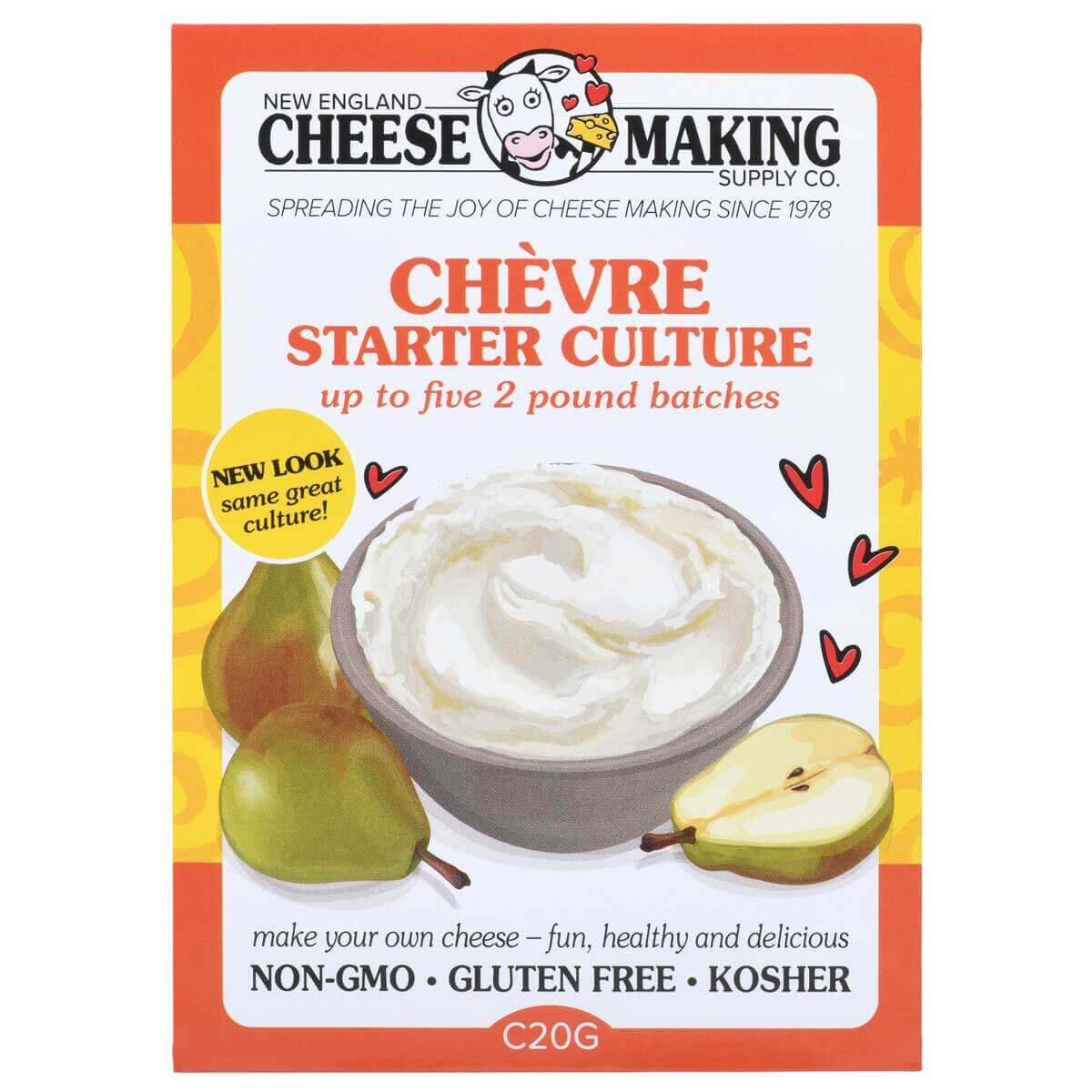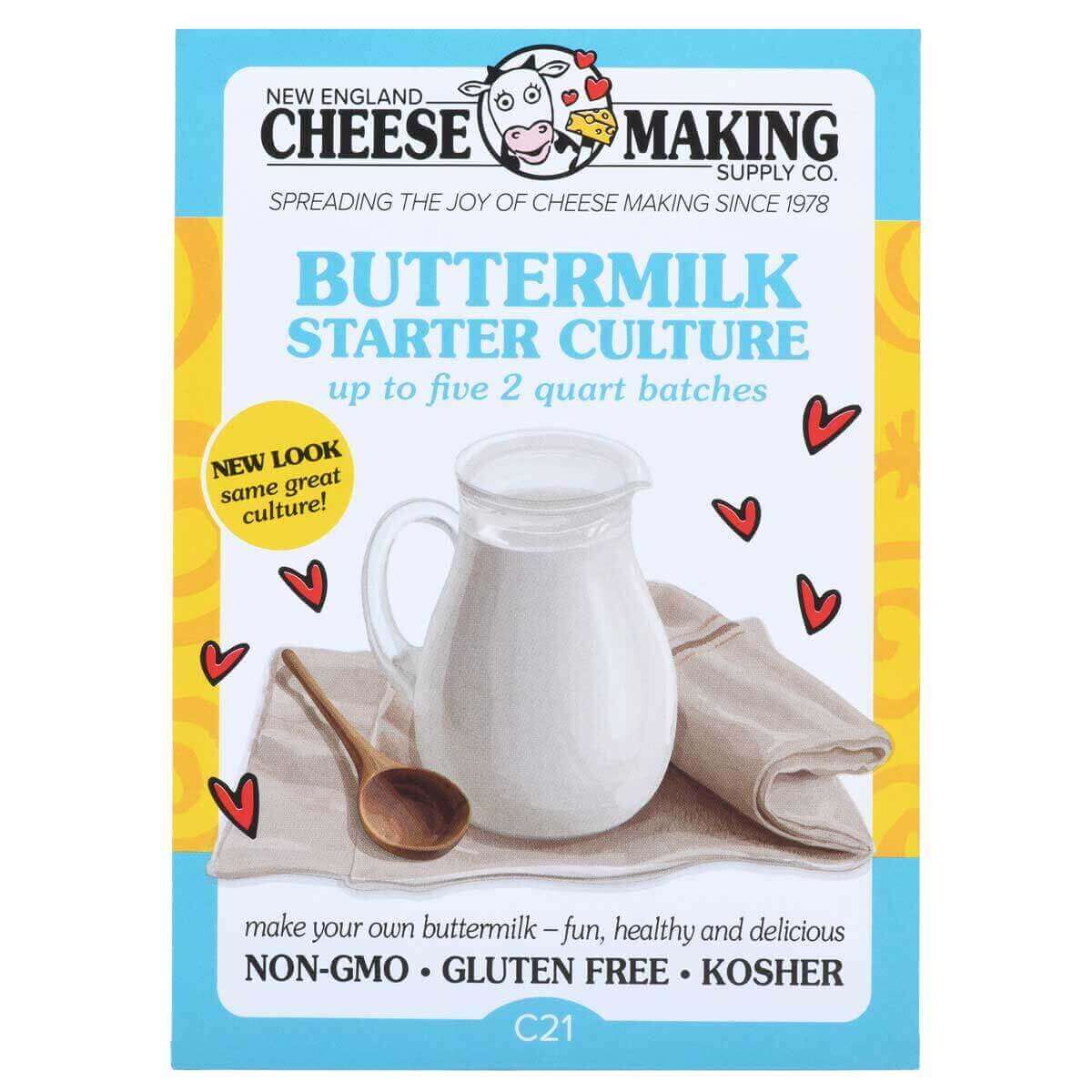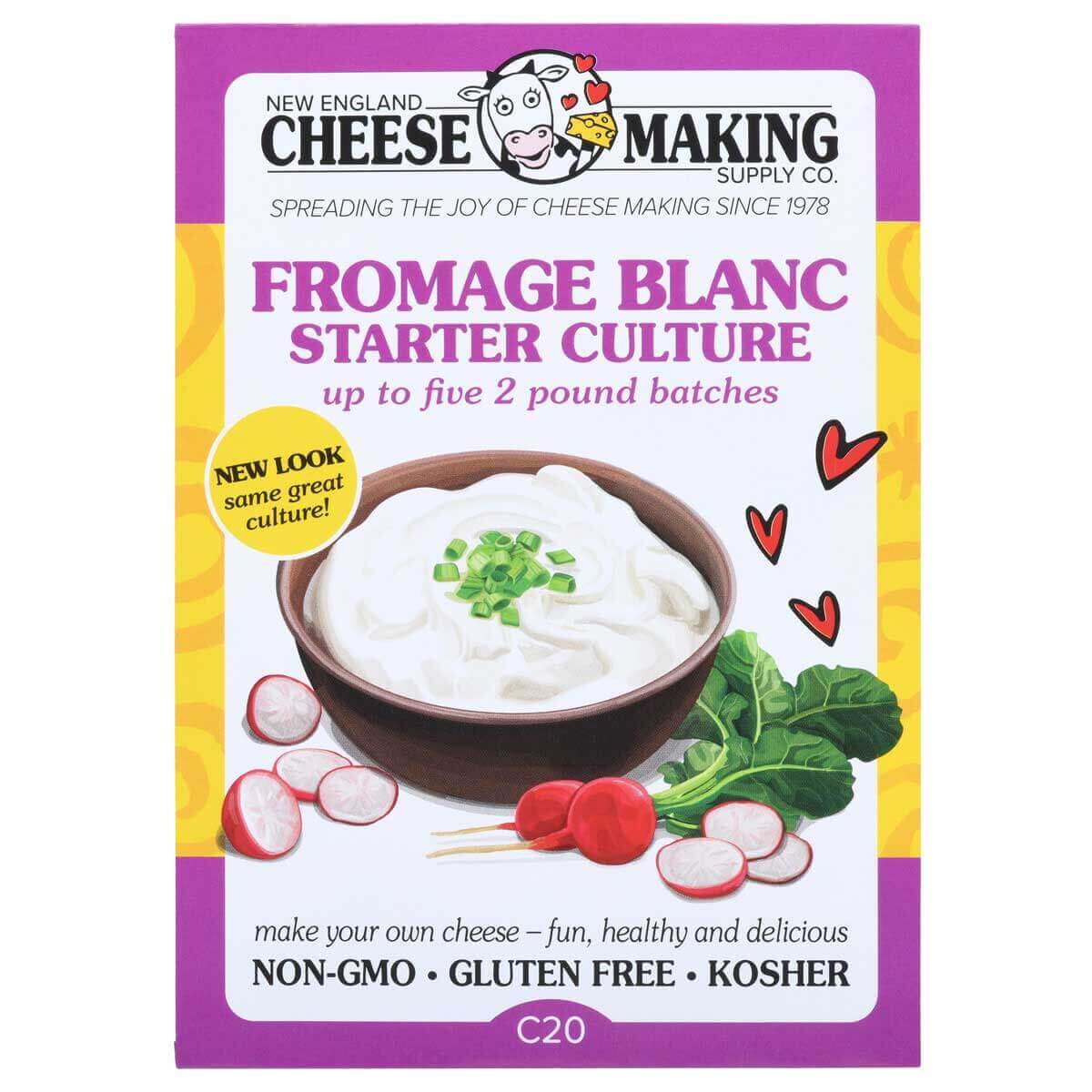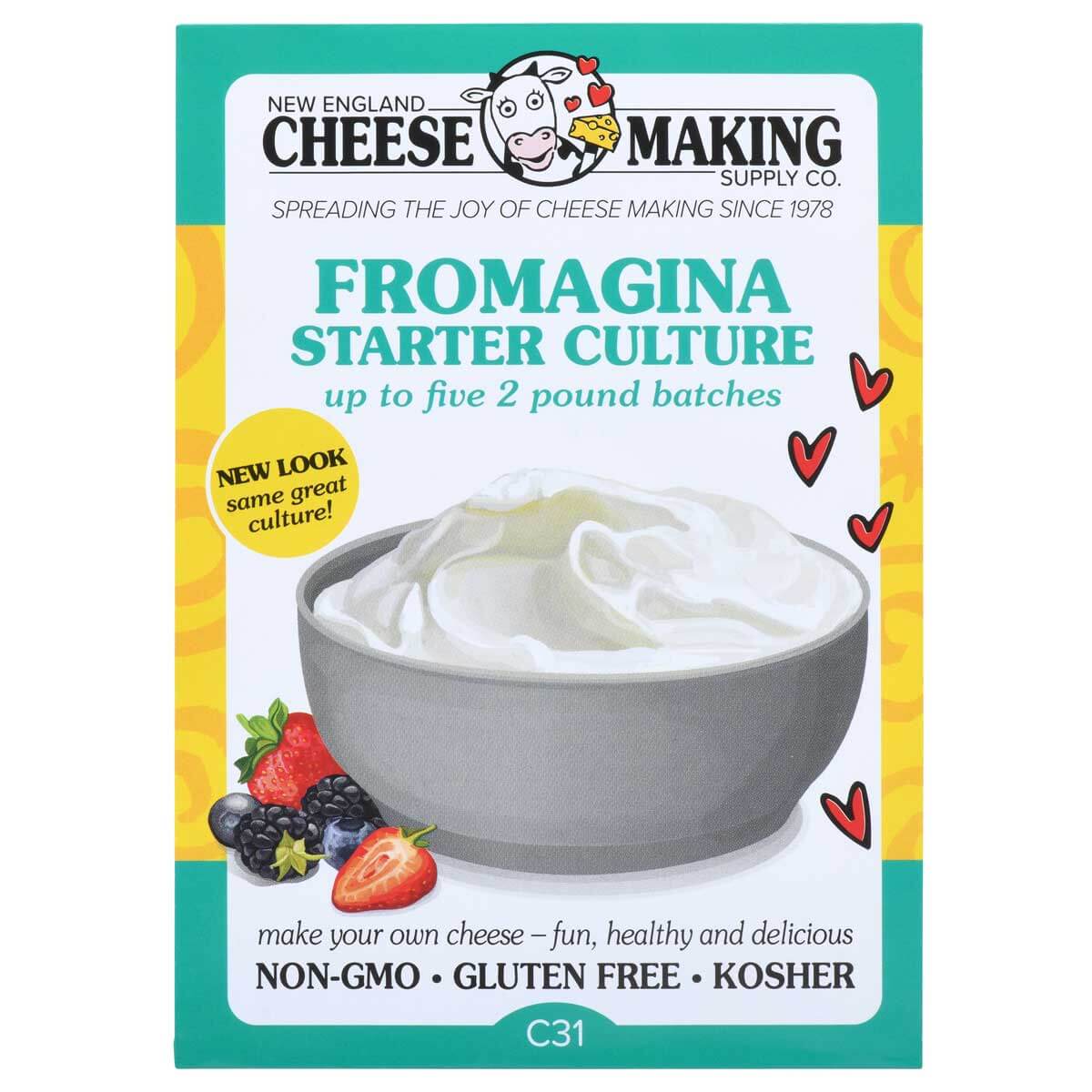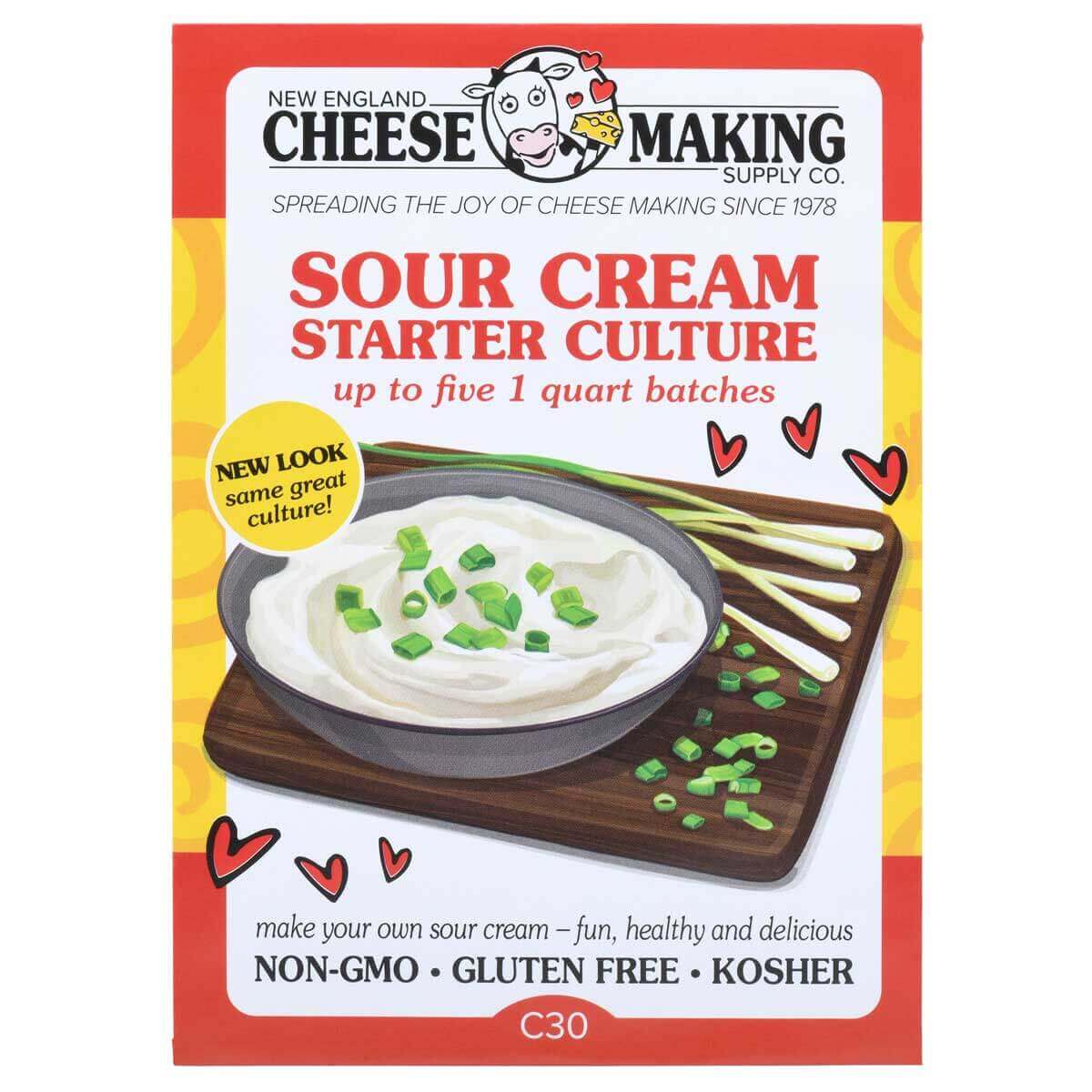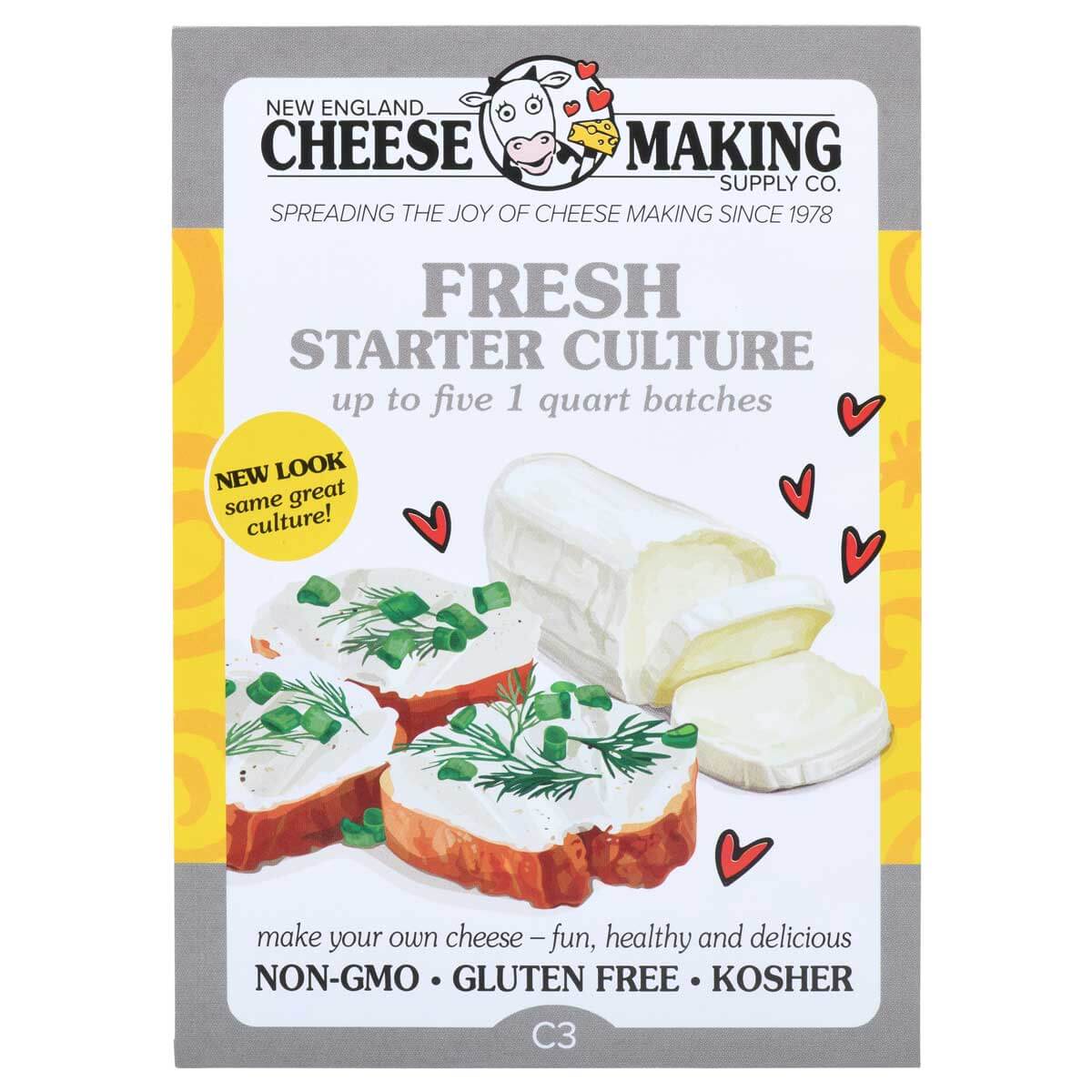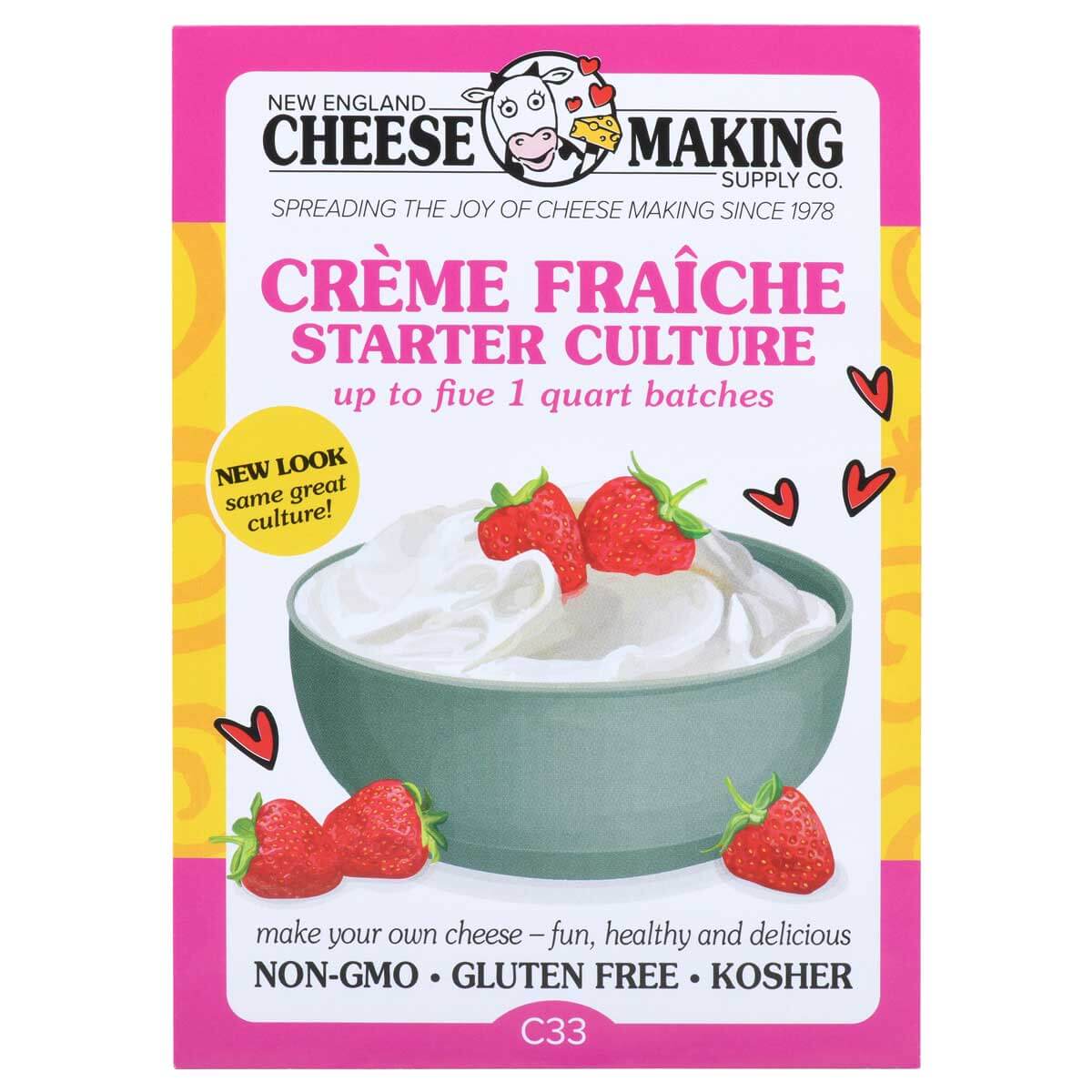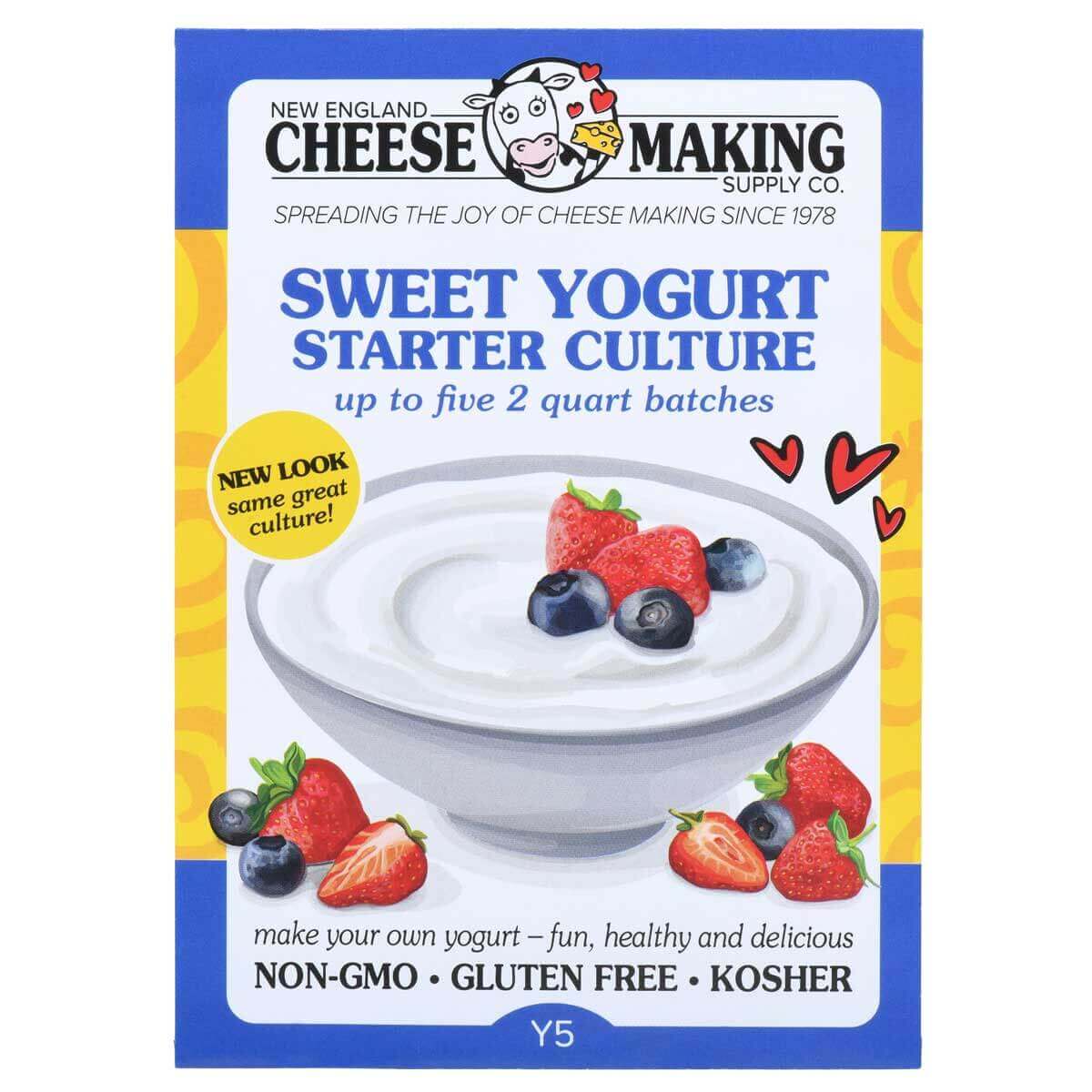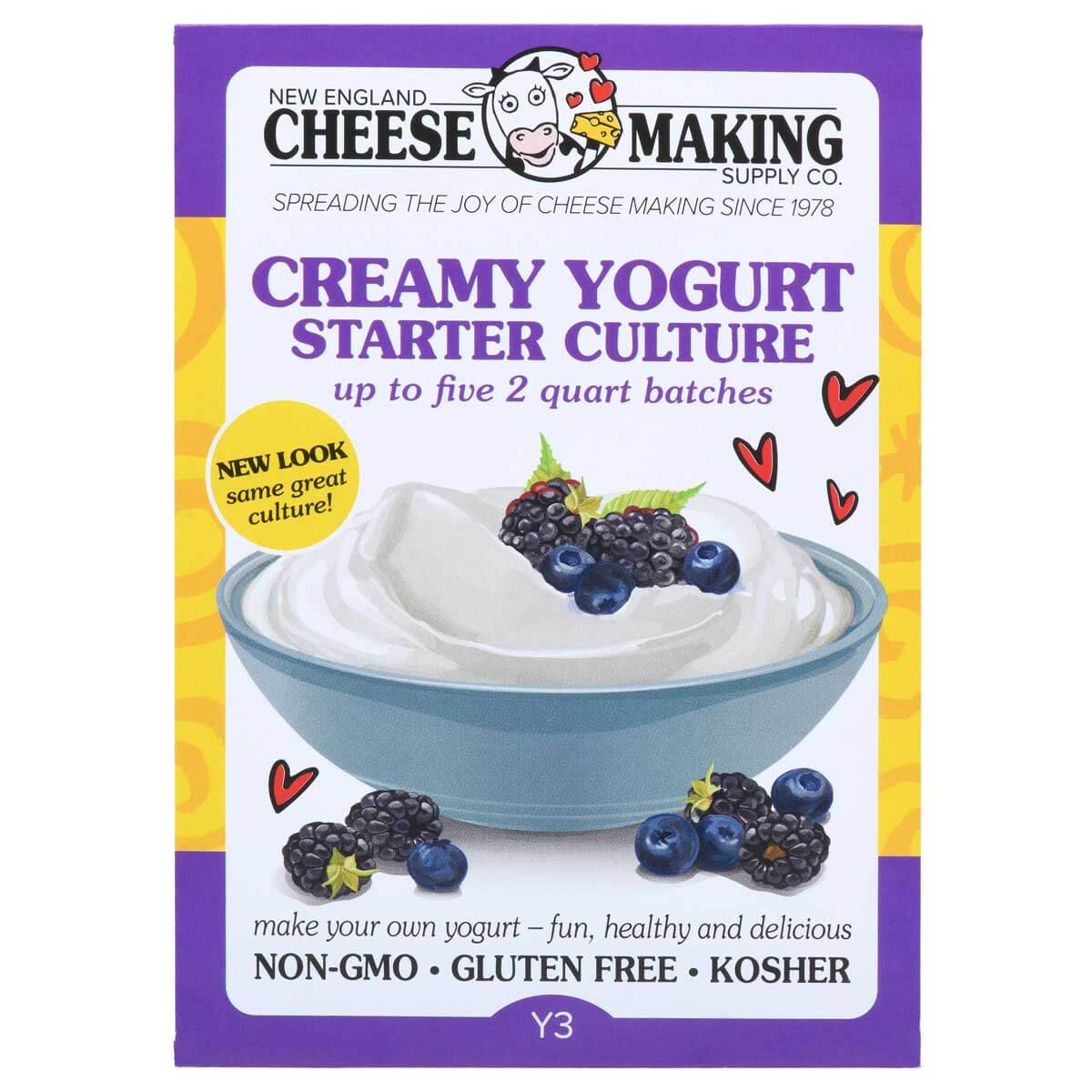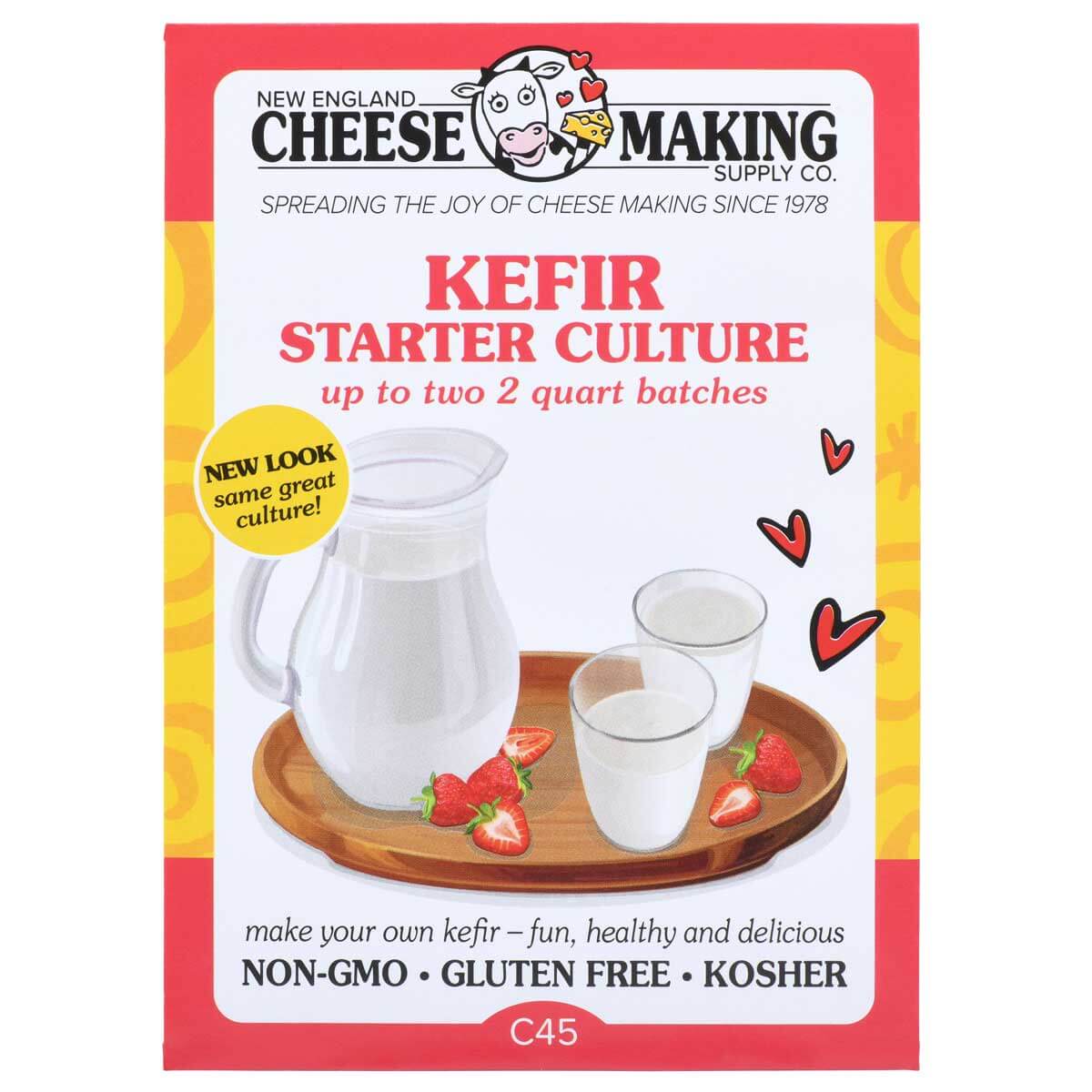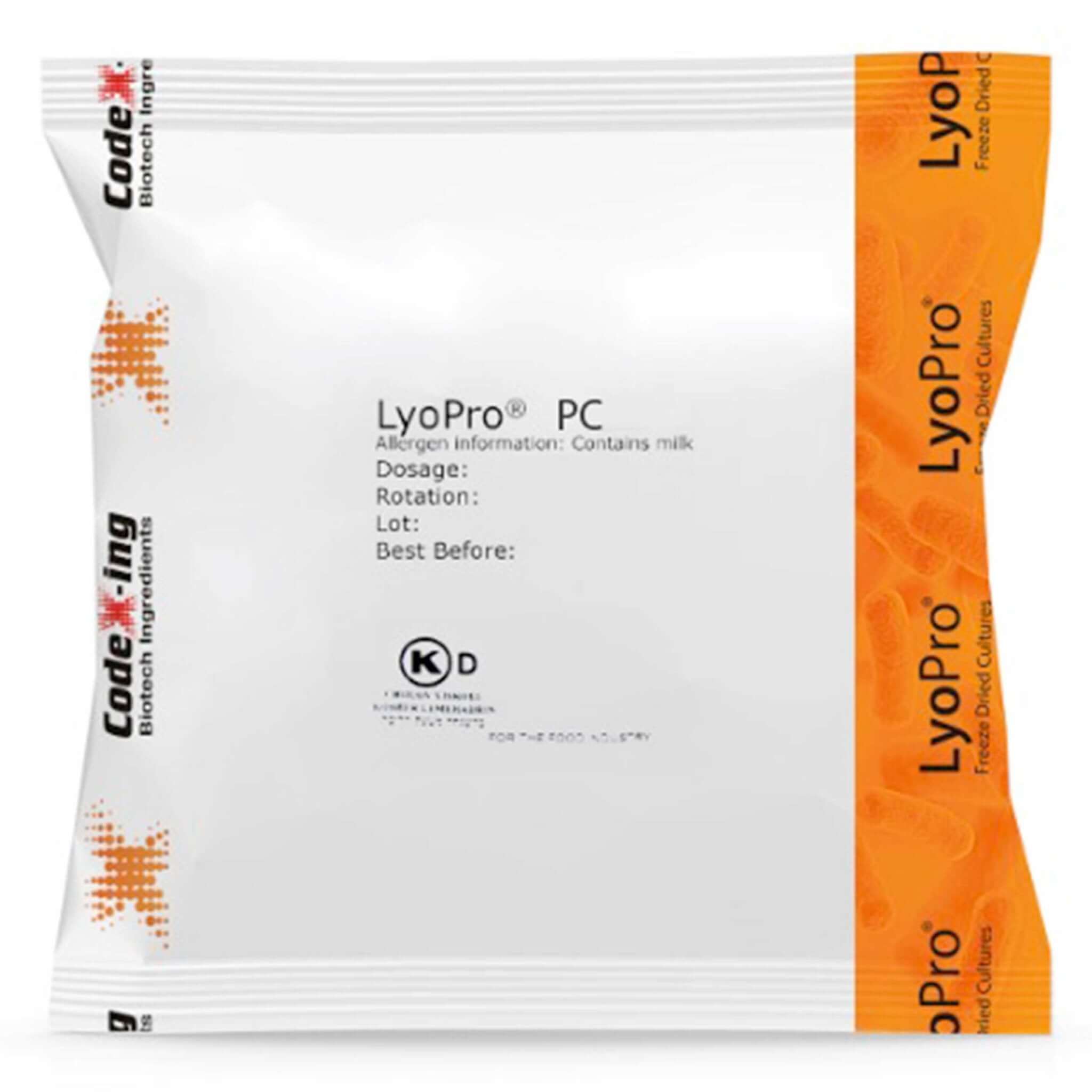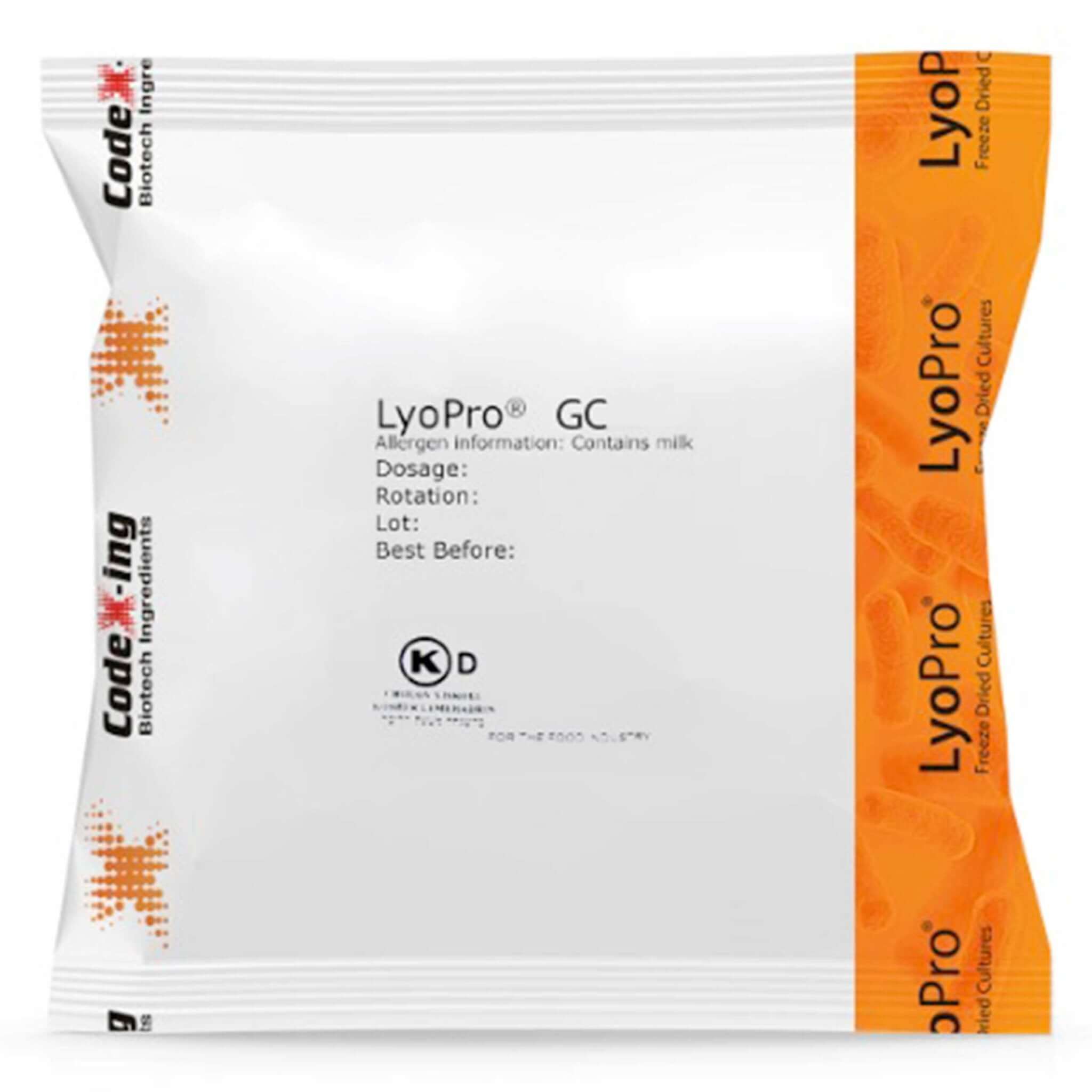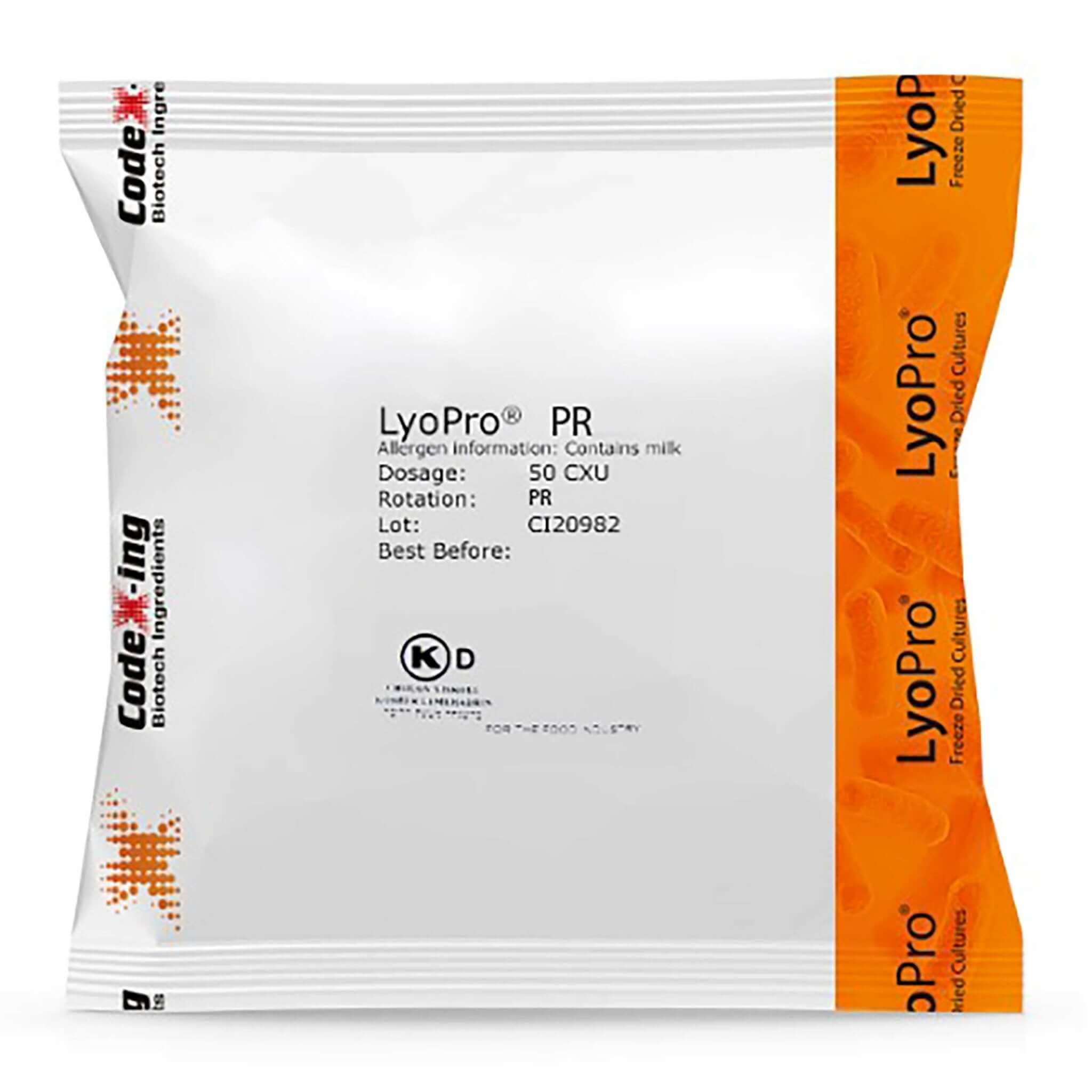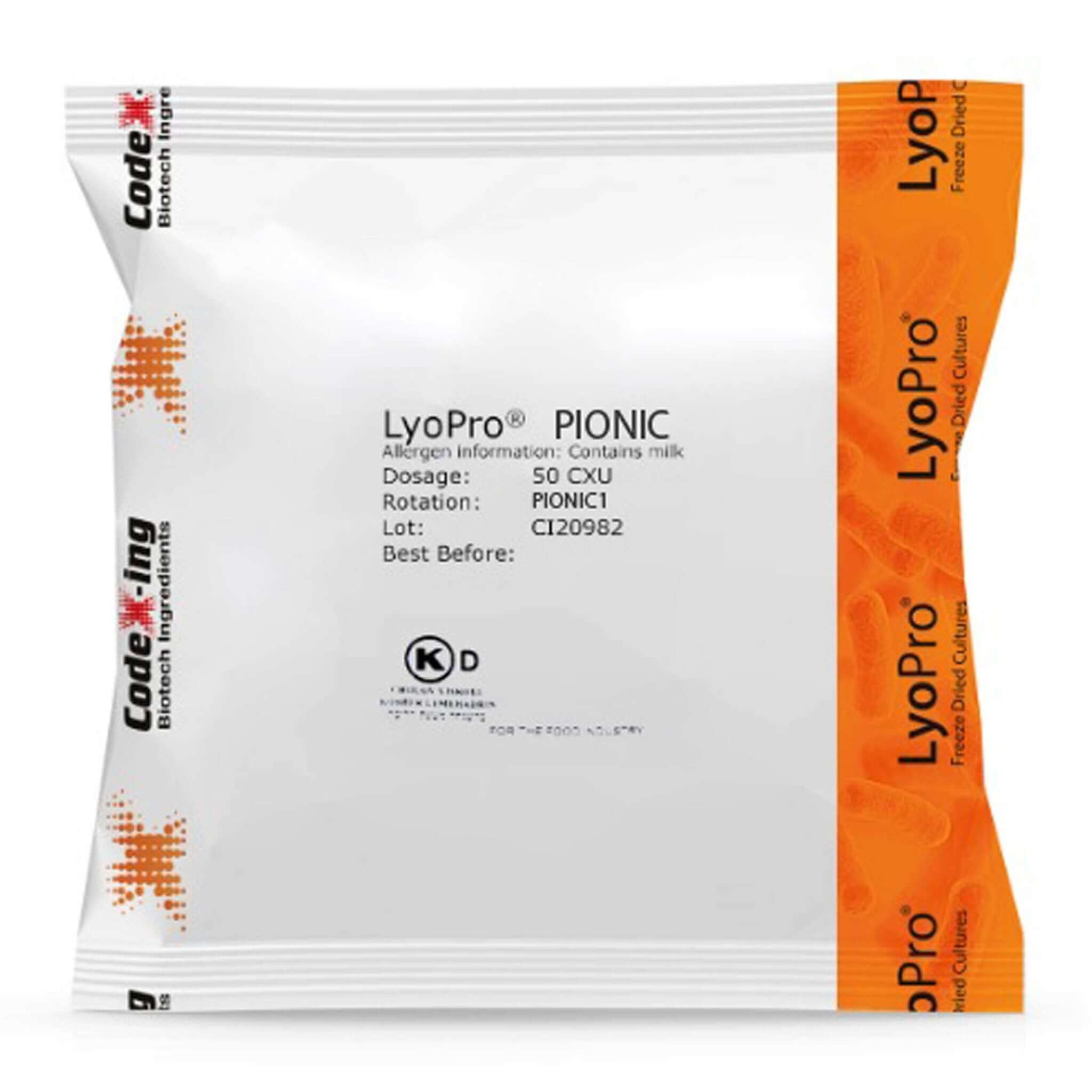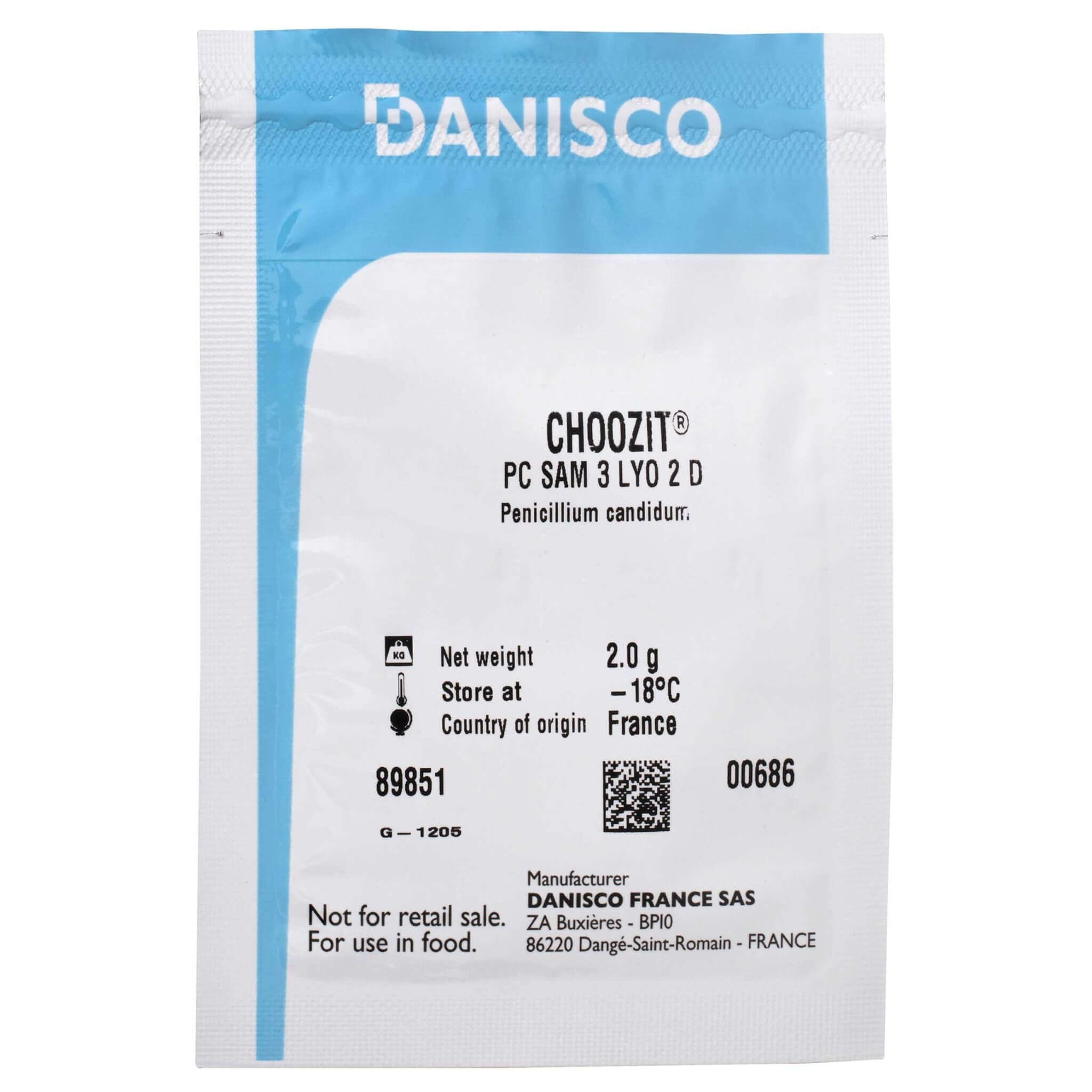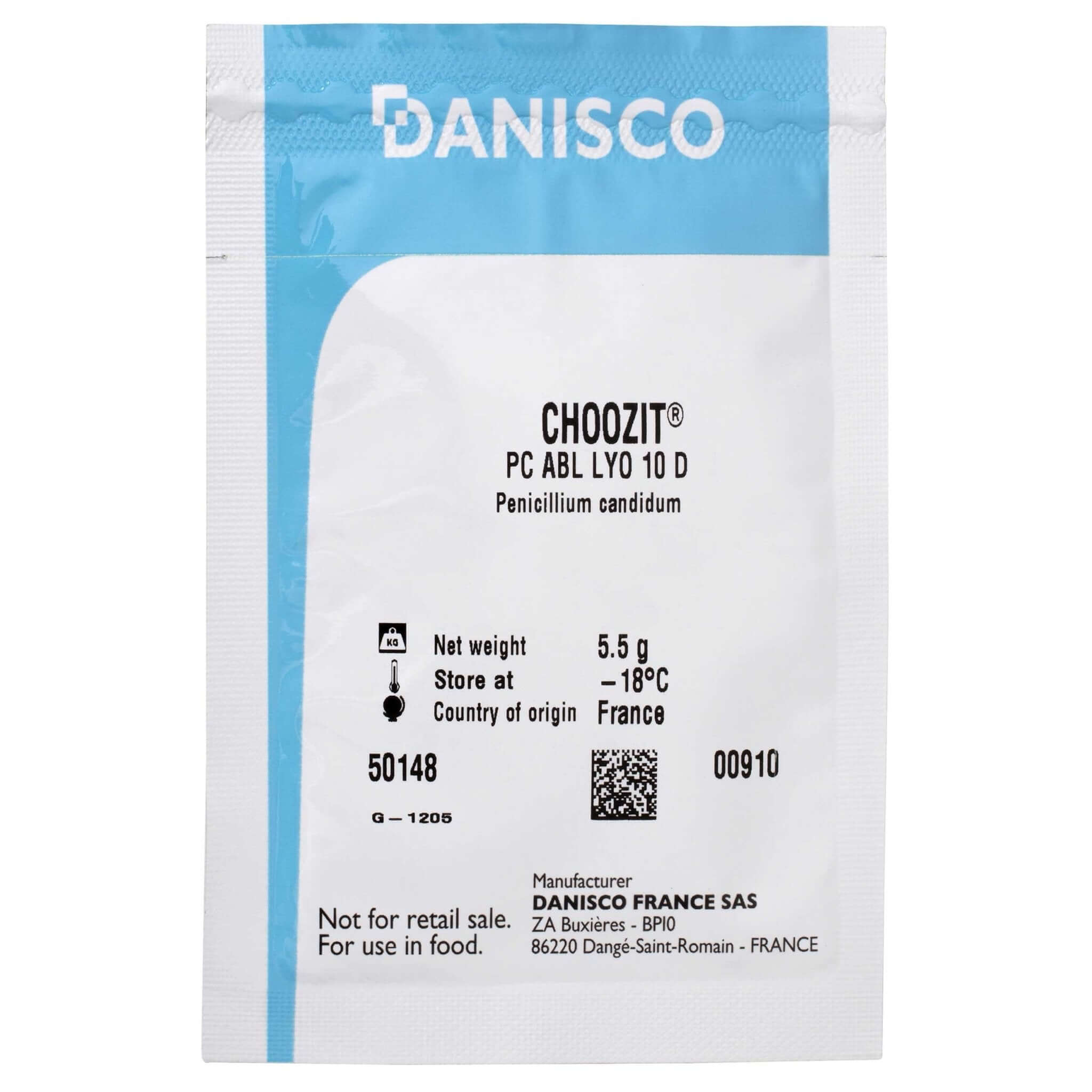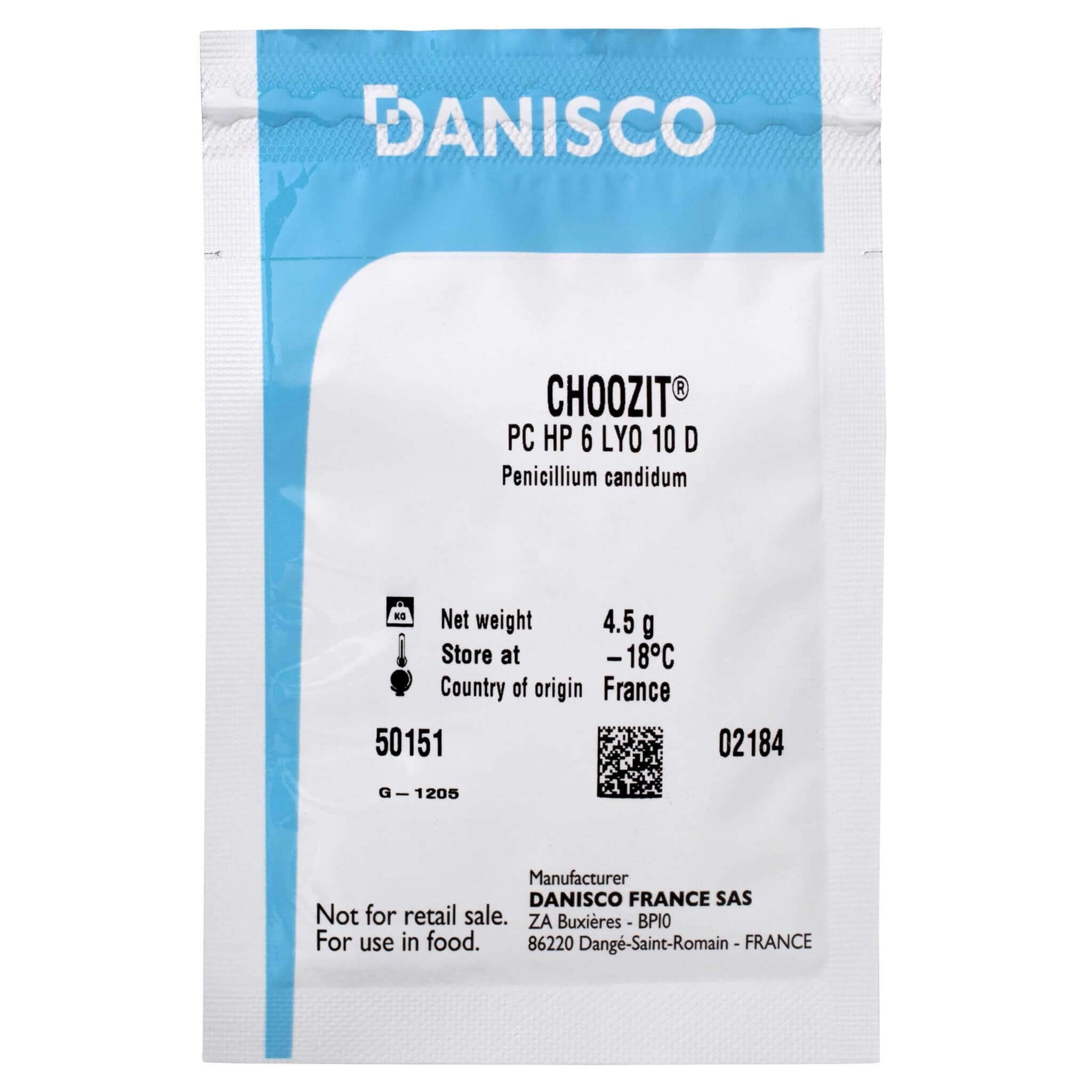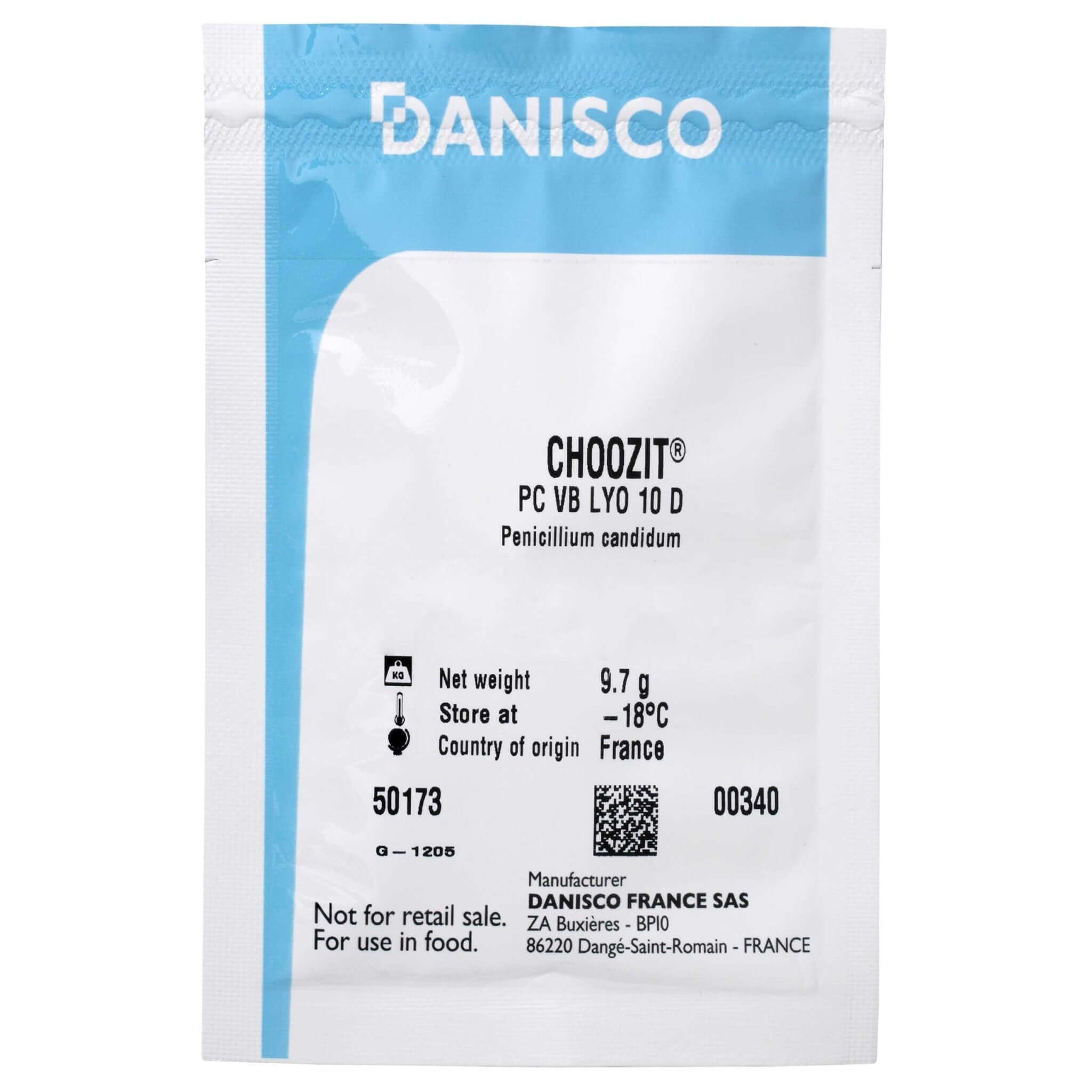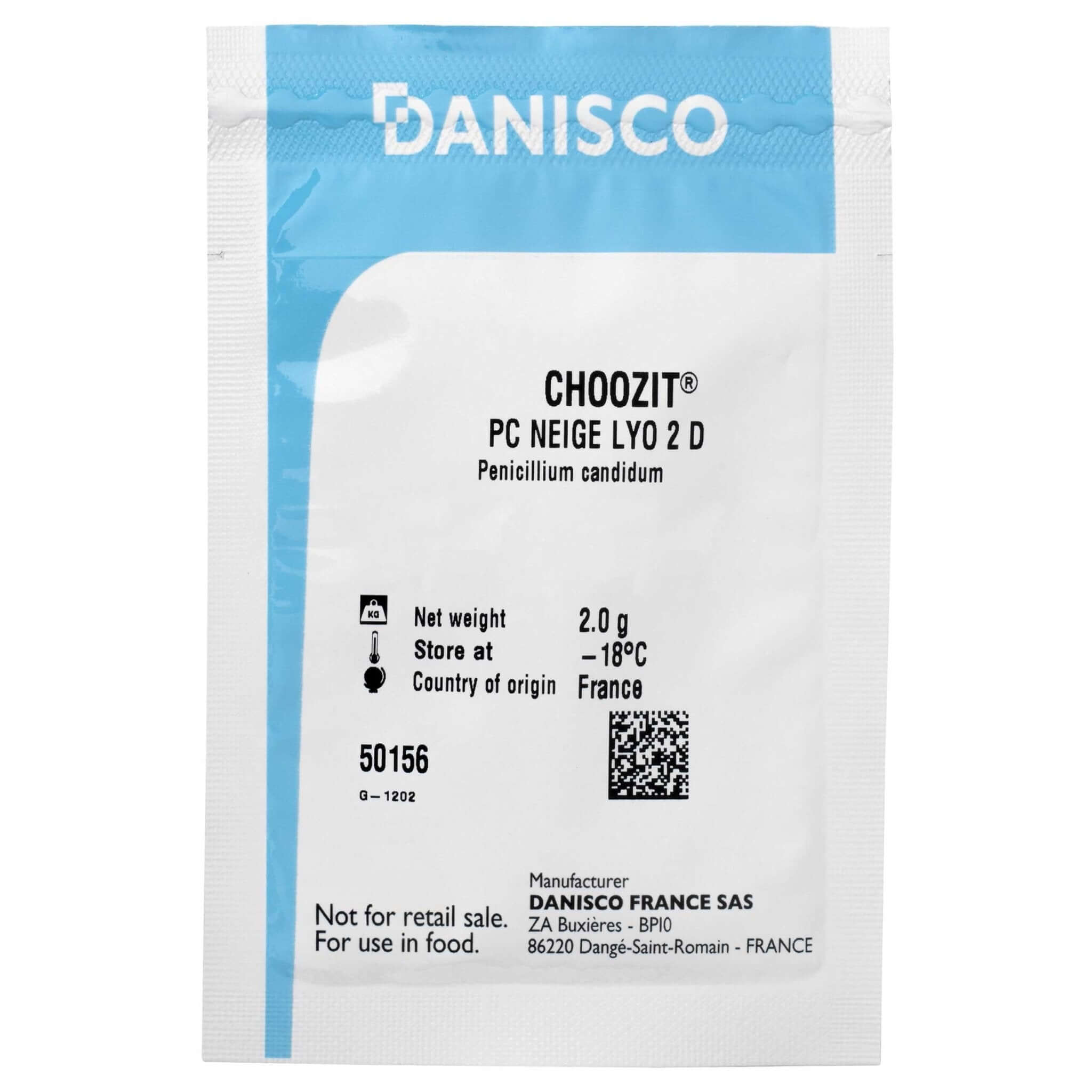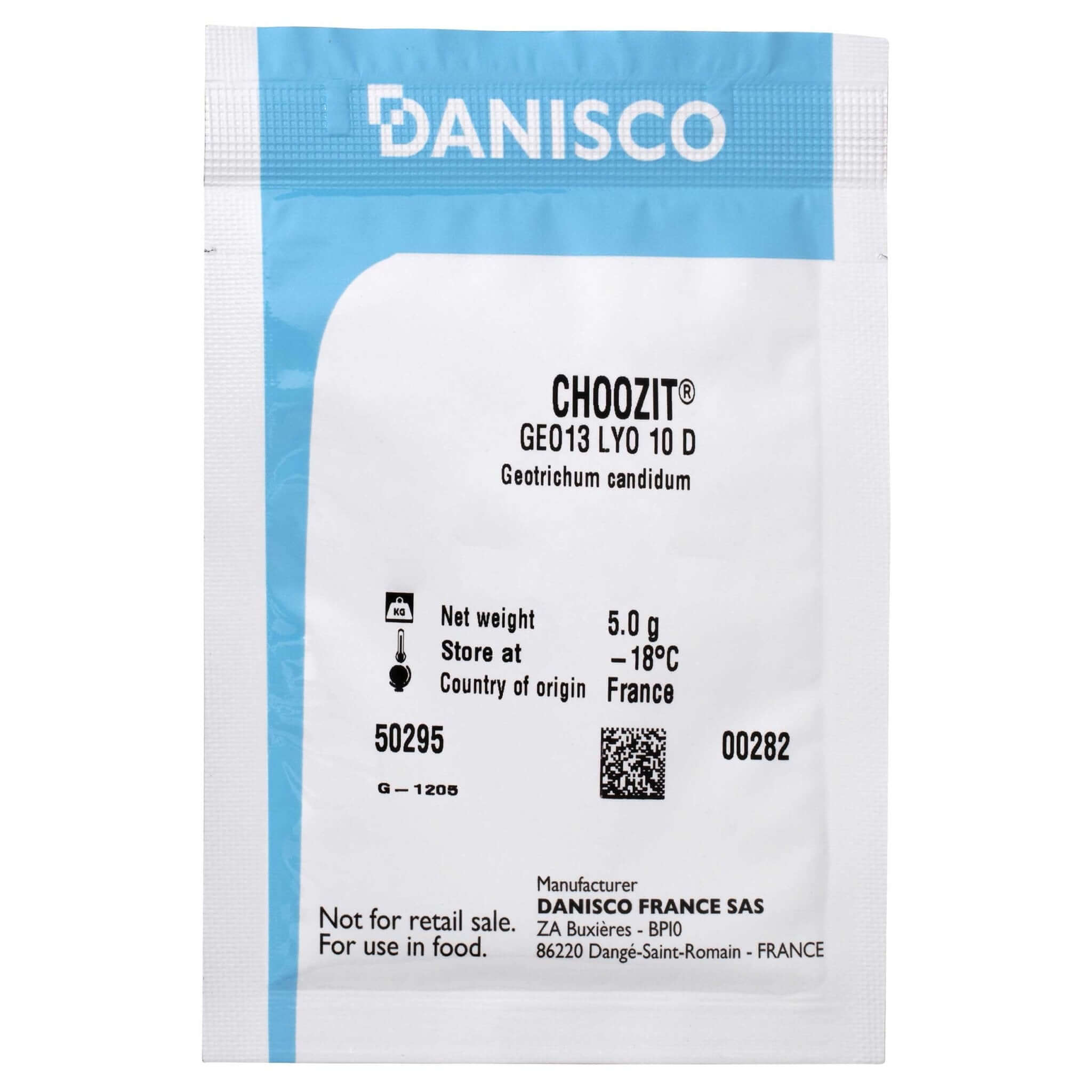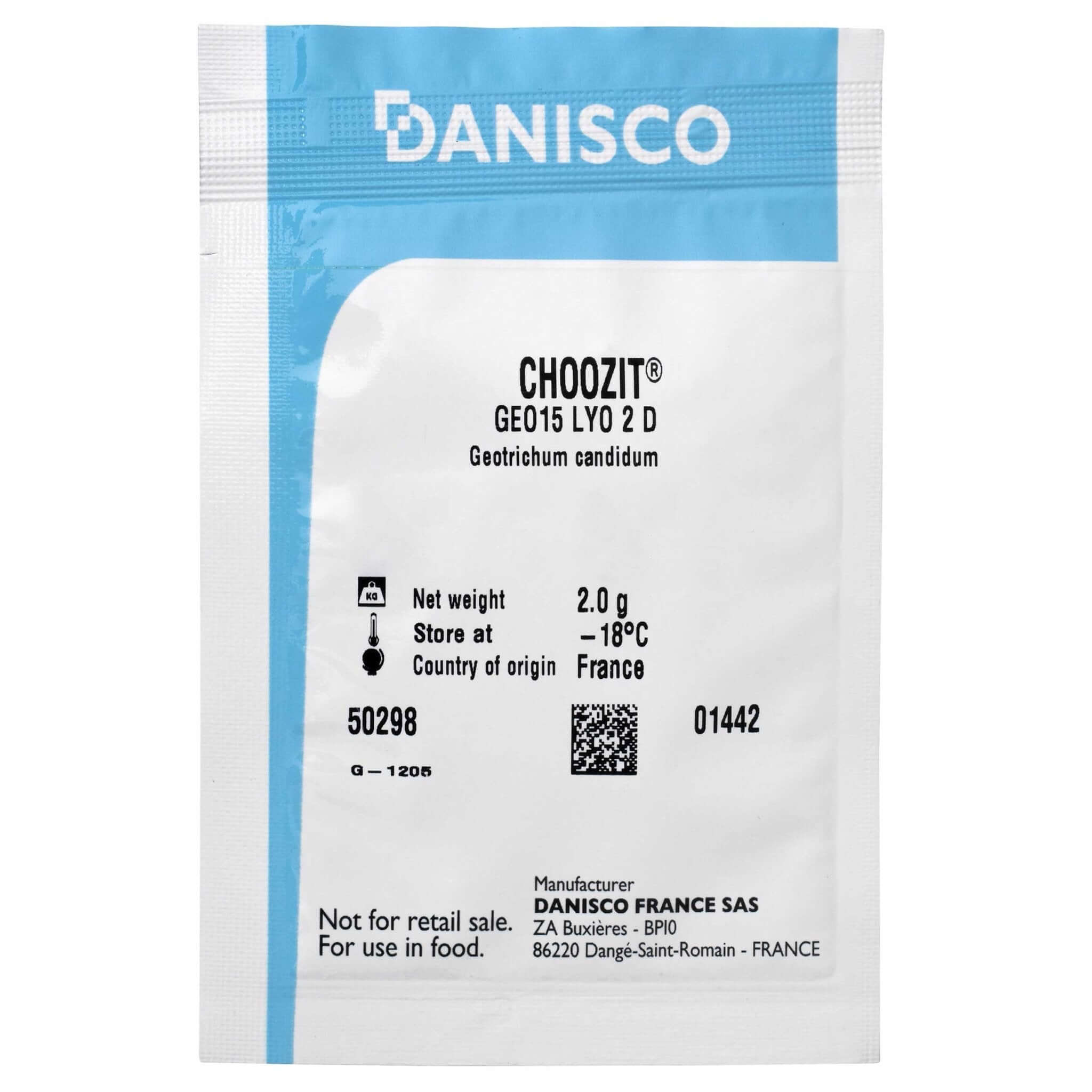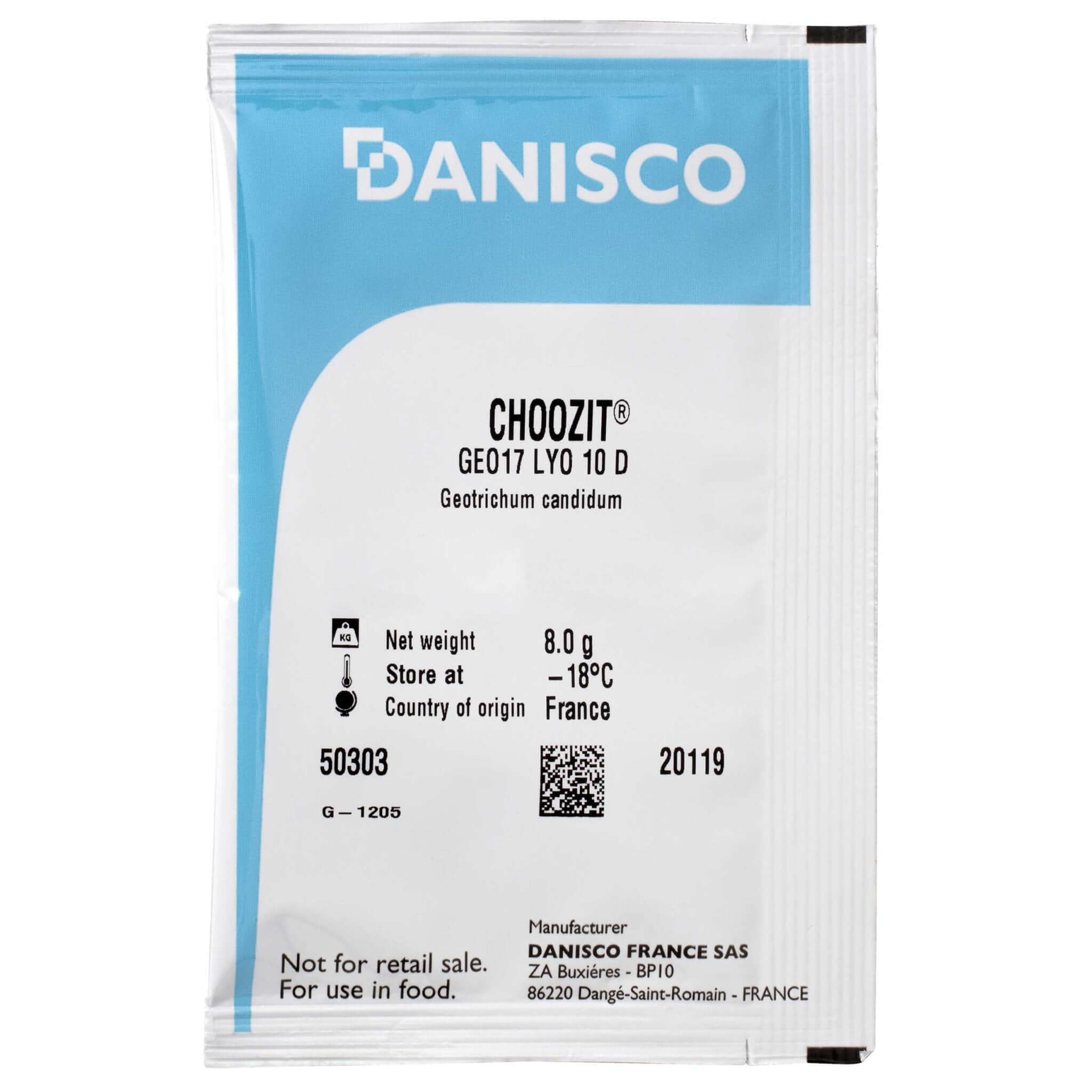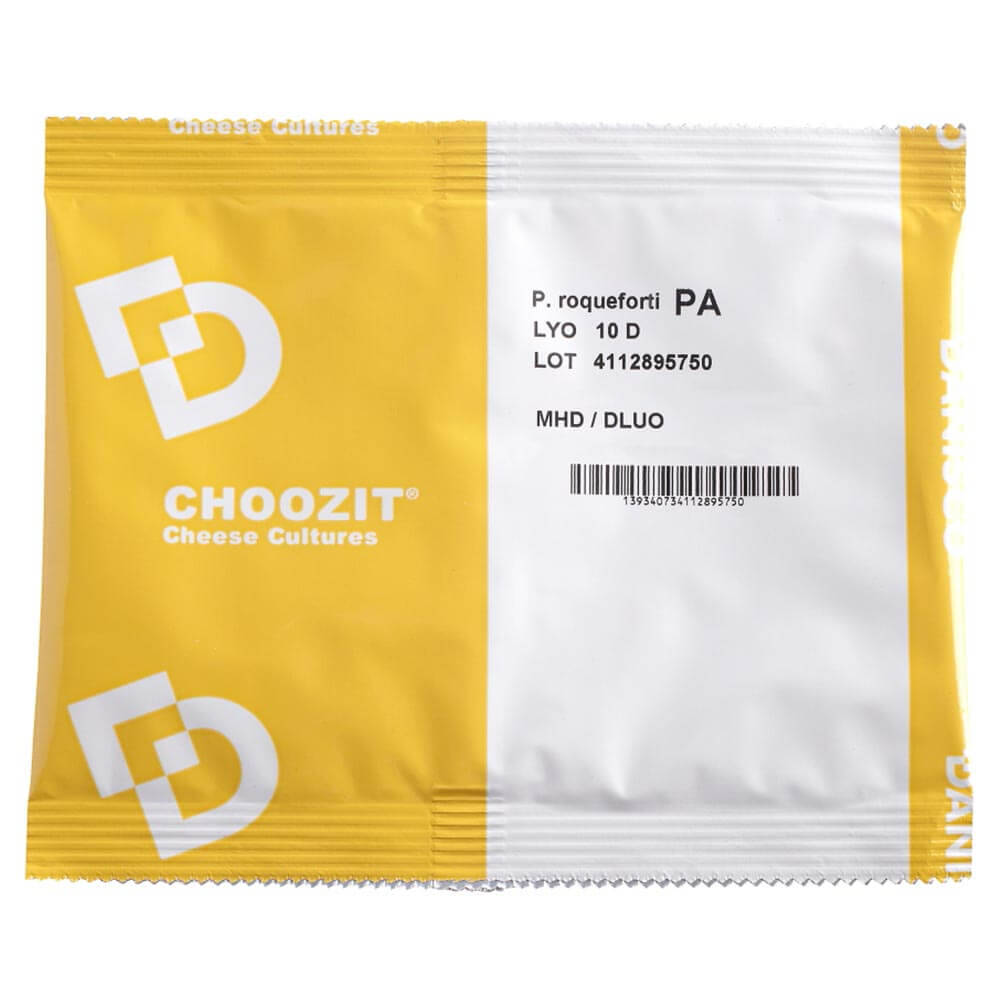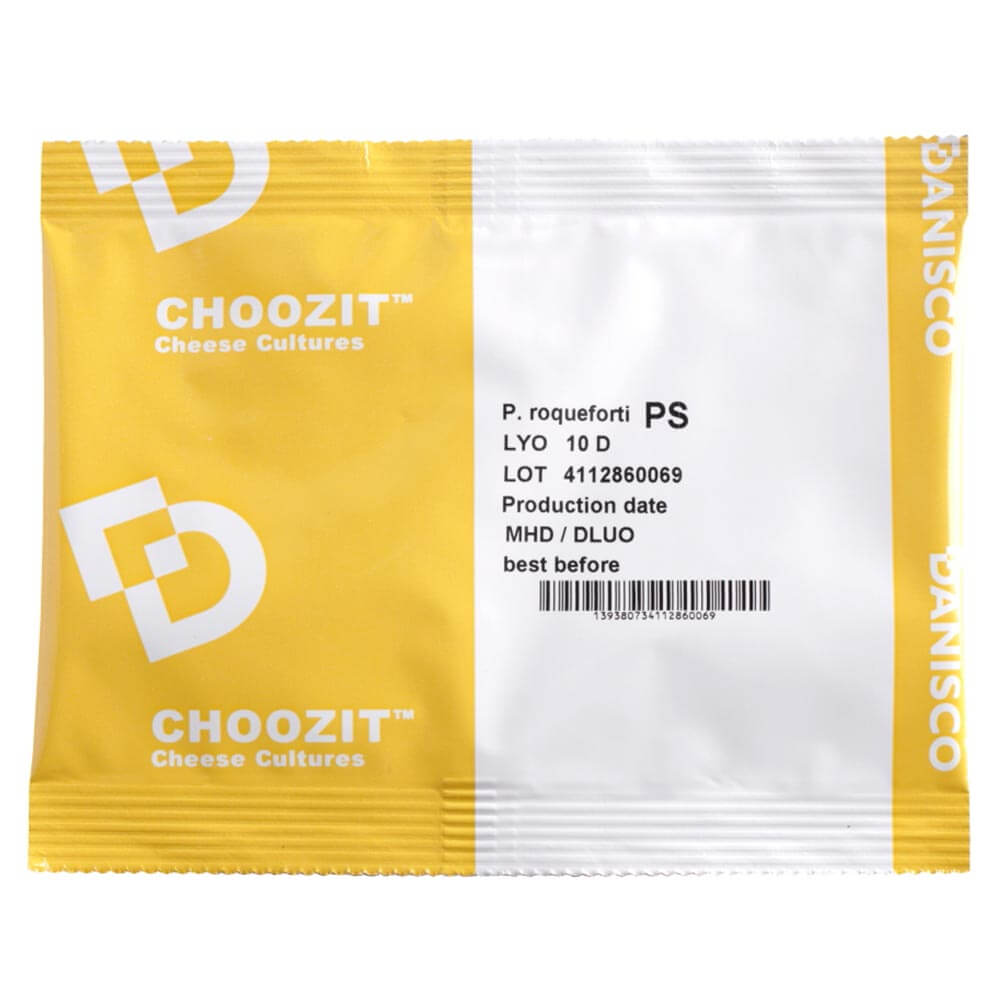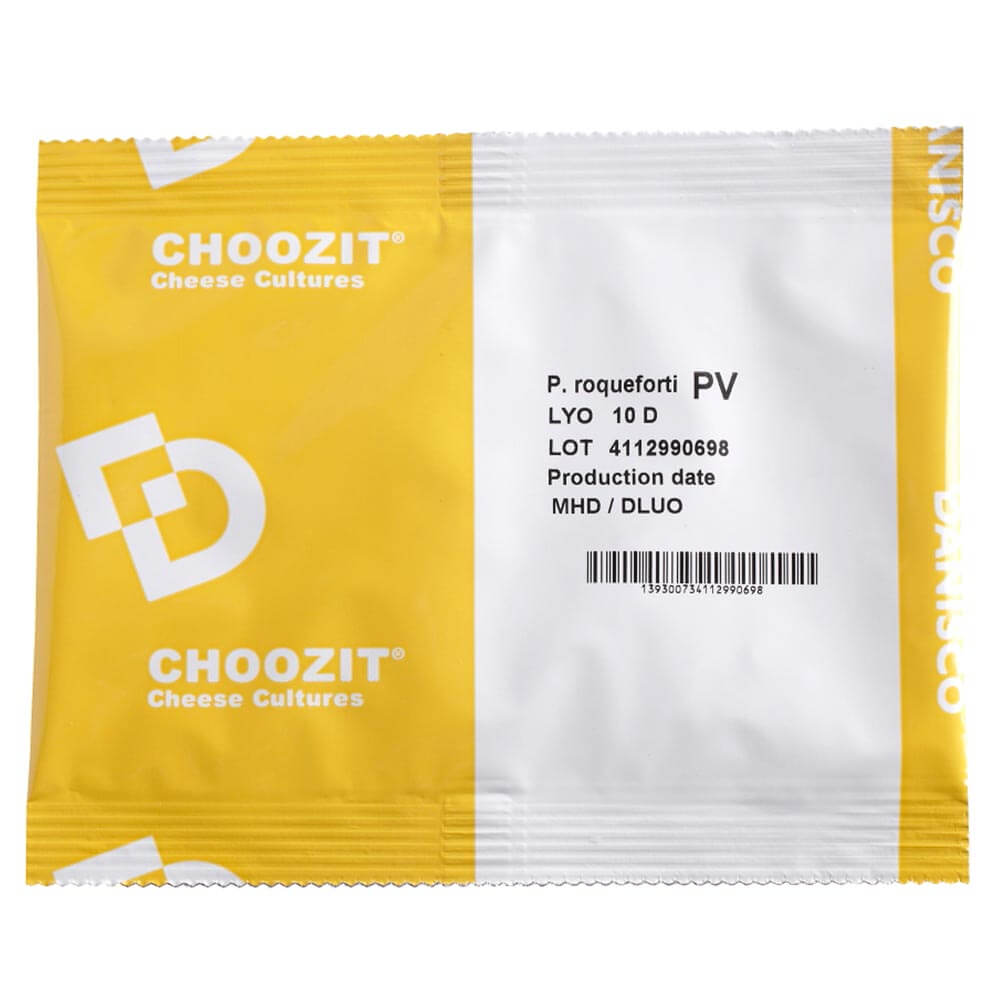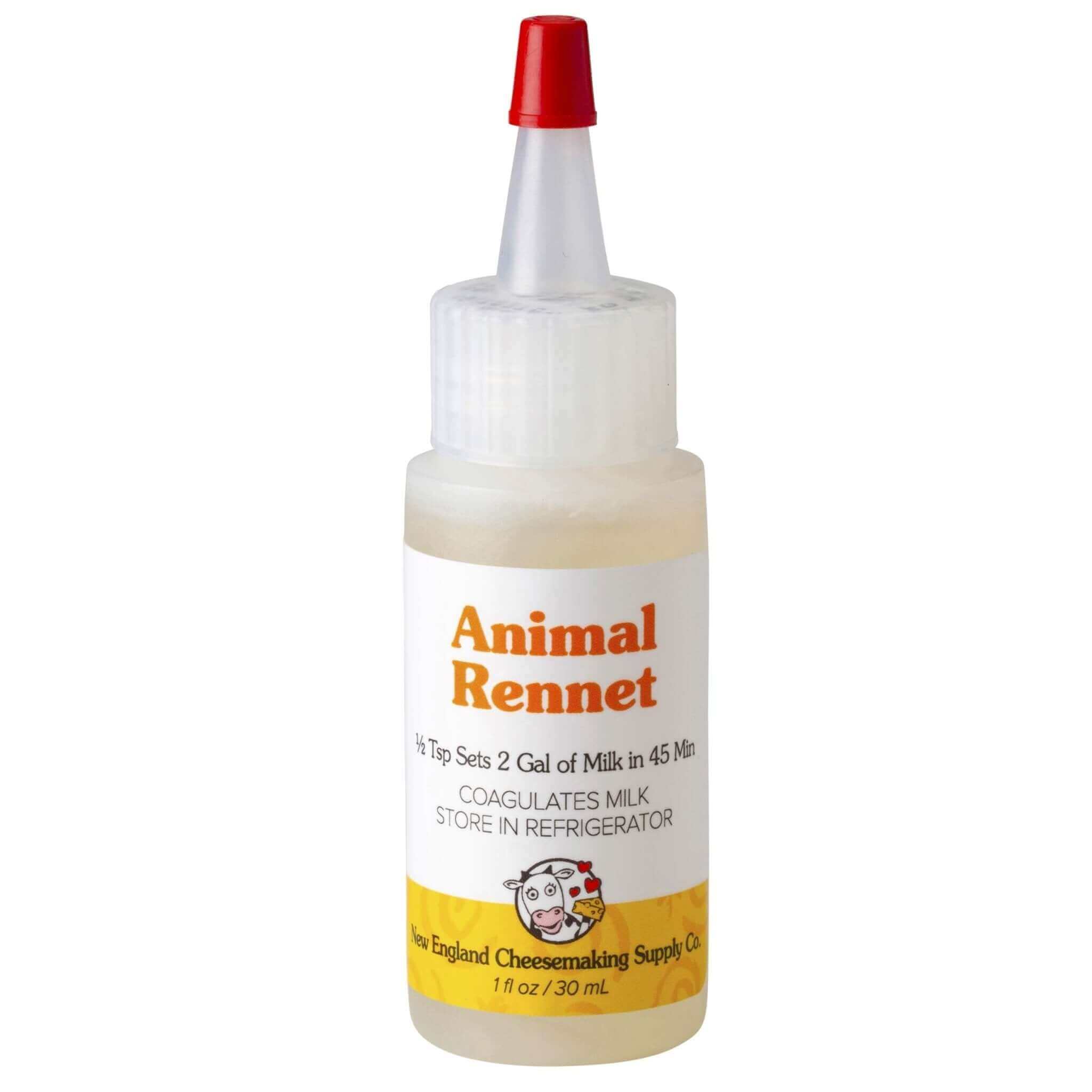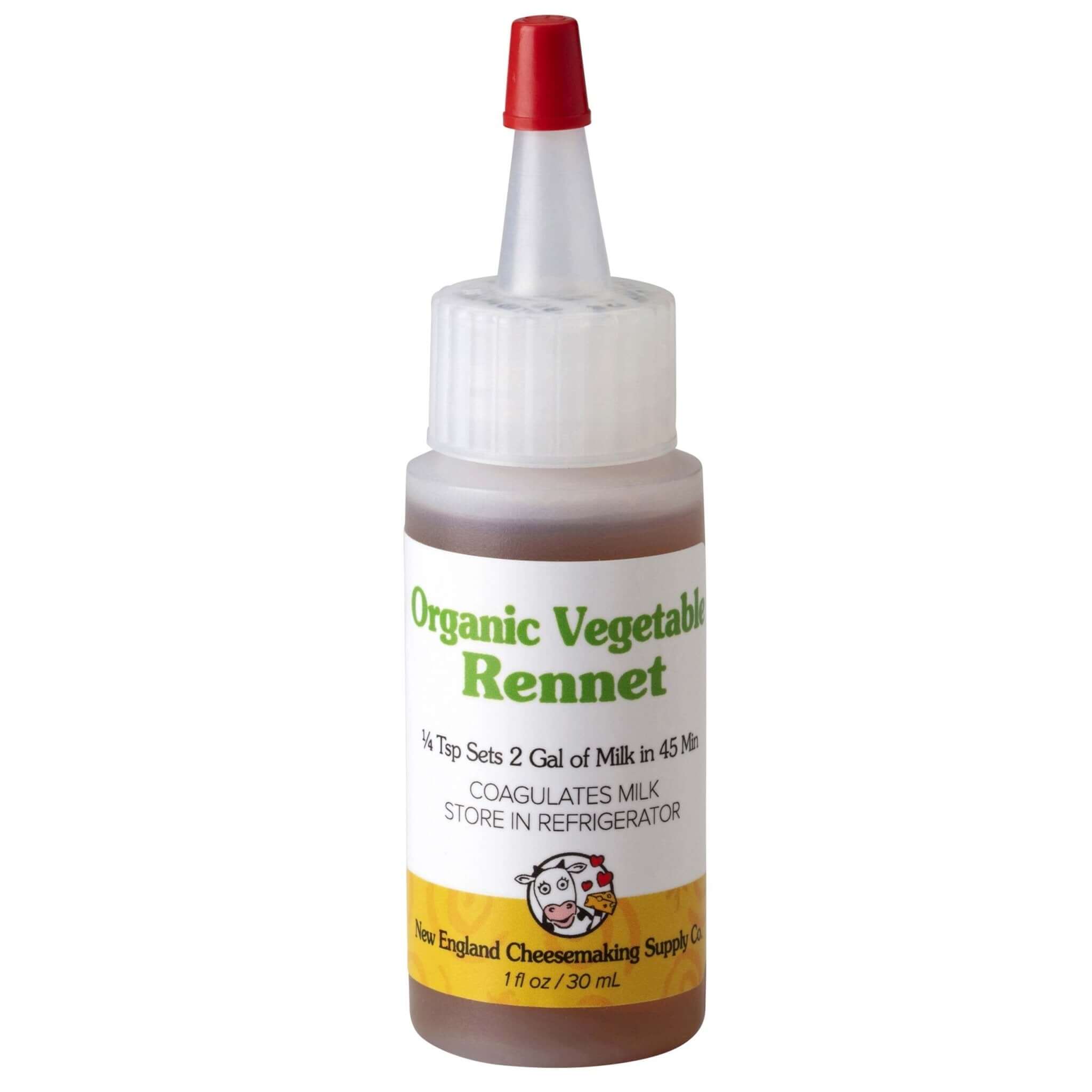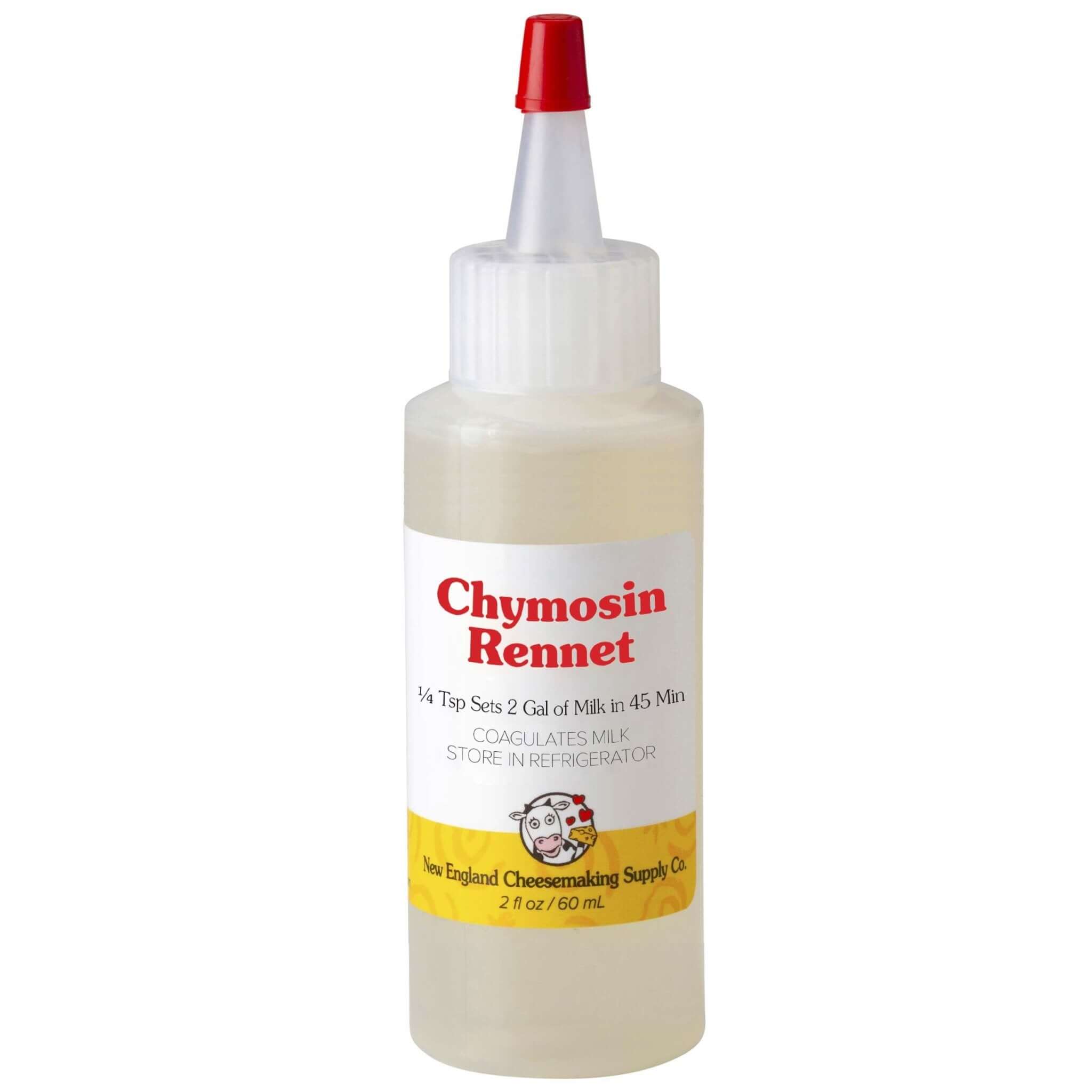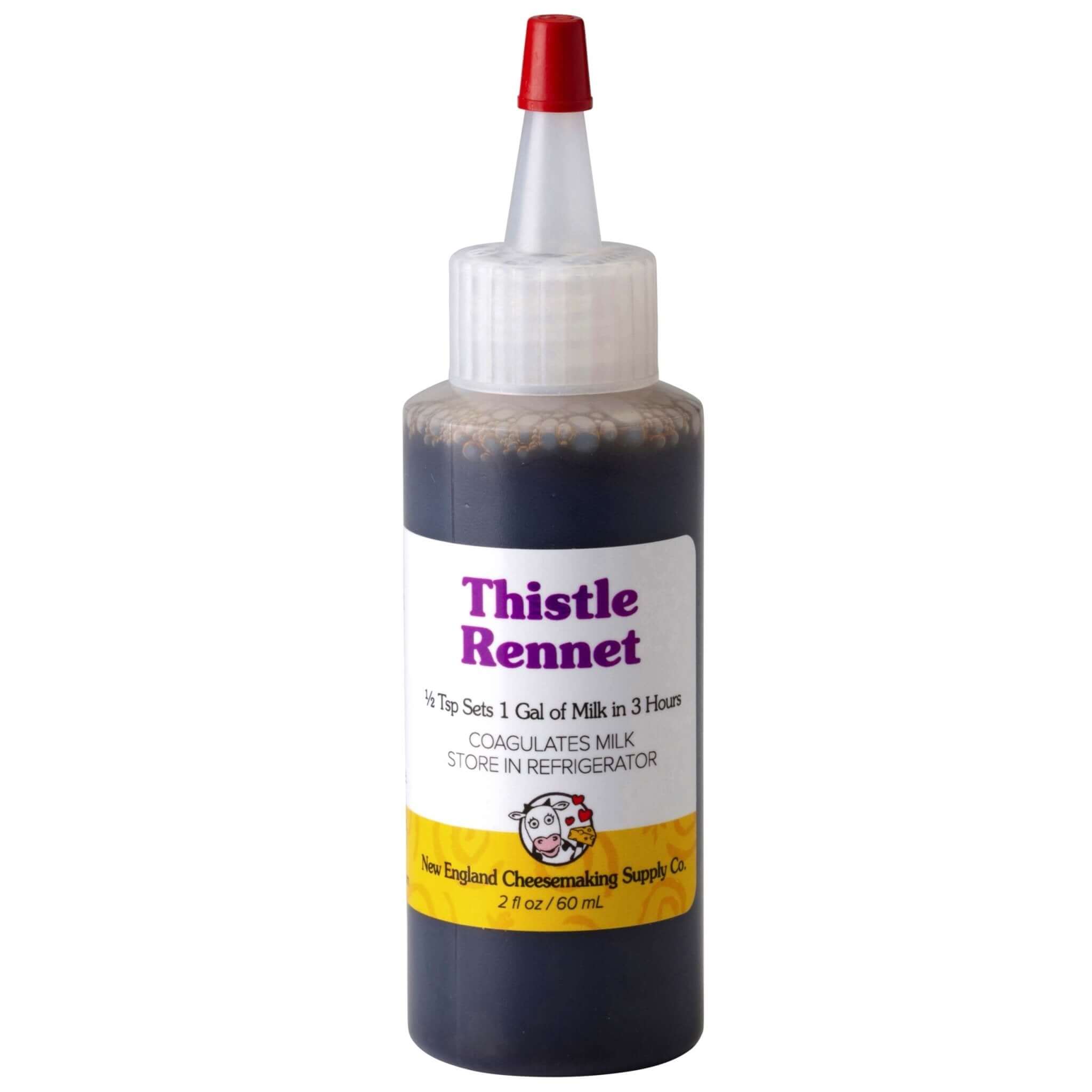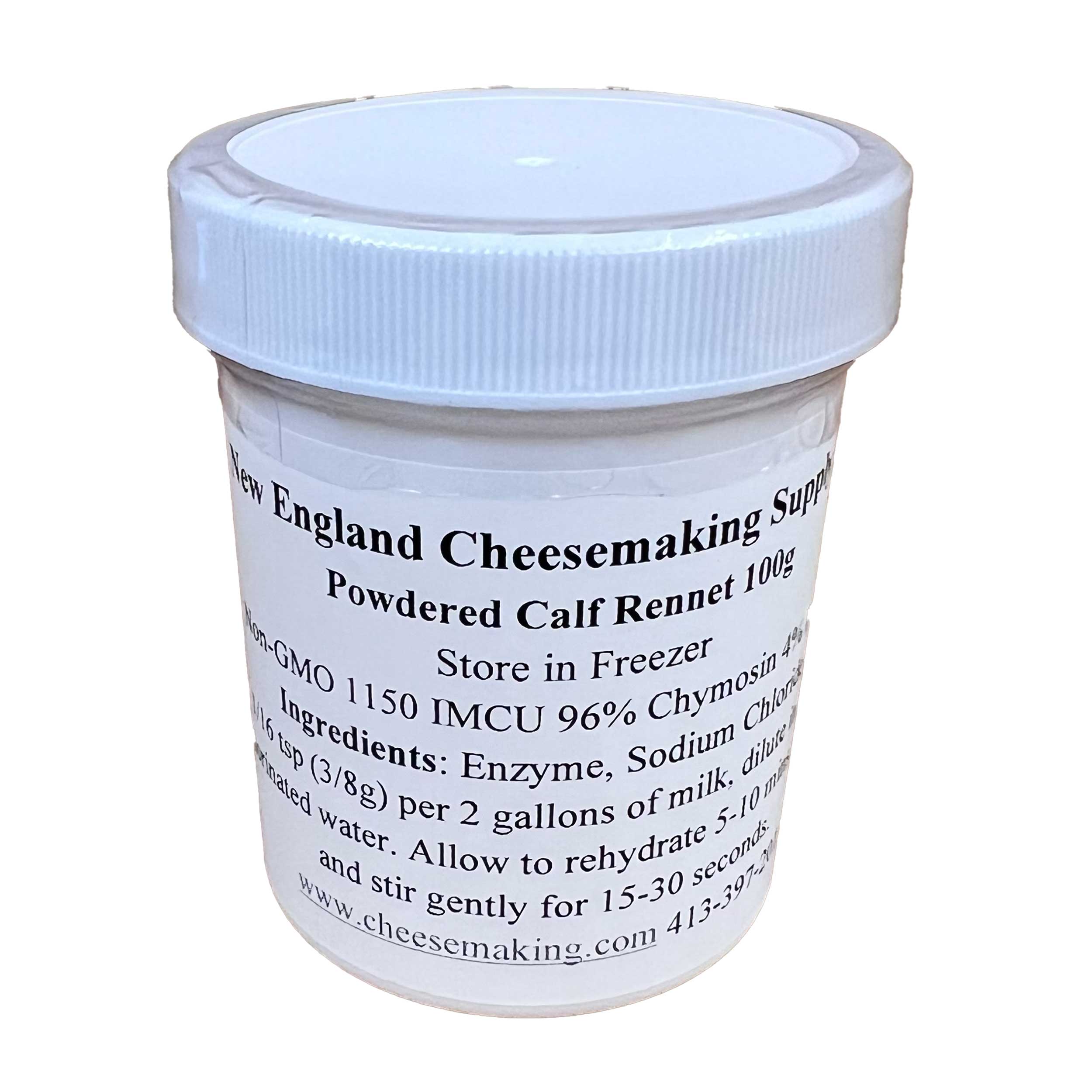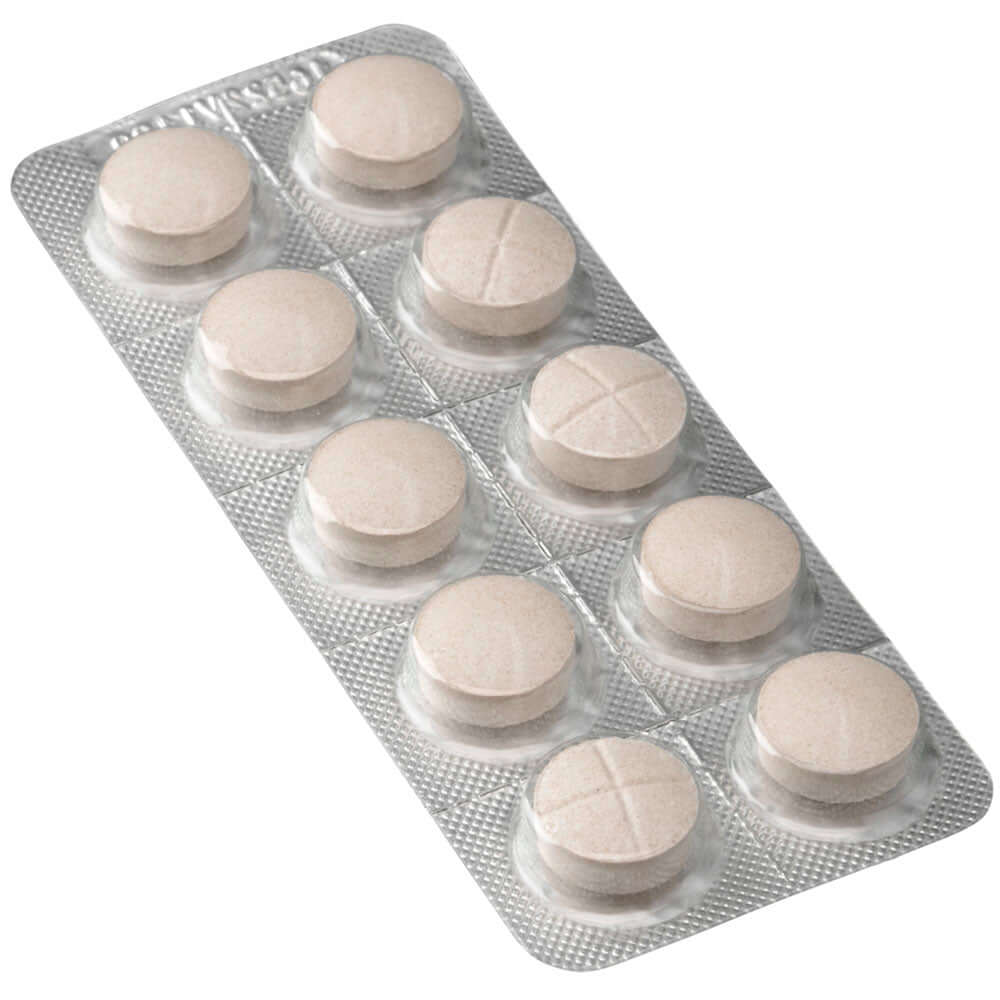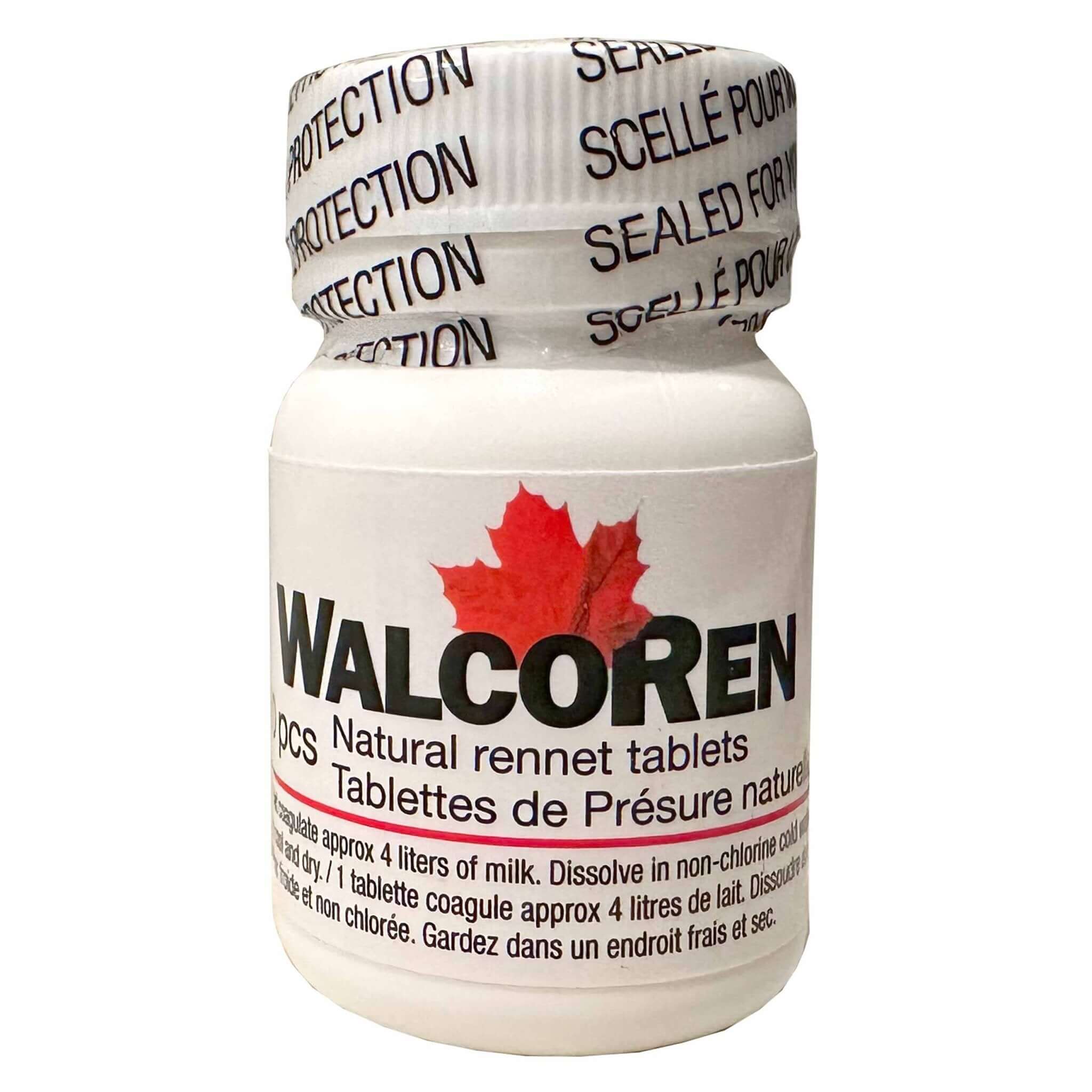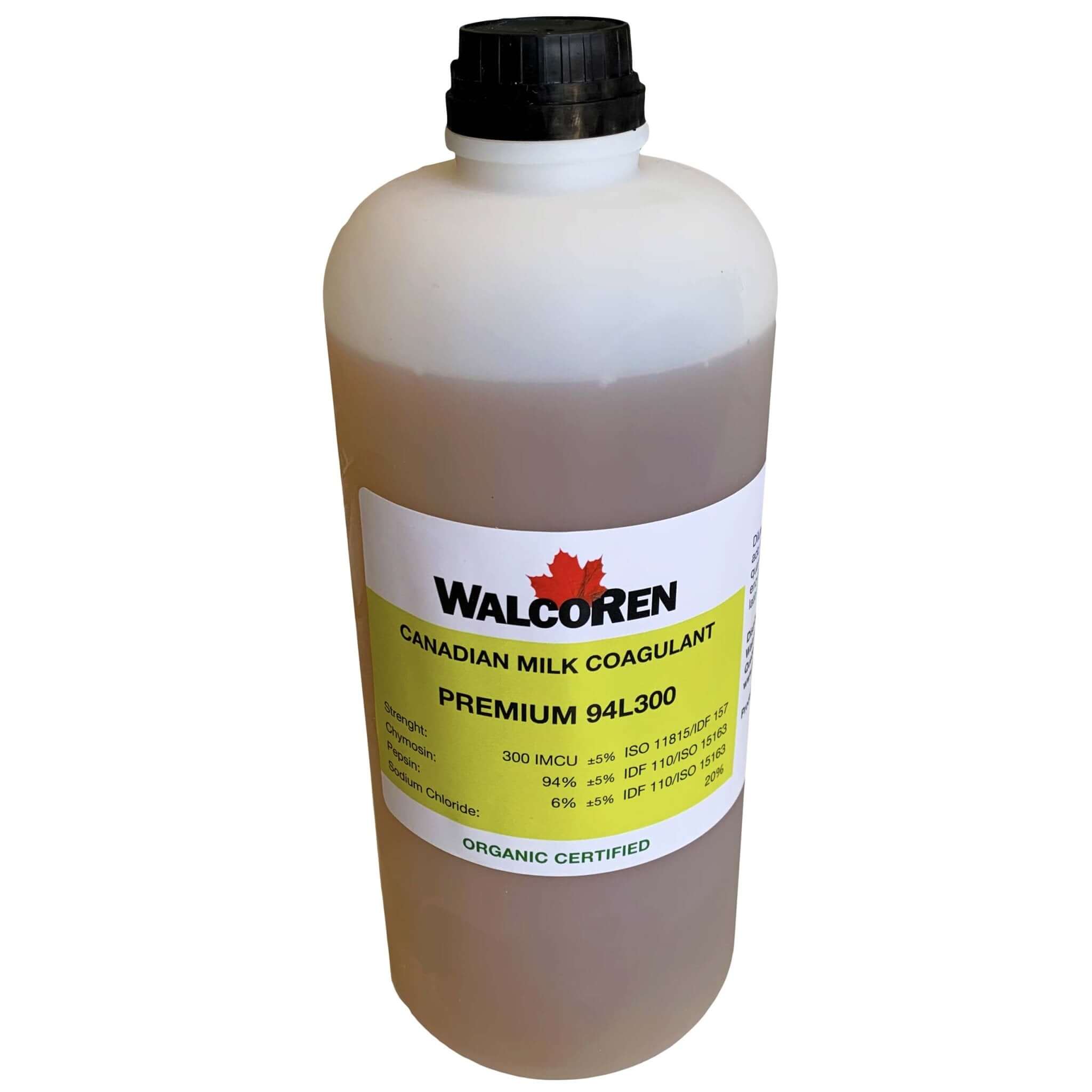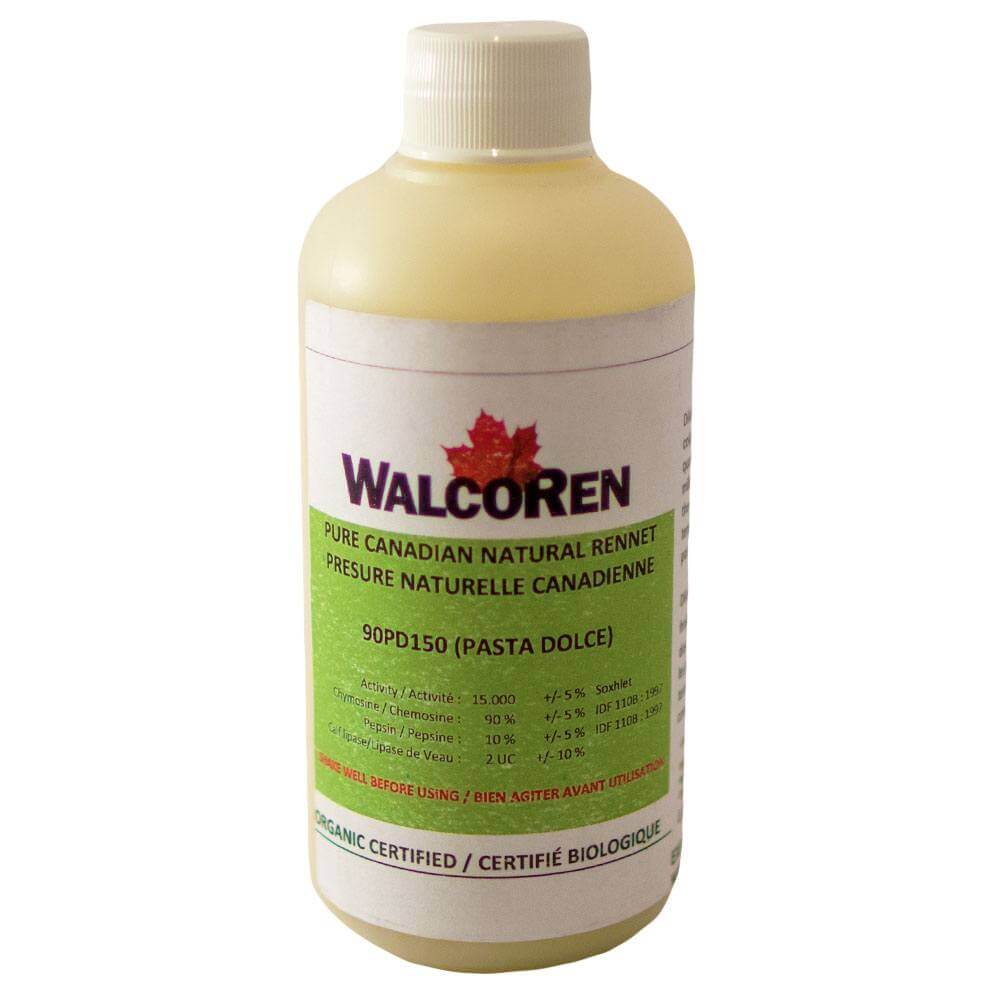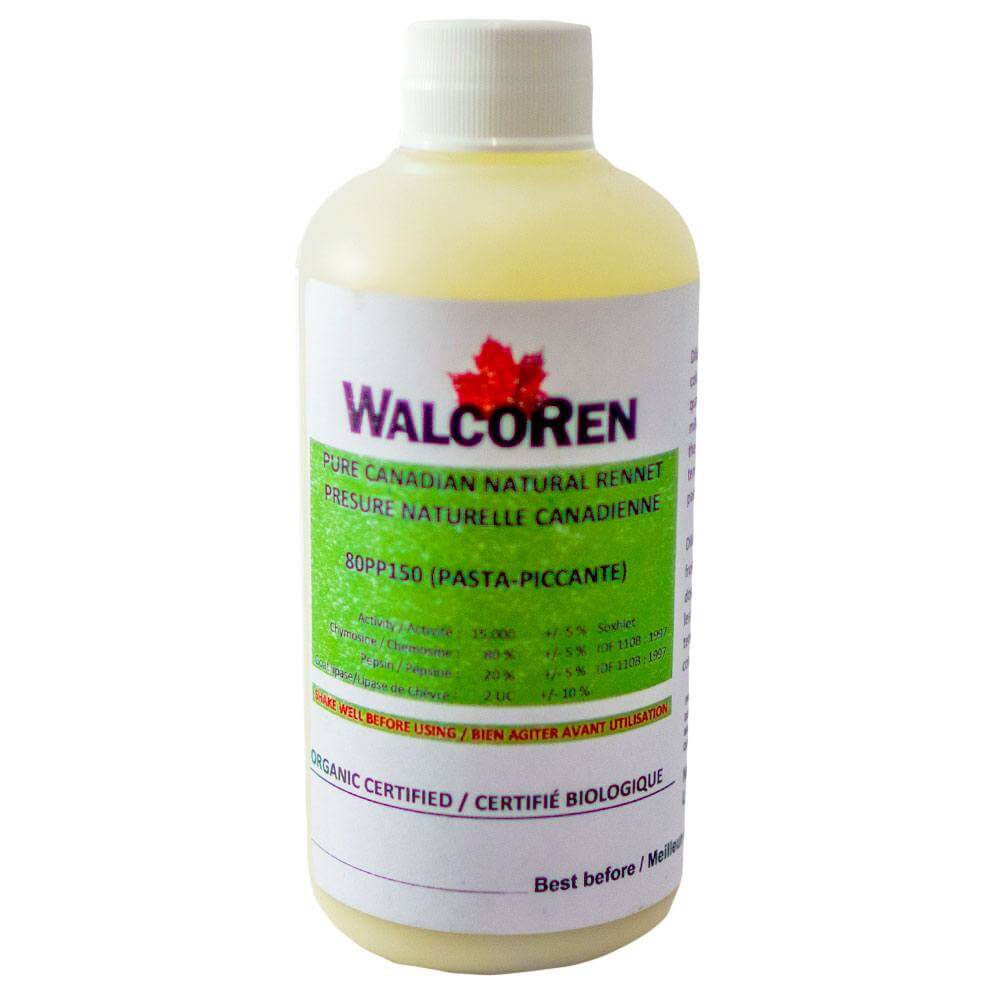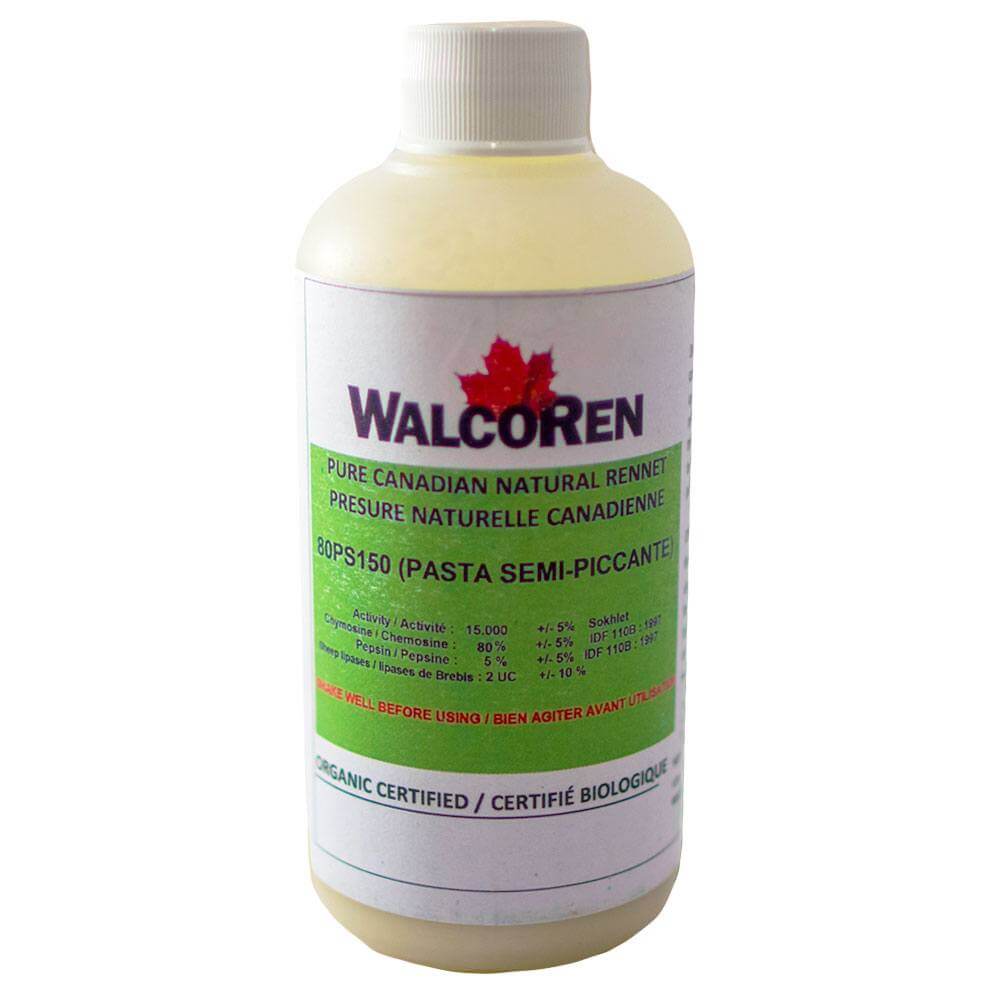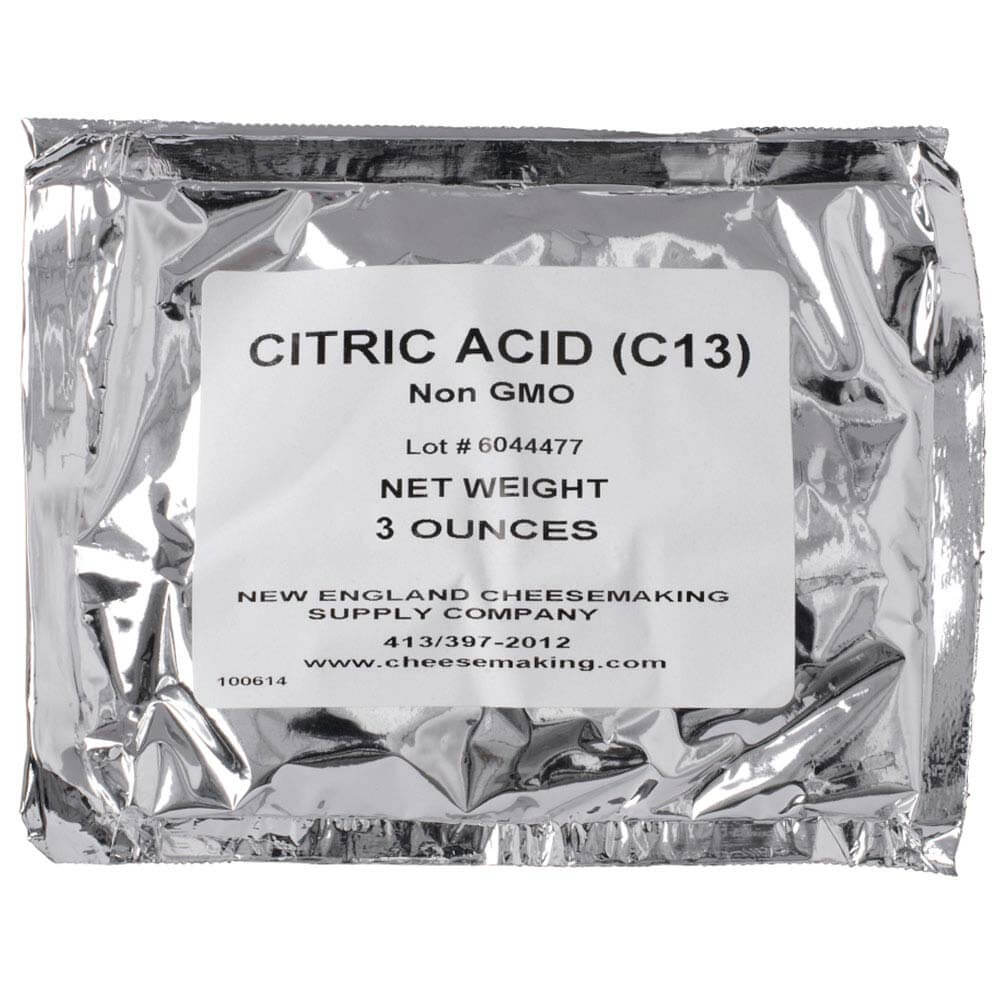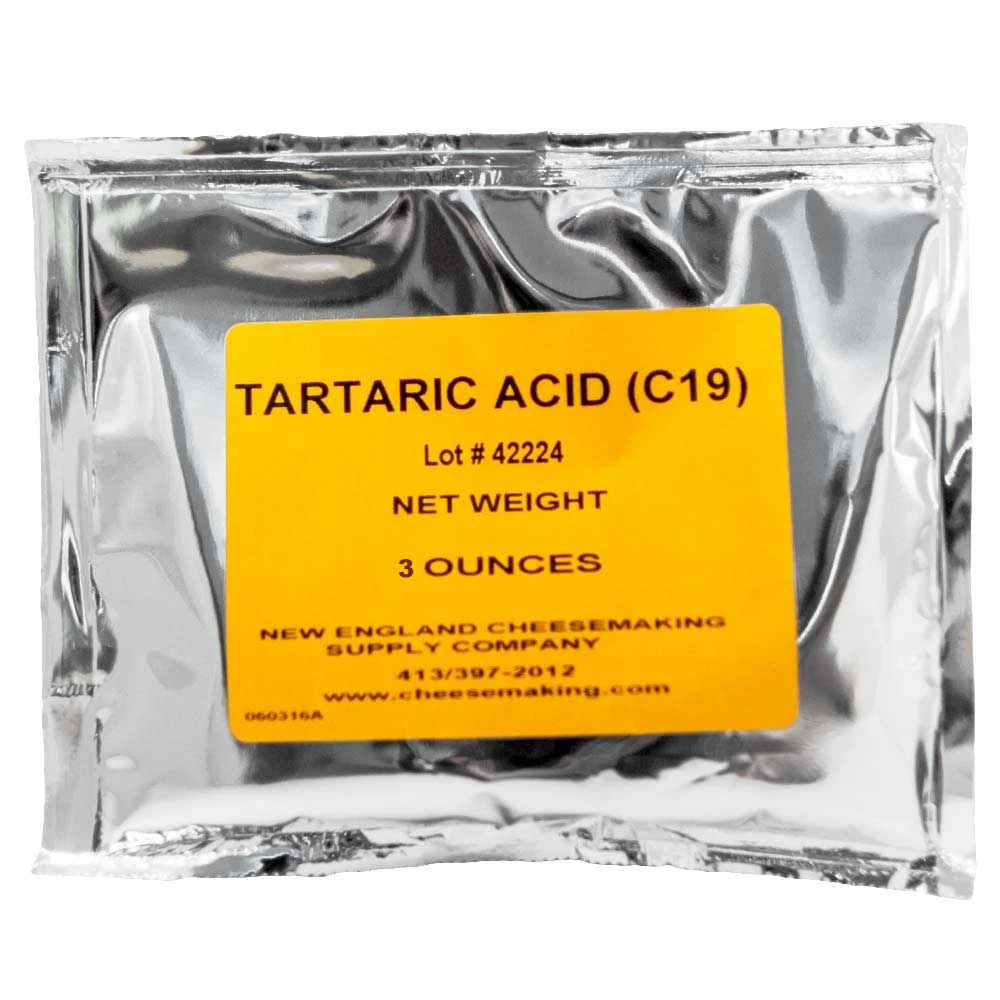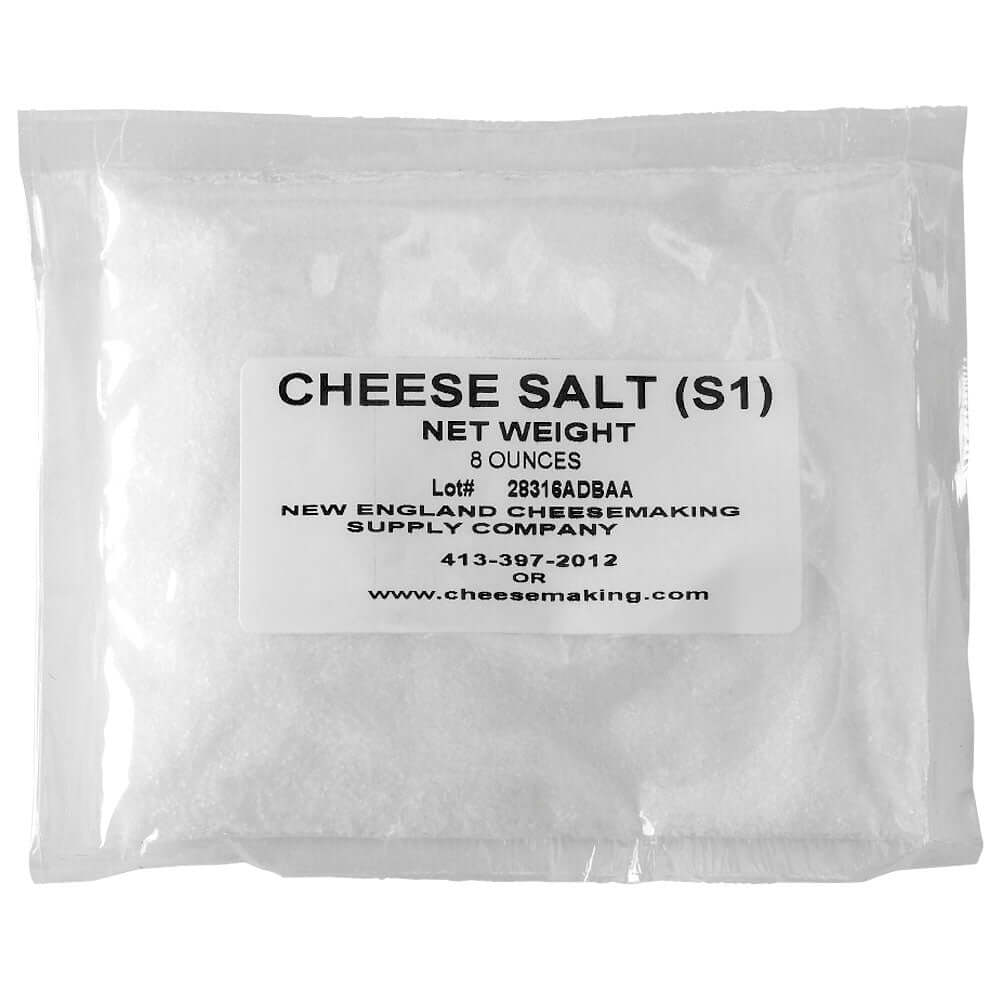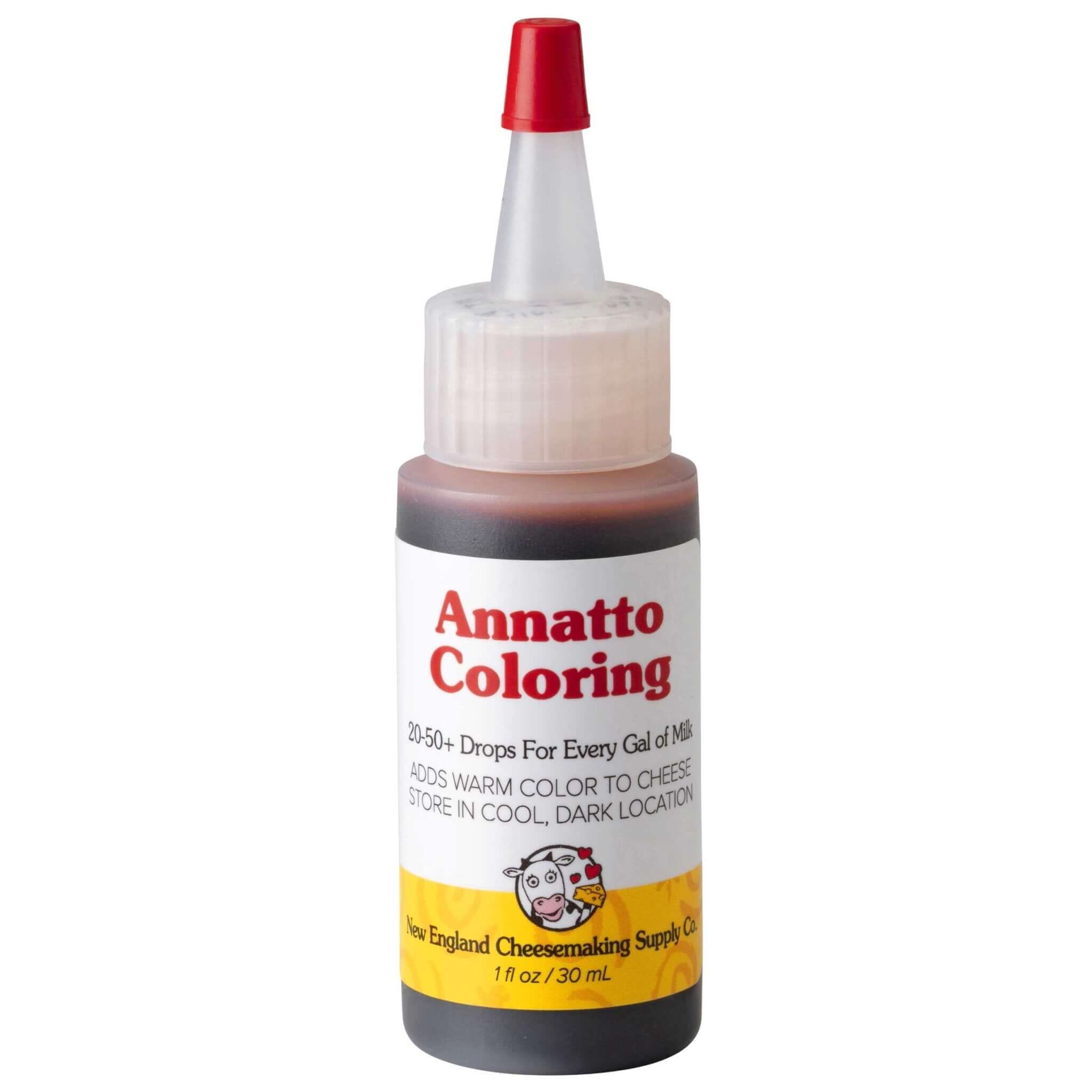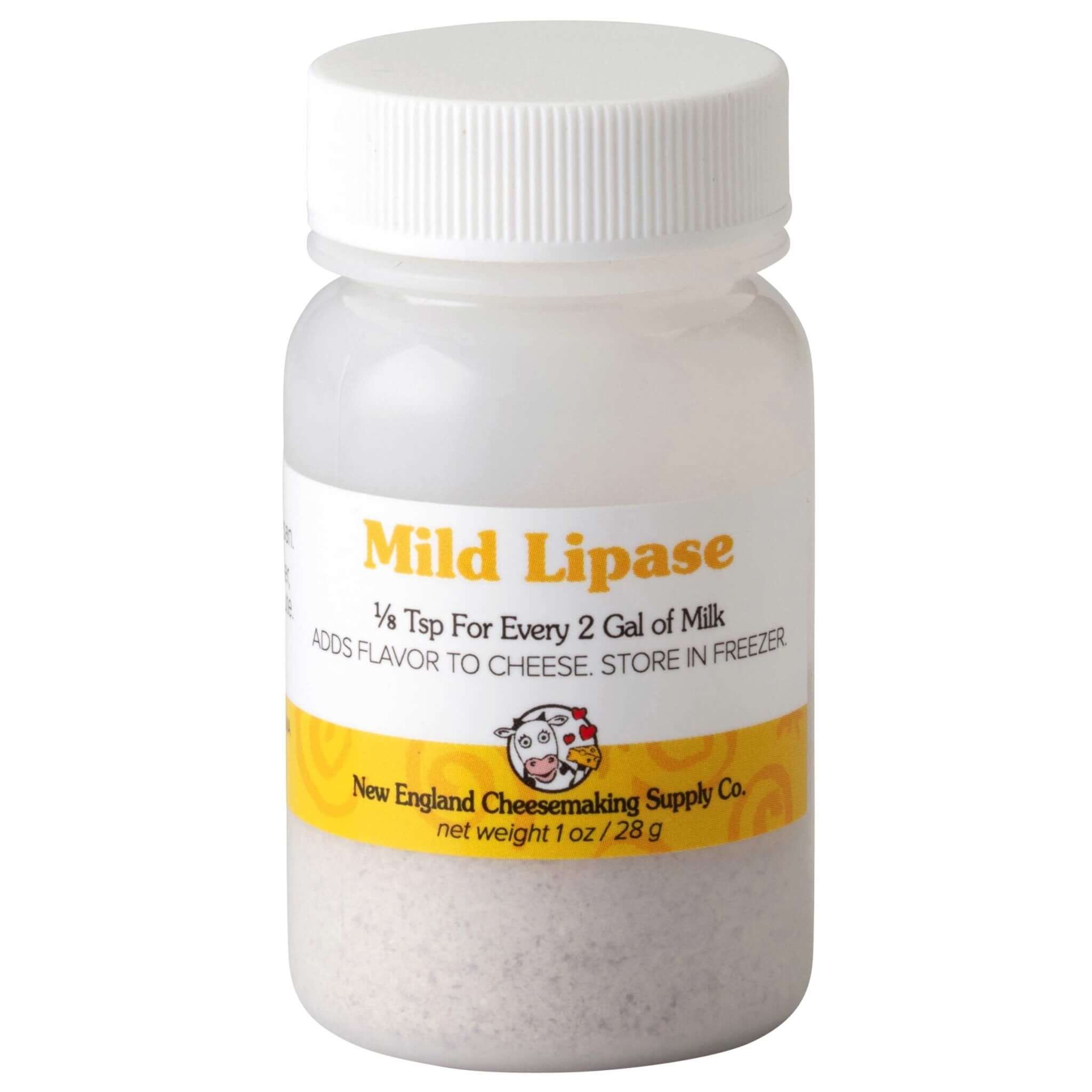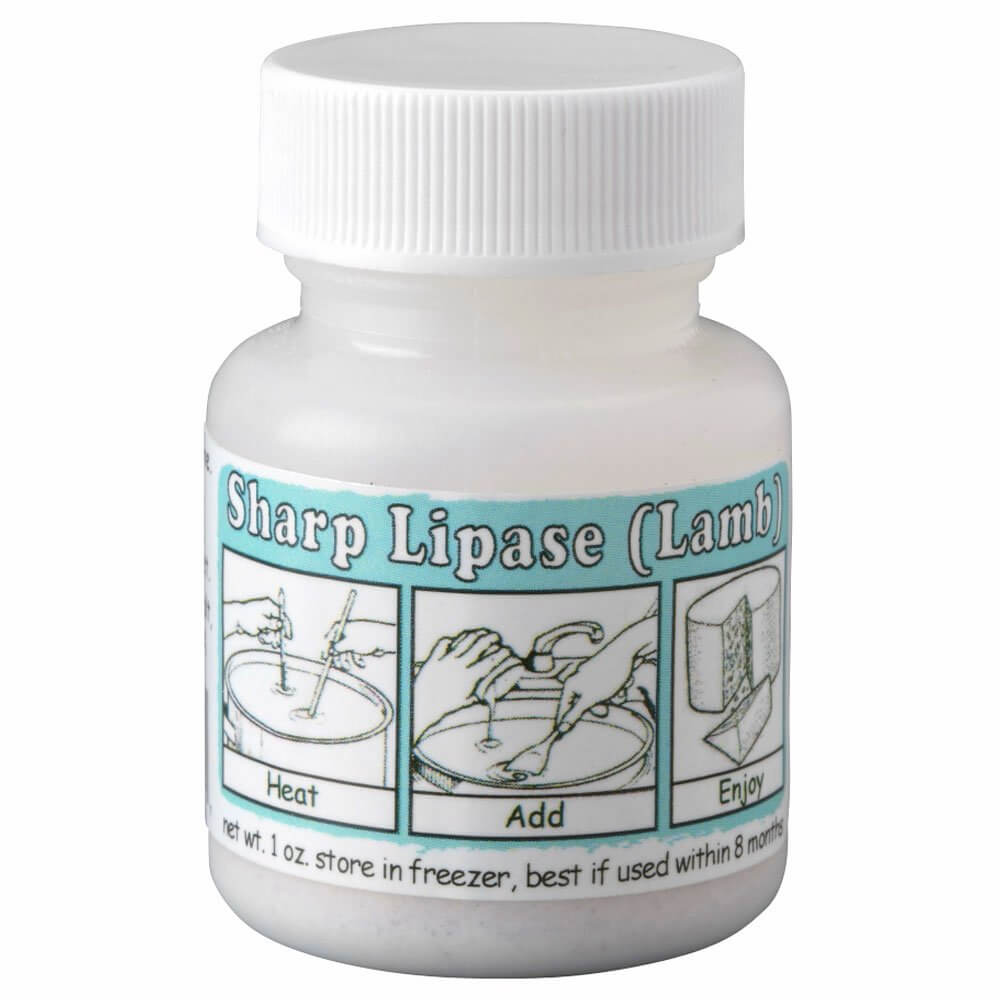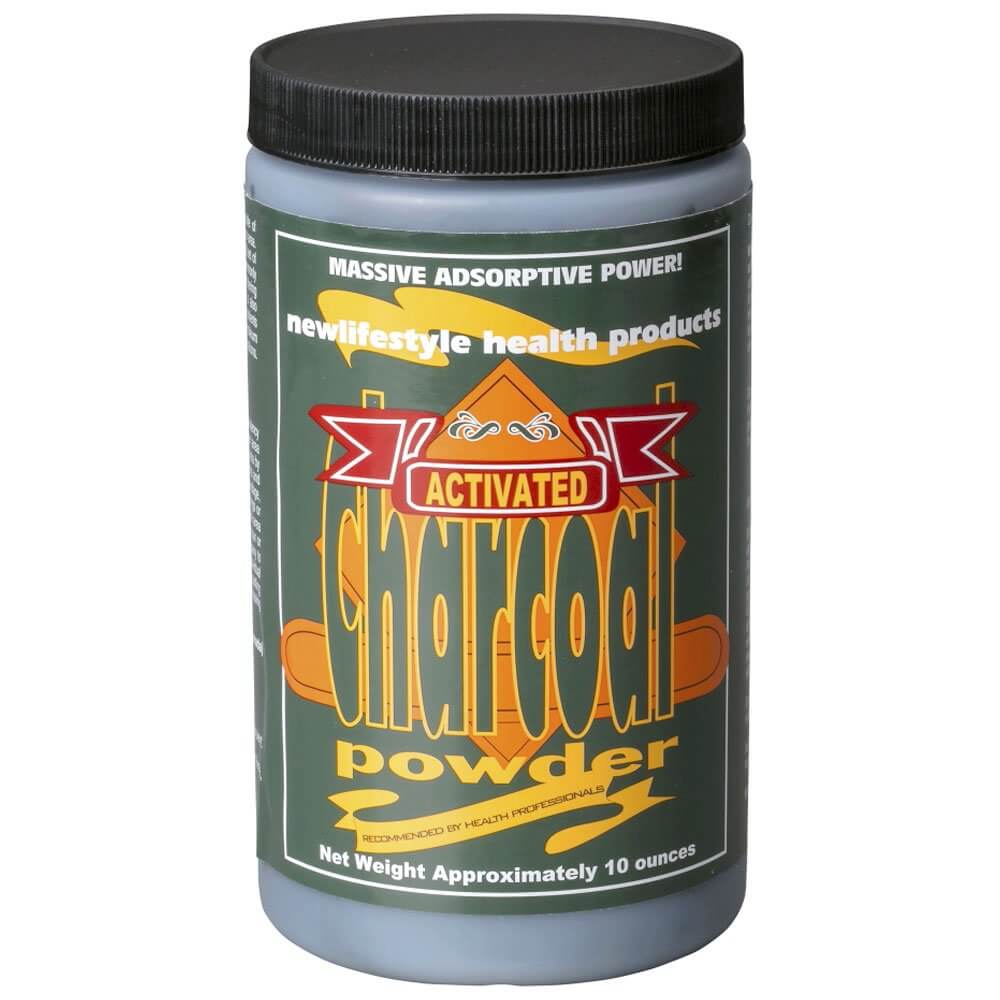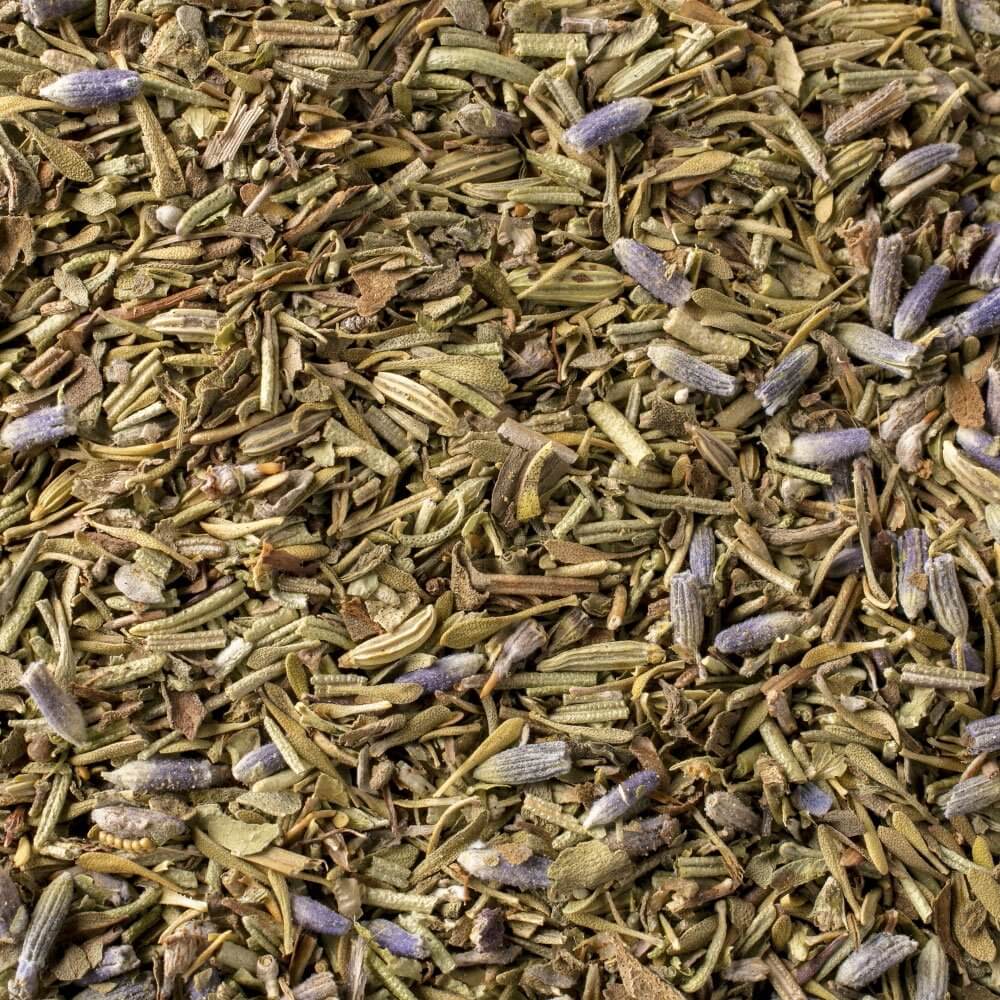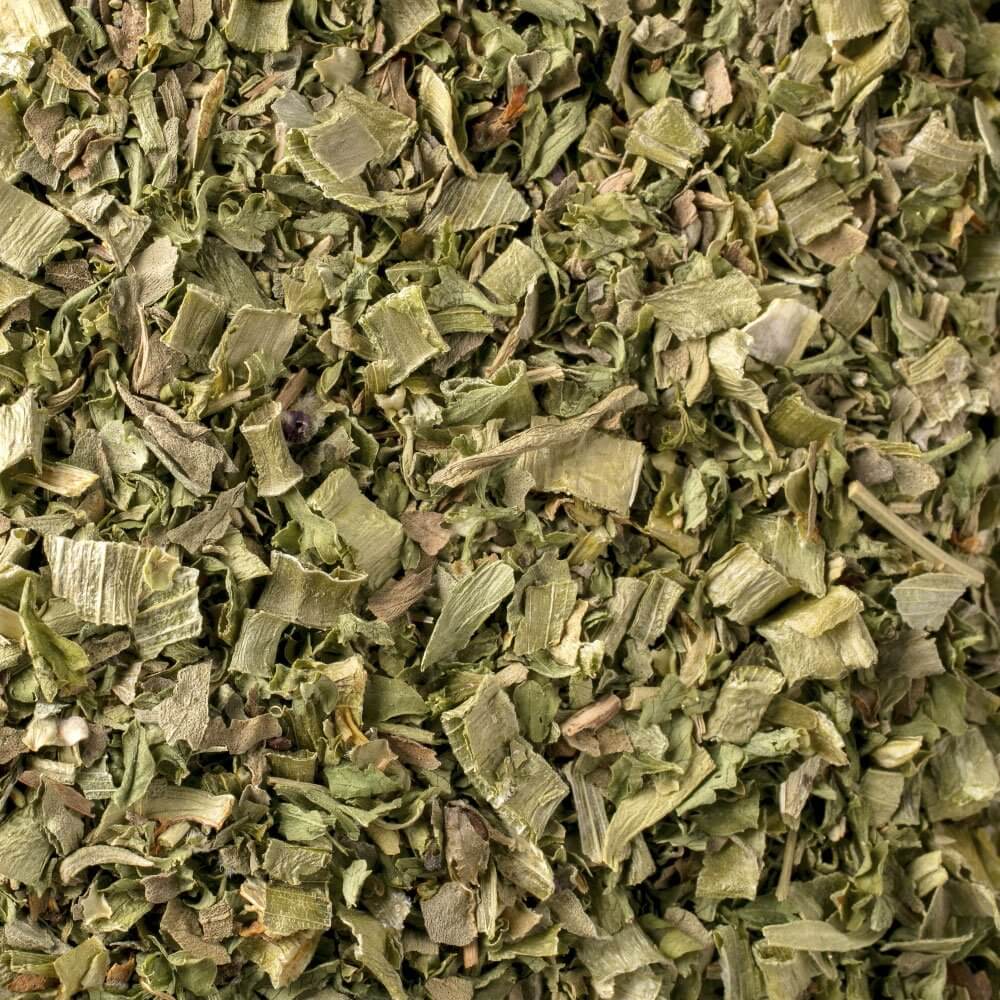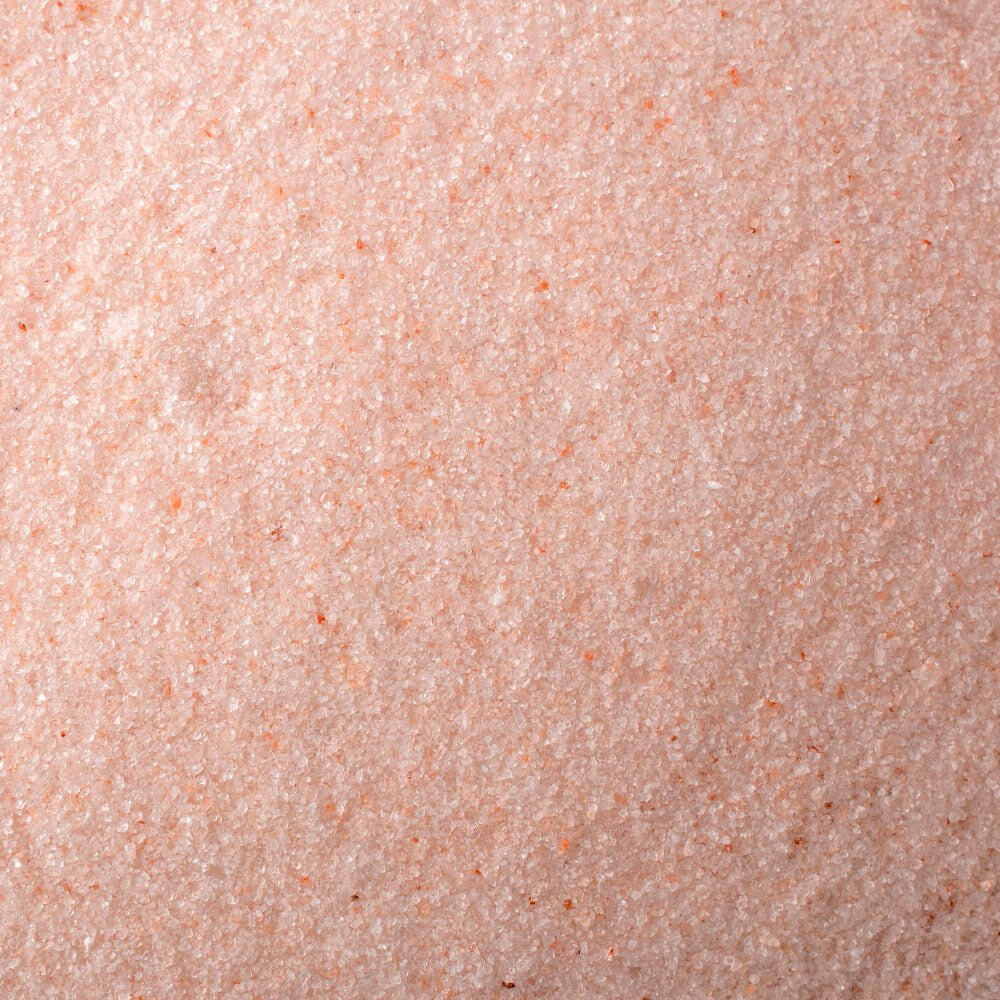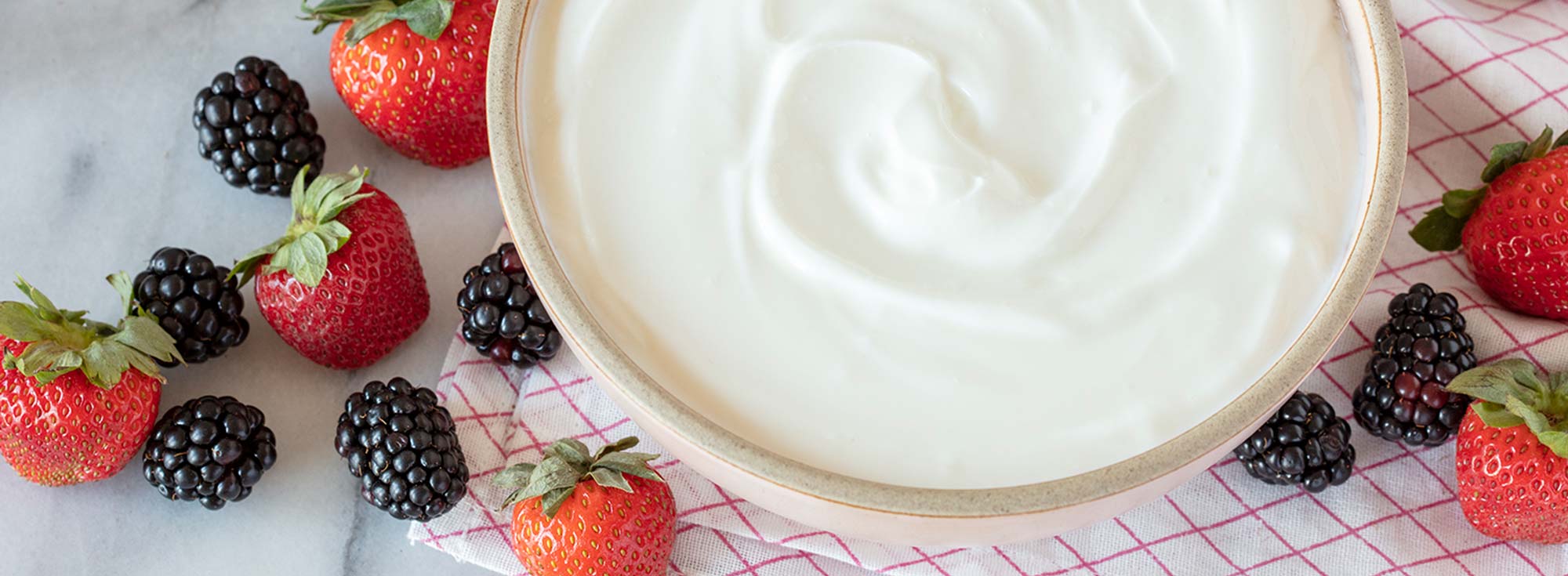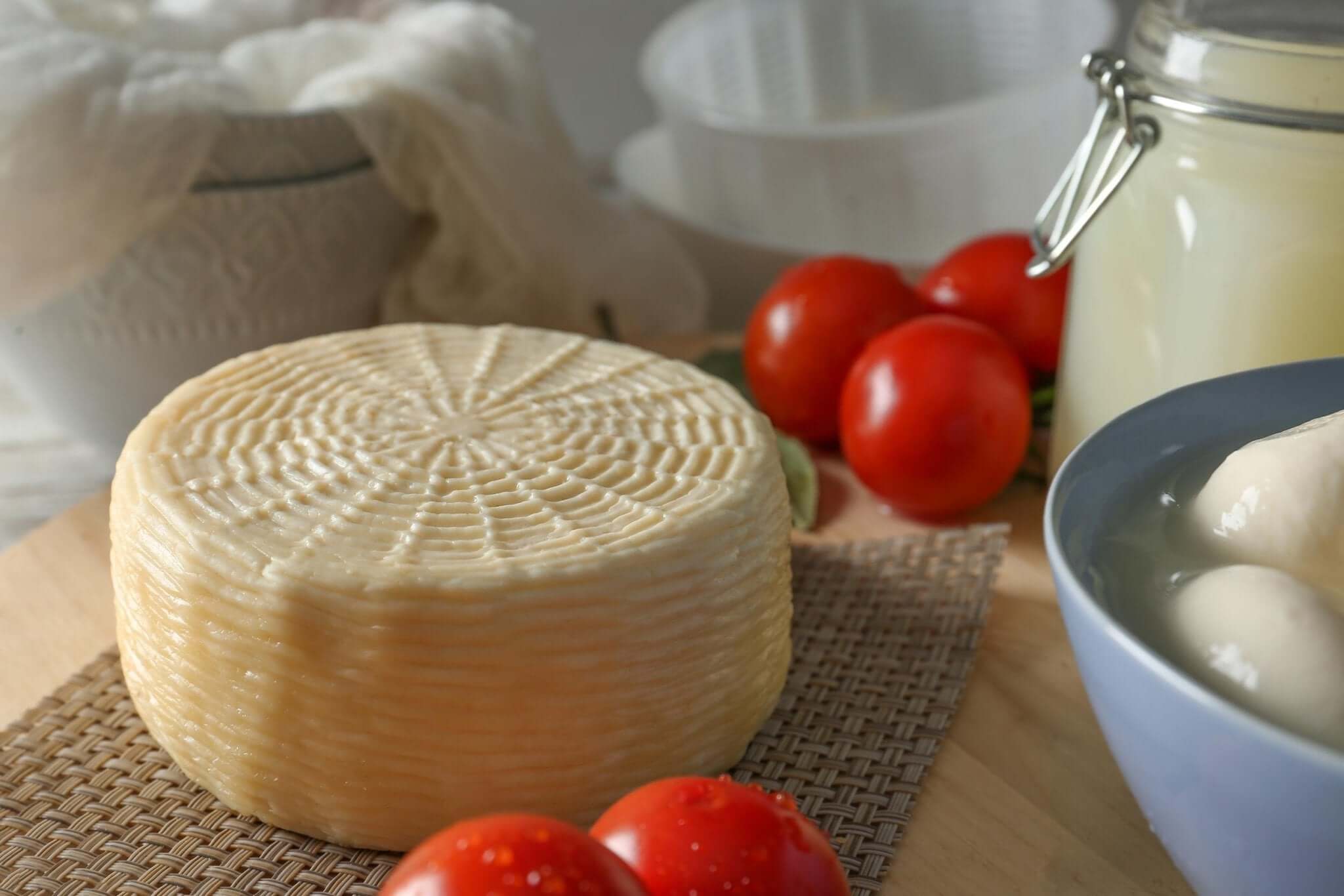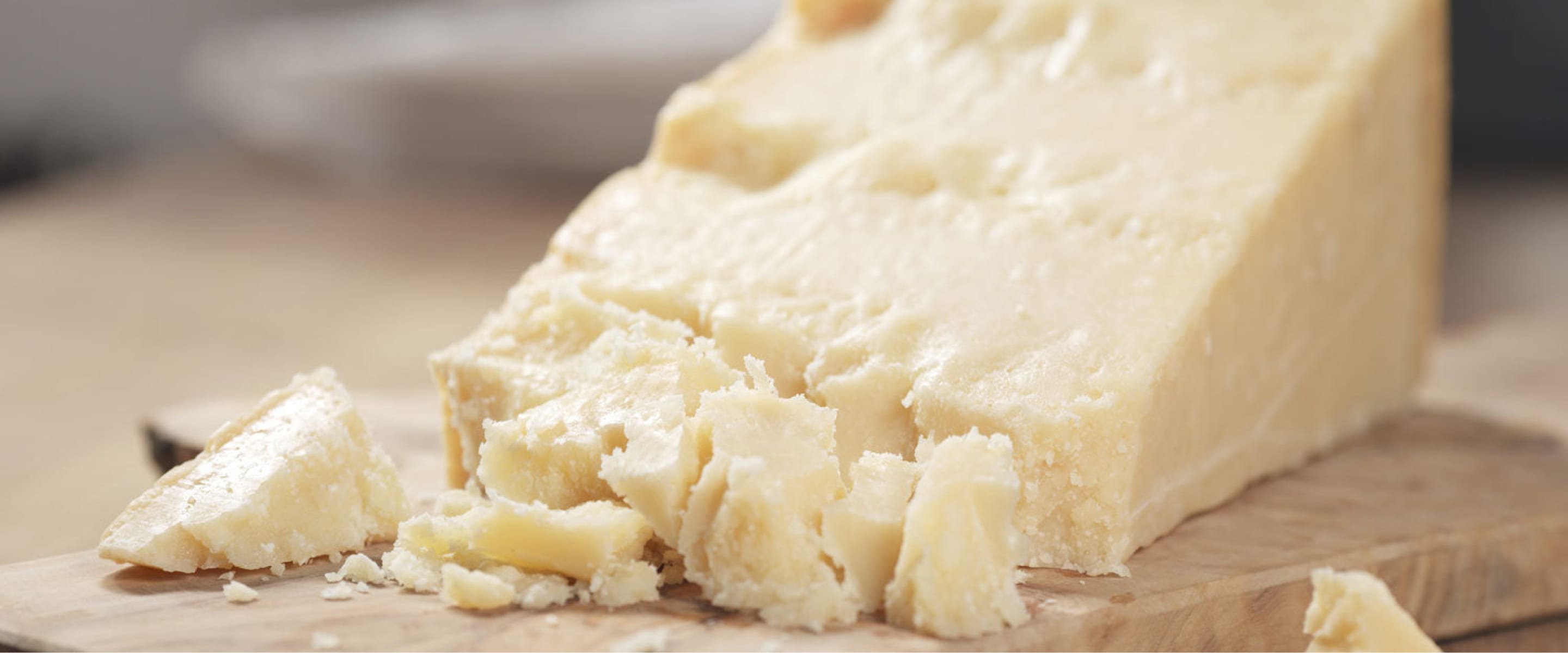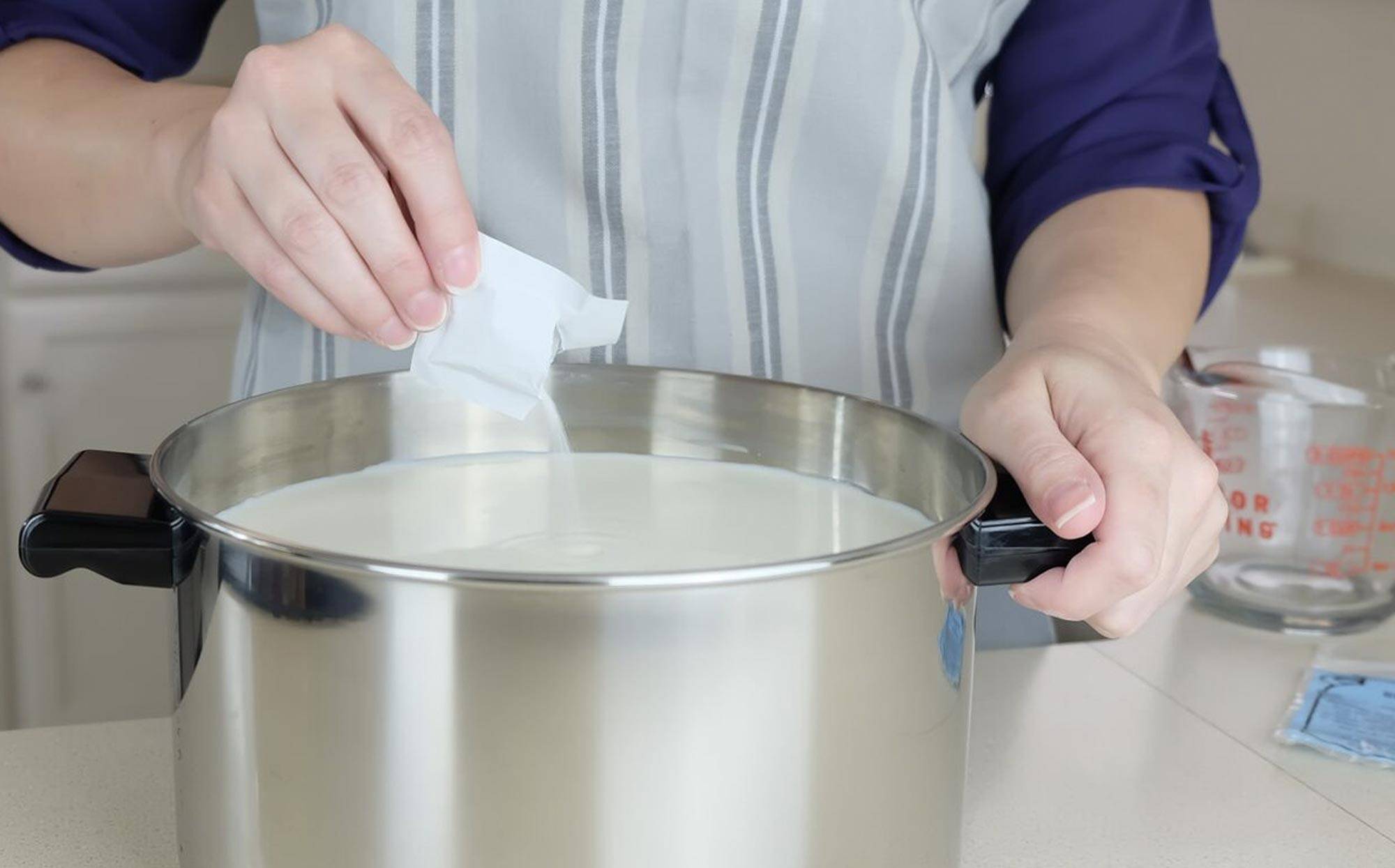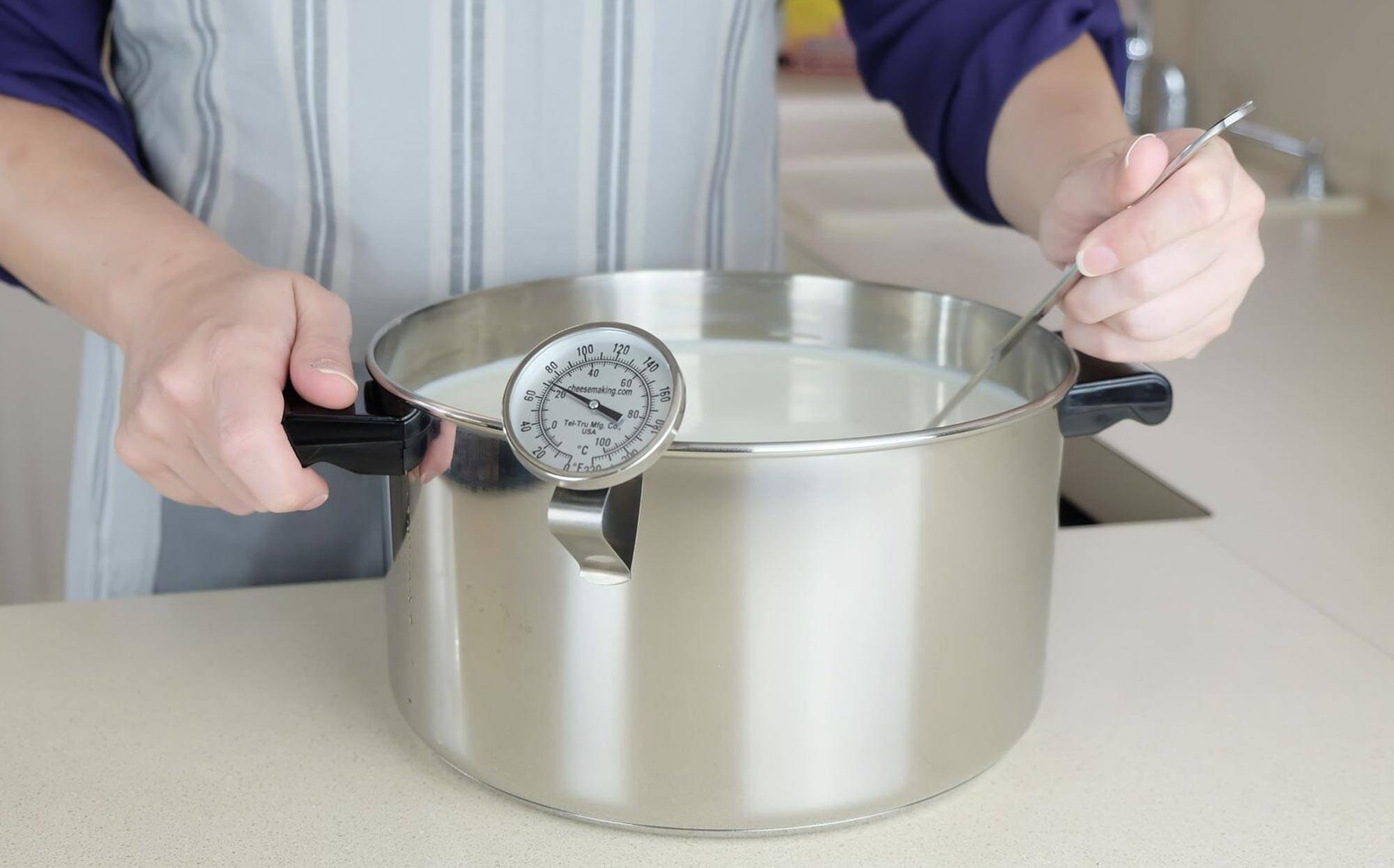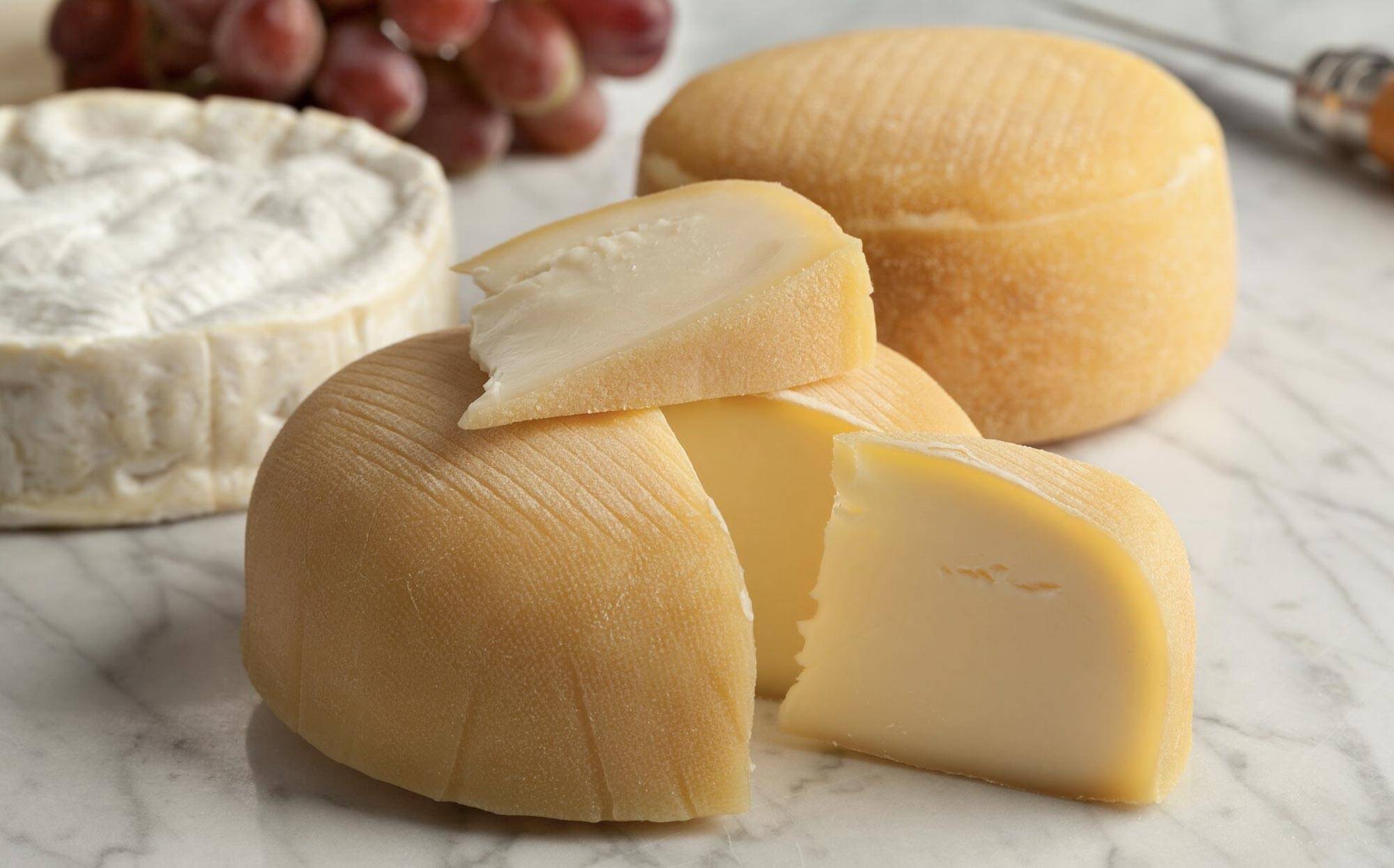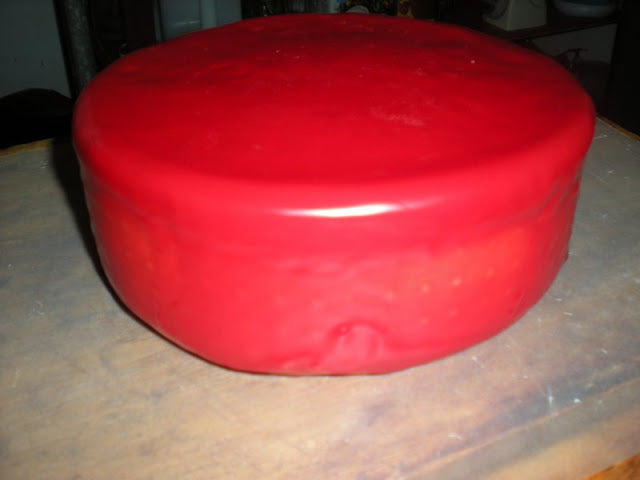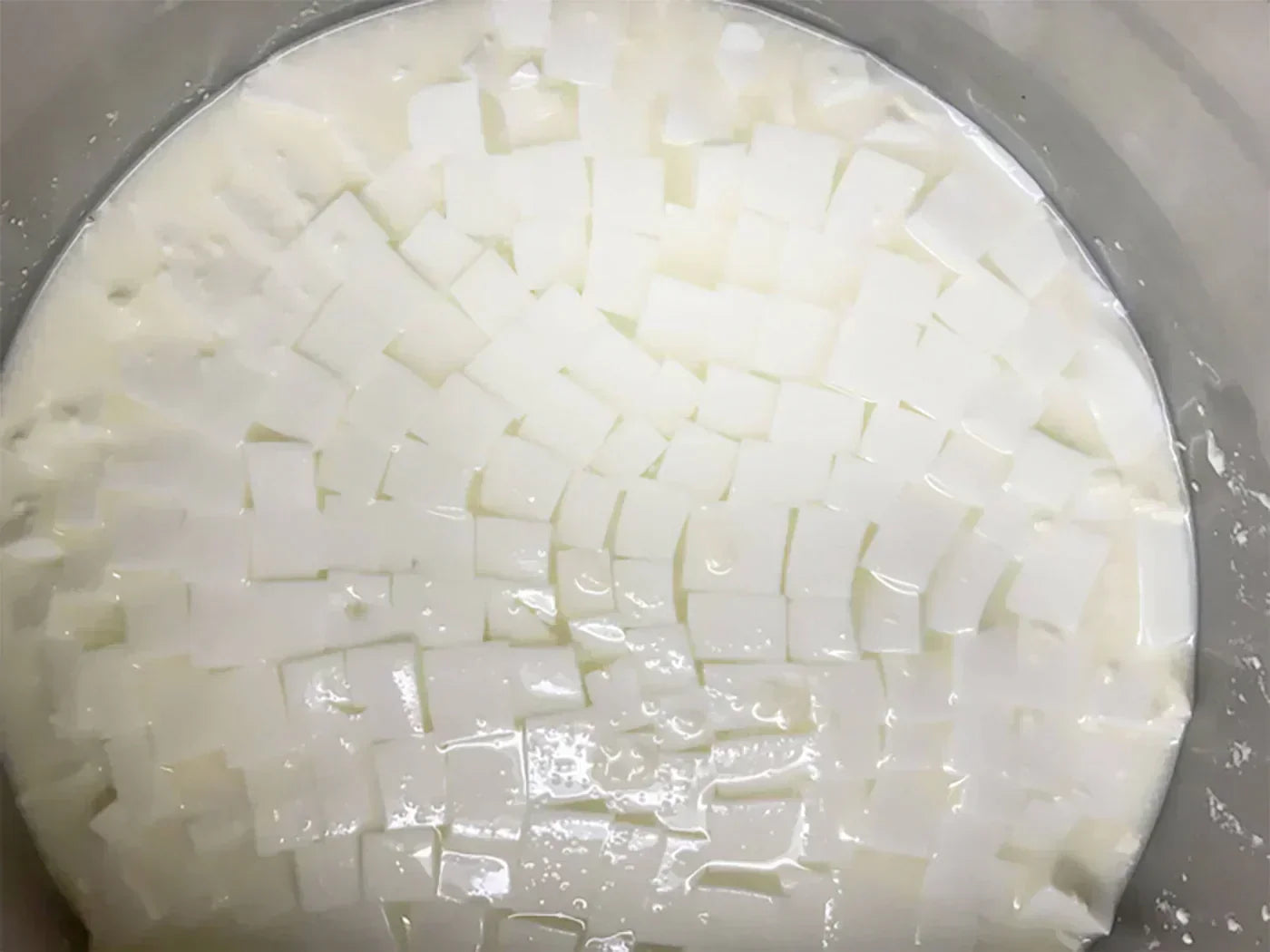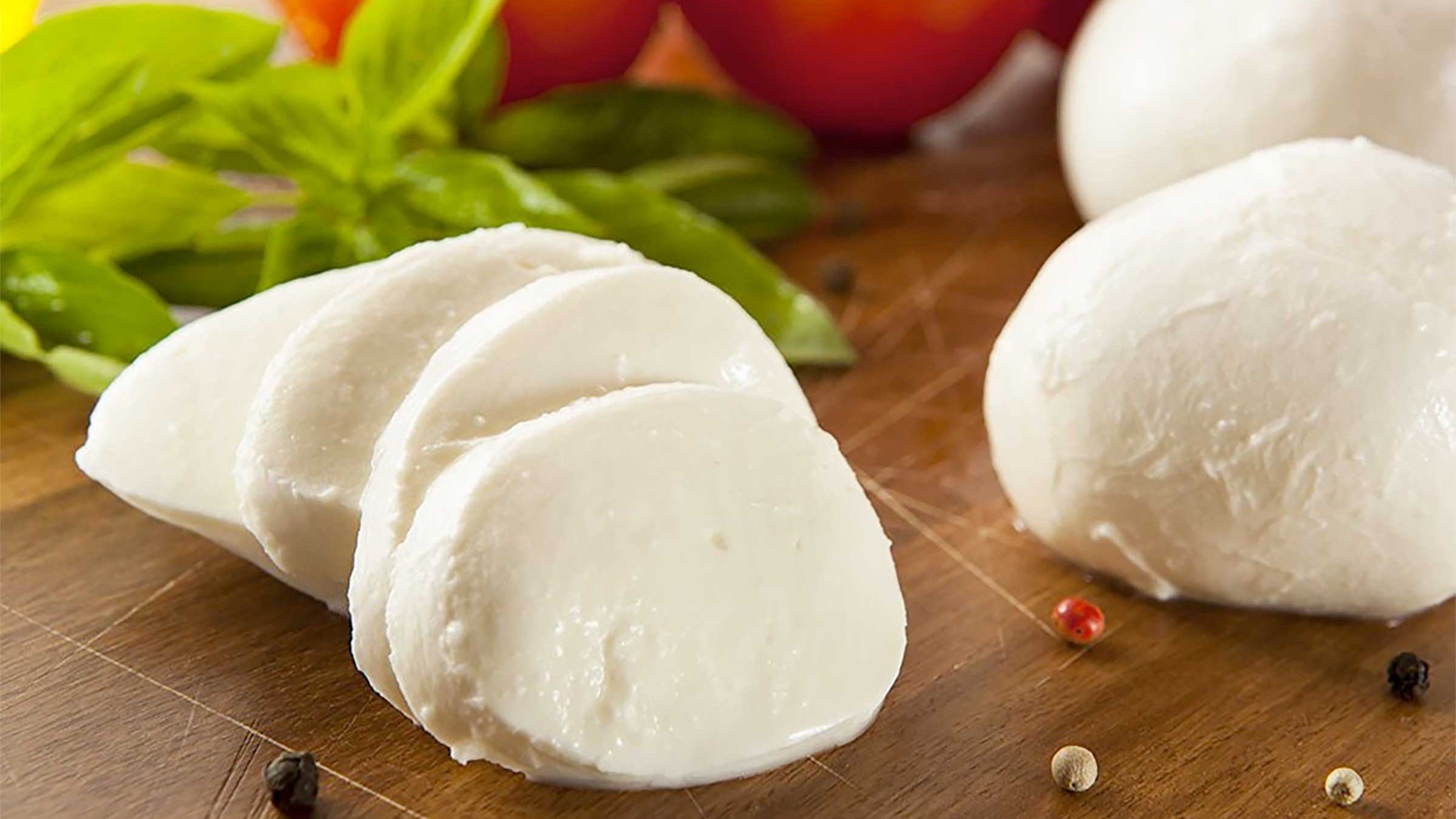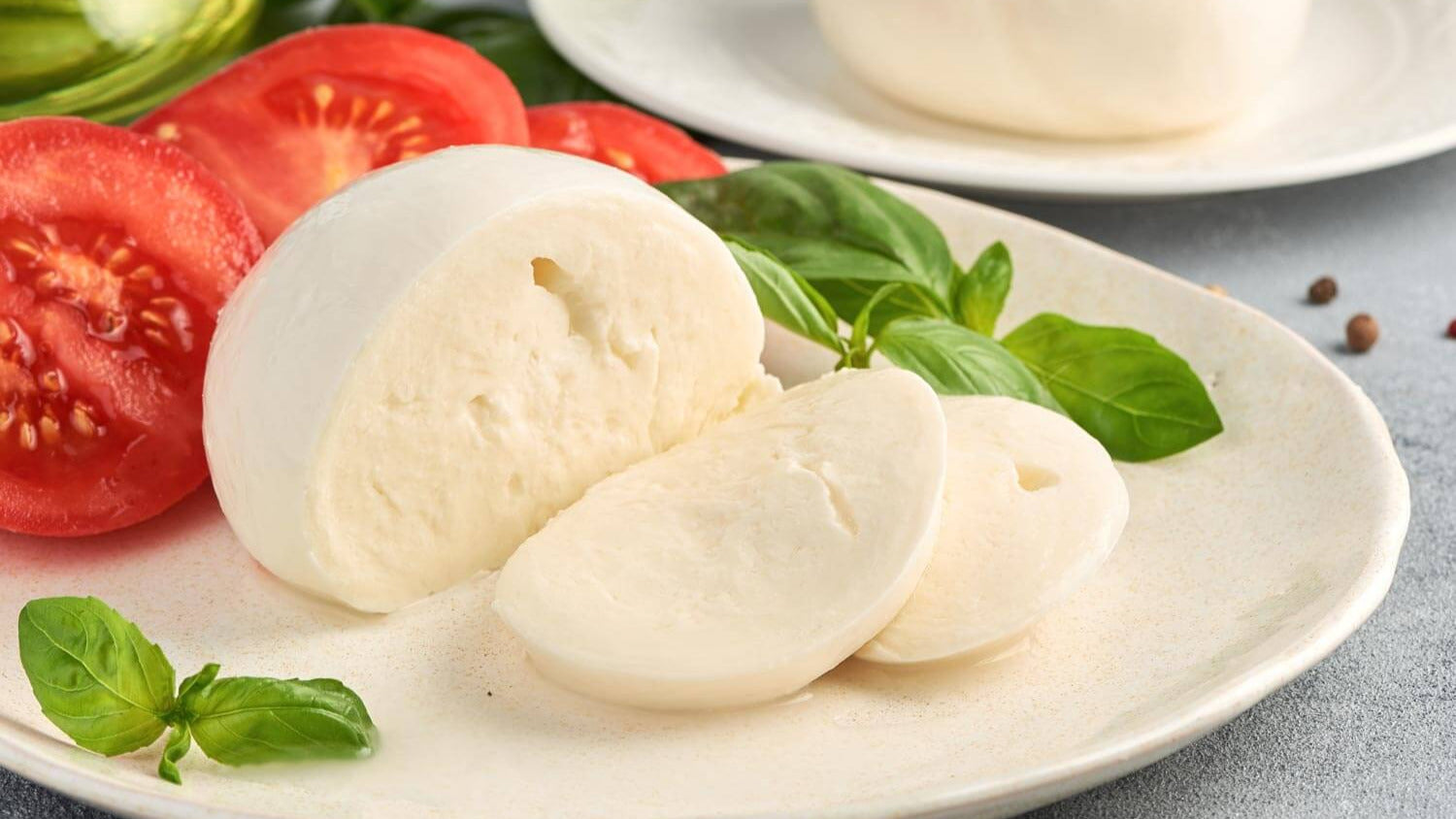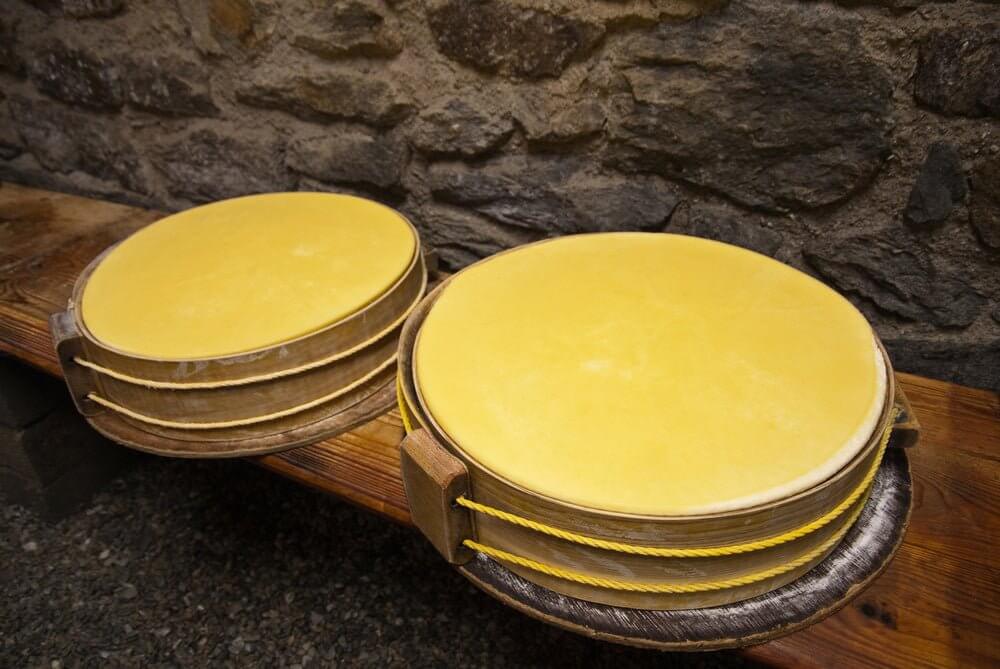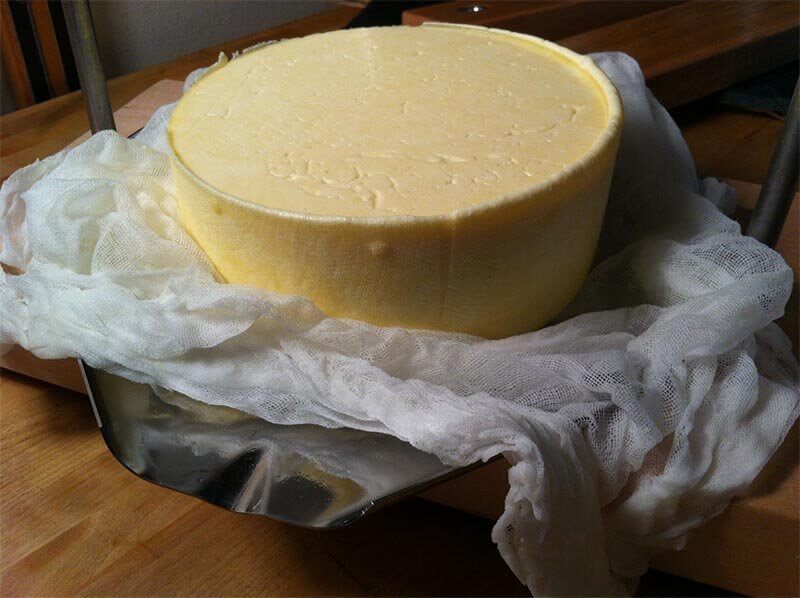It's easy and fun to make cheese at home. When starting out, there are three basic components to think about, ingredients, equipment and the process.
In this article you will learn about the ingredients used to make cheese at home. Most types of cheese only need two or three ingredients, milk, cultures and rennet. These simple ingredients will ripen the milk, form curds and whey and add flavor to the finished cheese.
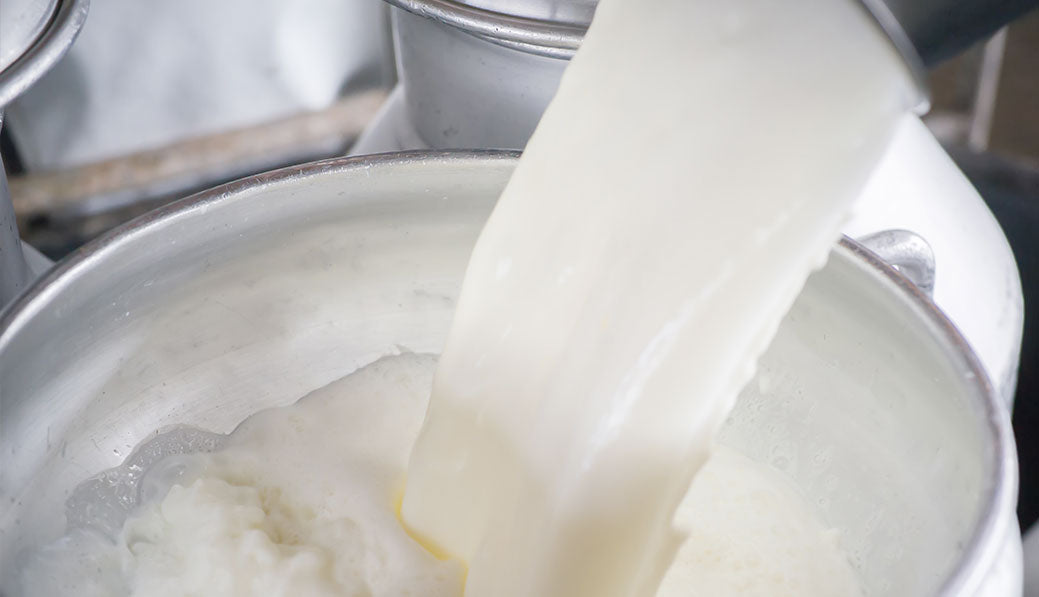
The most important ingredient in cheese making
Good Milk
Finding good milk will help you create fantastic cheese. When getting milk, you always want it to be as fresh as possible. If you have access to farm fresh, try to get that days milk, and enjoy your bounty because you are one lucky cheese maker! When using store bought milk, wait to open the container until you're ready to start. Most importantly, if your milk tastes sour or “off”, do not use it; turning it into cheese will not make it taste better.
Making cheese causes the protein part of milk solids to coagulate and produce curd. At first the curd is a soft gel-like texture because it contains all the water along with the solids. As the curds are heated, and time passes, liquid (whey) is released, and the curds condense more and more until they become cheese. Time, temperature, a variety of friendly bacteria, and enzymes determine the flavor and texture of each type of cheese.
Raw Milk
This is fresh milk straight from the dairy animal, filtered and cooled. Raw milk can make some wonderful cheese because it is so rich in flavor. In most cases you can even taste the sweetness from the pasture which the animal was grazing on. When using raw milk, the utmost care is needed since it has not been pasteurized and there is a potential for rogue bacteria to populate. The FDA requires raw milk cheese to be aged at least 60 days prior to consumption if being sold. If you are not confident in your milk source, it is good practice to pasteurize your milk prior to making cheese.
Note: The American Academy of Pediatrics advises pregnant women and children not to consume raw milk products such as milk, cheese and other dairy products to avoid any related health risks.
Pasteurized Milk
This is milk that has been heated to kill bacteria. This process was invented in the nineteenth century by scientist Louis Pasteur and is common practice today. Louis Pasteur realized that with pasteurization milk would stay fresher longer by slowing spoilage caused by microbial growth.
To pasteurize farm fresh milk, heat it to 145F, hold this temperature for 30 minutes, then cool quickly to 40F by placing the pot of milk in a sink full of ice water. While pasteurizing stir your milk for a consistent temperature throughout. Always keep a watchful eye on both the time and temperature so you eliminate all pathogens, but don't damage the milk proteins.
Ultra Pasteurized (UP) or Ultra High Temperature (UHT)
Homogenizing is a process that breaks down fat molecules in milk so cream does not rise to the top. To homogenize, milk is typically spun at a high speed in a large drum and then forced through a narrow sieve that breaks down the fat molecules. This is a common practice in most store bought milk. Any milk that does not have a cream-line on the top has been homogenized. When using homogenized milk to make cheese we recommend adding Calcium Chloride, unless your recipe says otherwise.
Reasons for homogenizing milk:
- An extended shelf life
- Easier to produce 2%, 1% and non-fat milk
- Consumer preference
- Easier to combine milk from many animals while still producing a uniform product
Cream-Line
This is milk that has not been homogenized. It is easily recognizable by the line of cream that rises above the milk, hence the term Cream-Line. It can be pasteurized or raw, but is often difficult to find in stores since consumers tend to shy away from milk that has the cream separation.
If you remember the milk man who delivered to your front door, chances are you also remember scooping off rich delicious cream from the top of your milk
Cream
Cream is the fat content from milk. There are a variety of creams available, including heavy or whipping cream, light cream and half and half. Some recipes call specifically for cream while others require milk. Due to the high fat content, cream will not work in all recipes so be sure to check your ingredient list before going to the store.
Dry Milk Powder
This is dehydrated milk and a good option for making soft cheese or yogurt when other milks are unavailable. Before purchasing, check the packaging since it may be ultra-pasteurized, which can be problematic for some types of cheese.
To re-hydrate dry milk, add 1 1/3 cups dry milk powder to 3 3/4 cups water and mix well, this will make 1 quart of milk. For a richer taste you can add 2-4oz of cream for every quart of milk.
Non-Dairy
There are many types of non-dairy milk including, Soy, Almond, Coconut, Hemp... We have customers who use these milk alternatives in cheese making with great success. We have not experimented with these milks much ourselves though we hope to in the future, and will add to this section as our knowledge grows.
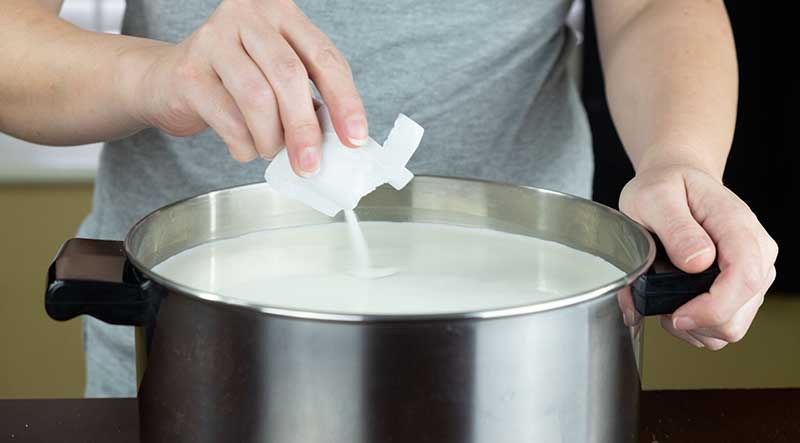
Starter Cultures for Cheese Making
Cultures
Starter cultures are friendly bacteria that help “ripen” your milk by increasing acidity levels. Since they are a key ingredient in most cheese making recipes, choosing the right one is an important step when gathering your ingredients.
Cultures work by fermenting the lactose in your milk and initiating the production of lactic acid, which enables a number of changes to take place. This fermentation helps dictate the moisture and mineral content of your curds, and has a big role in determining the taste, texture and characteristics of your finished cheese.
While following a recipe, cultures are added when milk reaches a specific temperature. Each culture has an ideal temperature at which it thrives. In order to generate good culture production these temperature guidelines will be important. The goal is to create an ideal environment for proper acid development.
What Cultures Look Like & How Long They Last
Cultures typically have a powder like consistency and come in a freeze dried form. They are usually packaged in tiny envelopes which fit easily in a freezer without taking up much room. Since cultures are freeze dried they should last for 2-3 years in a freezer, if not longer.
Mesophilic, Thermophilic, or Both
There are two basic culture categories, Mesophilic and Thermophilic. One major difference between the two is their temperature tolerance. Mesophilic requires low heat and dies off at higher temperatures while Thermophilic requires high heat and will not work properly until those temperatures are reached. Within the two categories there are different types of culture. Each cheese will need a particular type and quantity of culture, many times a combination of 2-4 cultures are used. Our custom culture packets are blended with just the right quantity of culture to make things easier for you.
Direct Set
Direct set cultures are added directly to your warmed milk. This is the easiest and most sanitary option. A few of our direct set cultures such as Chevre and Fromage Blanc also contain a small amount of rennet making the process of selecting ingredients even easier.
Re-Culturable
When using a reculturable culture you will need to create a mother culture before you begin the cheese making process. To prepare a mother culture, heat 1 quart of sterilized skim milk (72F for a Mesophilic Culture or 110F for a Thermophilic Culture) , add your culture packet, and mix well. Let your milk sit in a sterilized container with a sealed lid undisturbed for 6-8 hours. During this time the bacteria will multiply to create your mother culture. When done, the mother culture will be a thick gel-like consistency and can be used fresh or stored. To store a mother culture you can divide it into ice cube trays and freeze. Once frozen the cubes can be transferred into a sealed bag and stored in a freezer. You will then use these ice cubes as your starter culture.
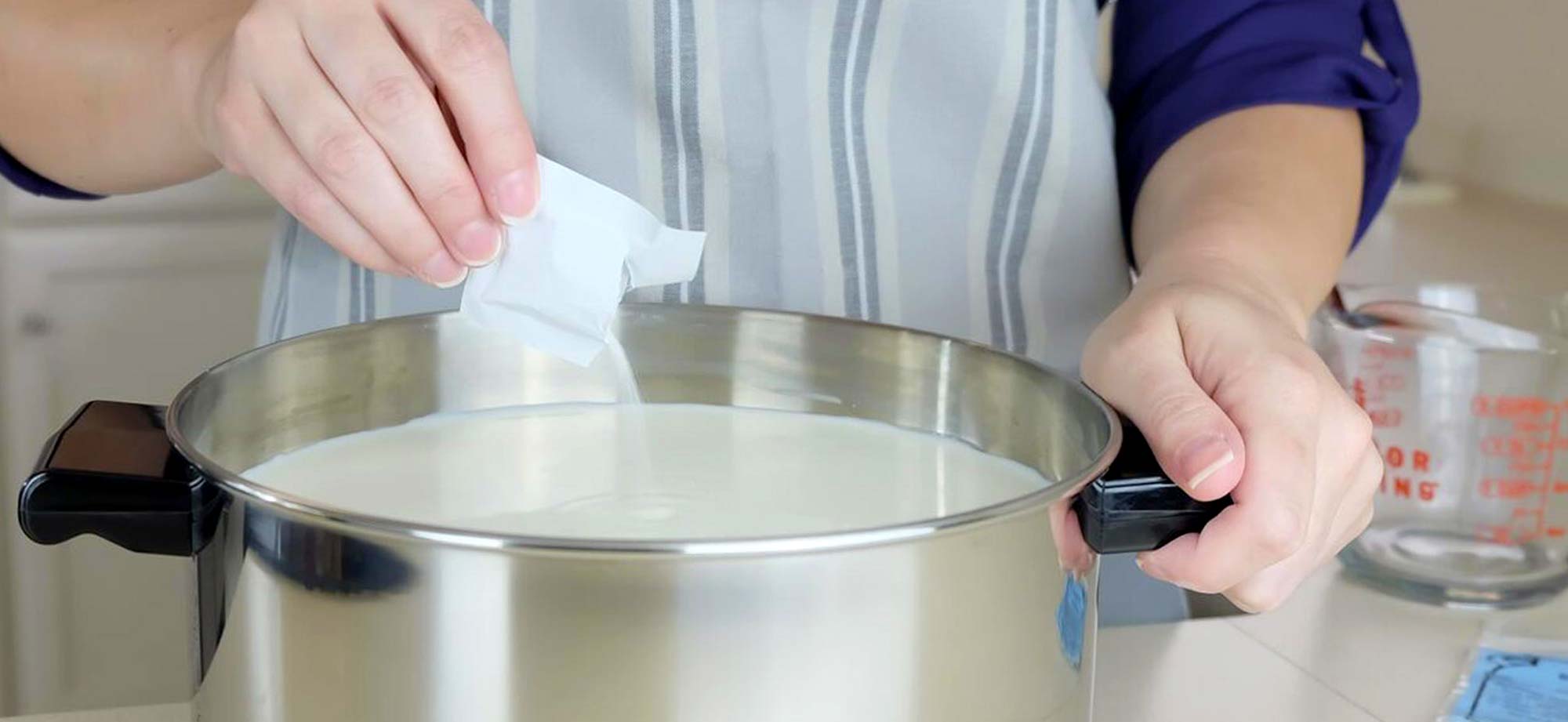
Mold Powders for Cheese Making
Mold Powders
Mold powders are added to bacterial and mold-ripened cheeses to enhance their flavor and aroma. We carry these molds in a freeze dried powder form that should be stored in a freezer for optimum shelf life.
White Mold
Common types of cheese that use white mold powder are Camembert, Brie and Triple Cream. The addition of this mold will give these types of cheese their characteristic appearance, will help help inhibit the growth of undesirable molds, and also aids in the breakdown of lactic acid to help neutralize the acidity level of cheese and greatly influences its taste and structure. In addition it contributes to the ripening process, especially in regards to flavor.
Blue Mold Powder
Blue Molds are quite recognizable in a finished cheese The interior modeling and/or exterior surface growth of a blue cheese is caused by this mold. When used it will also help to prohibit the growth of undesirable molds and contributes to a cheeses piquant taste and creamy texture.
Red Linens (Red Mold)
This bacterium is used frequently in a washed rind cheese such as Limburger or Munster, and will produce a yellow to orange rind. It also contributes to both texture and flavor.
Proprionic Shermanii
Proprionic will produce the characteristic eyes (holes), aroma and flavor associated with Swiss, Gruyere and Emmenthal style cheese. The success of this culture will depend on a warm aging period after an initial short ripening time. Aging details should be included in recipes that call for this culture. When using Proprionic a mesophilic or thermophilic culture will also been needed to convert the lactose and produce acid.

Rennet for Cheese Making
Rennet
Rennet in an enzyme used to coagulate milk. When added to milk it causes the proteins to solidify and your milk will separate into curds and whey. Naturally, milk will solidify on its own if left out, this is due to high acid development. The reason you add rennet is to solidify your milk prior to acid levels rising too high and creating an off flavor. Adding rennet at the correct “ripening” time helps keep milk sweet by solidifying it quickly.
Rennet is available in many forms including liquid, tablet and powder. It can be derived from either animal or vegetable. Animal rennet is more traditional but vegetable rennet has been growing in popularity over the years. Choosing which type of rennet to use is typically based on personal preference.
To learn more about rennet visit our complete guide on rennet for cheese making including information about types of rennet, techniques & troubleshooting.
Animal Rennet
This is the most traditional form of rennet and has been used for centuries. Animal rennet is derived from the lining of the fourth stomach of a calf, which contains both rennin and pepsin enzymes.
Vegetable Rennet
Vegetable rennet can be derived from many different organisms. A common source is Mucur Miehei. Other common sources include Fig, Thistle, Nettle, Butterwort, Knapweed, Mallow, Teasel and Yarrow.
Liquid Rennet
This is our most popular form of rennet since it’s easy to measure and mixes into milk quickly. Liquid rennet should be stored in the refrigerator when not in use. Depending on the type of rennet, it will last anywhere from 4-12 months in the refrigerator. If you have older rennet in your fridge you may want to try it out before tossing it. Although rennet will drop in potency over time it shouldn’t go bad, you may just have to double or triple the amount you use.
Tablet Rennet
Rennet In tablet form has the longest shelf life. For optimum storage you can keep it in your freezer where is will last for five or more years. When not stored in a freezer it should last about one year. When using tablets they will need to be crushed and dissolved in water before being added to milk for even dispersion in your milk.
Powdered Rennet
Powdered rennet has a shelf life of about one year and stores best at 38-45F. This is a great form of rennet to use in hotter climates since it is easy to measure and is not as sensitive to temperature fluctuation as liquid rennet.
Junket
This is a weak form of rennet. Although it is possible to curdle milk with junket and to use it in some soft cheese making, it is not great to use when making hard-cheese. Cheese rennet tablets are at least four to five times stronger than junket rennet tablets.
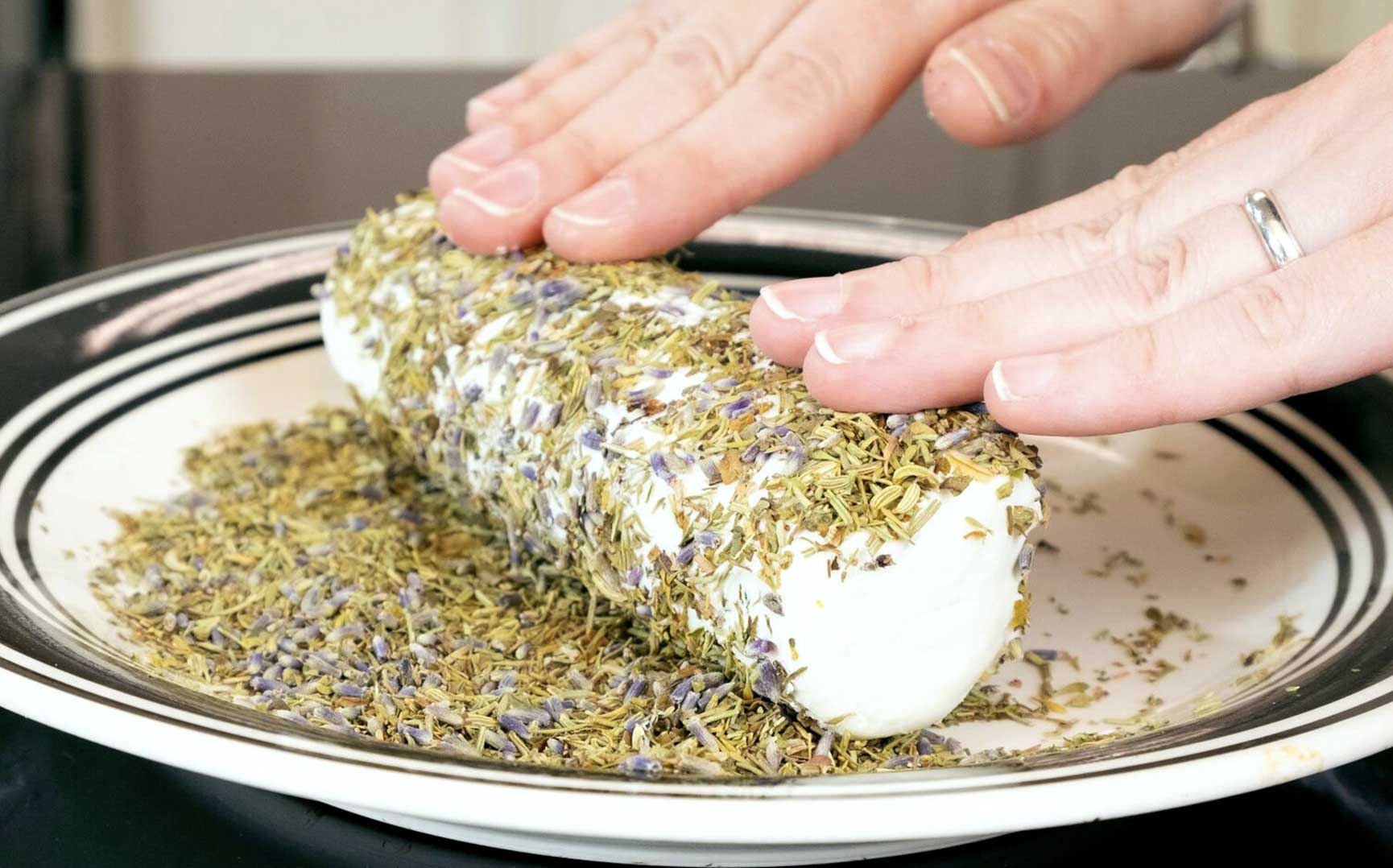
Additives for Cheese Making
Additives
In this section we have listed many common additive that can be used when making cheese. Certain types of cheese will require an additive or two in the recipe. Other times you may want to add one, possibly for extra flavor or visual appeal. Many times the addition of these additives will help make your cheese come to life with its own unique characteristics. Once you feel comfortable with a recipe, don’t be afraid to think outside of the box and play around with different additives. Chances are you could be wonderfully surprised and create your own signature cheese.
Coloring
If you or your family is accustomed to a yellow or orange hue to cheese you may want to add annatto to your ingredient list. When working with farm fresh milk, cheese will naturally have a warm yellow glow. When working with store bought milk, cheese will typically stay whiter, for this reason many families will add annatto to their store bought milk when making hard cheese. A fun thing to try with annatto is splitting your milk between two pots and coloring only one of the pots. When filling your mold alternate between the two curds and you will have a marbled cheese. Annatto coloring is a safe vegetable dye derived from the seeds of Bixa Orellana, a South American Shrub.
Cheese Salt
Salt can enhance the flavor of cheese. Some recipes call for it to be added to fresh curds, milled curds before pressing, used in a salt brine for after pressing, or even sprinkled or gently rubbed onto the surface of your cheese. Cheese salt has many important functions. It draws moisture from the curd, helps drain whey by causing curds to shrink, inhibits the growth of lactic bacteria toward the end of the cheese-making process, and acts as a preservative by suppressing the growth of undesirable bacteria.
Herbs & Spices
Herbs and spices are a wonderful addition to many types of cheese. We have seen a wonderful variety of combinations that are both delicious and beautiful. Many of our customers have sent in photos of their favorites (link to customer page). You can make a wonderful presentation with fresh cheese by rolling the edges in herbs or you can mix the herbs throughout. Some of our favorites are herbs de provence, chives, pepper, parsley, thyme, garlic, dill, oregano, basil, sage… with this the sky is the limit. For a hard cheese we really enjoy dried pepper blends, caraway seeds and cumin. With hard cheese herbs are typically added to the curds when filling your molds with curd.
Calcium Chloride
This is a salt solution used to restore balance to the calcium in milk which has been heat treated. Any milk that has been pasteurized and cold stored should have Calcium Chloride added. Since the calcium originally in milk can become soluble and won’t be able to form a firm curd, the result can be a weak curd formation in store bought milk. We also suggest using calcium chloride when using goats’ milk since it tends to produce a weaker curd. One exception to the use of calcium chloride is with any cheese that needs to be stretched, as in Mozzarella and Provolone. Since the addition can interfere with the final stretching phase.
Acids
Two common acids when making soft cheese are Citric Acid and Tartaric Acid. Both are naturally derived and aid in the process of acid development in cheese making. Citric Acid is commonly used when making both Ricotta and thirty minute Mozzarella, while Tartaric Acid can be used when making Mascarpone.
Lipase
Lipase is a natural enzyme, and can be added to many types of Italian cheese to help elevate their flavor. Some cheese tends to be mild in taste and the addition of lipase will help give it more complexity. We carry both a mild calf lipase to use in cheese such as Mozzarella, Feta and Parmesan, as well as a sharp lamb lipase to use in cheese such as Romano and Provolone. Lipase is a cold stored powder and keeps best in the freezer for up to 6 months.
Ash
Otherwise known as activated charcoal, ash is a food grade charcoal. When applied to the rind of a soft cheese it will help neutralize acid levels and quicken the drying time. Neutralizing acid levels can help improve proper mold growth on your cheese. This is most commonly used on soft ripened goat cheese. If you are seeing inconsistent or very little mold growth on your cheese you may want to try applying ash the next time.
Learn More About Cheese Making
MOST POPULAR CONTENT
Cheese Makers Also Read
Cheese Making Recipes
Make Your Favorite Cheese
Learn how to make 30 Minute Mozzarella, in your own kitchen. With just a...
Make 30 Minute Mozzarella right at home with a simple water batch method...
This wonderful recipe goes above and beyond traditional Alpine style che...
This recipes focus is on making an Alpine style cheese, but not followin...



